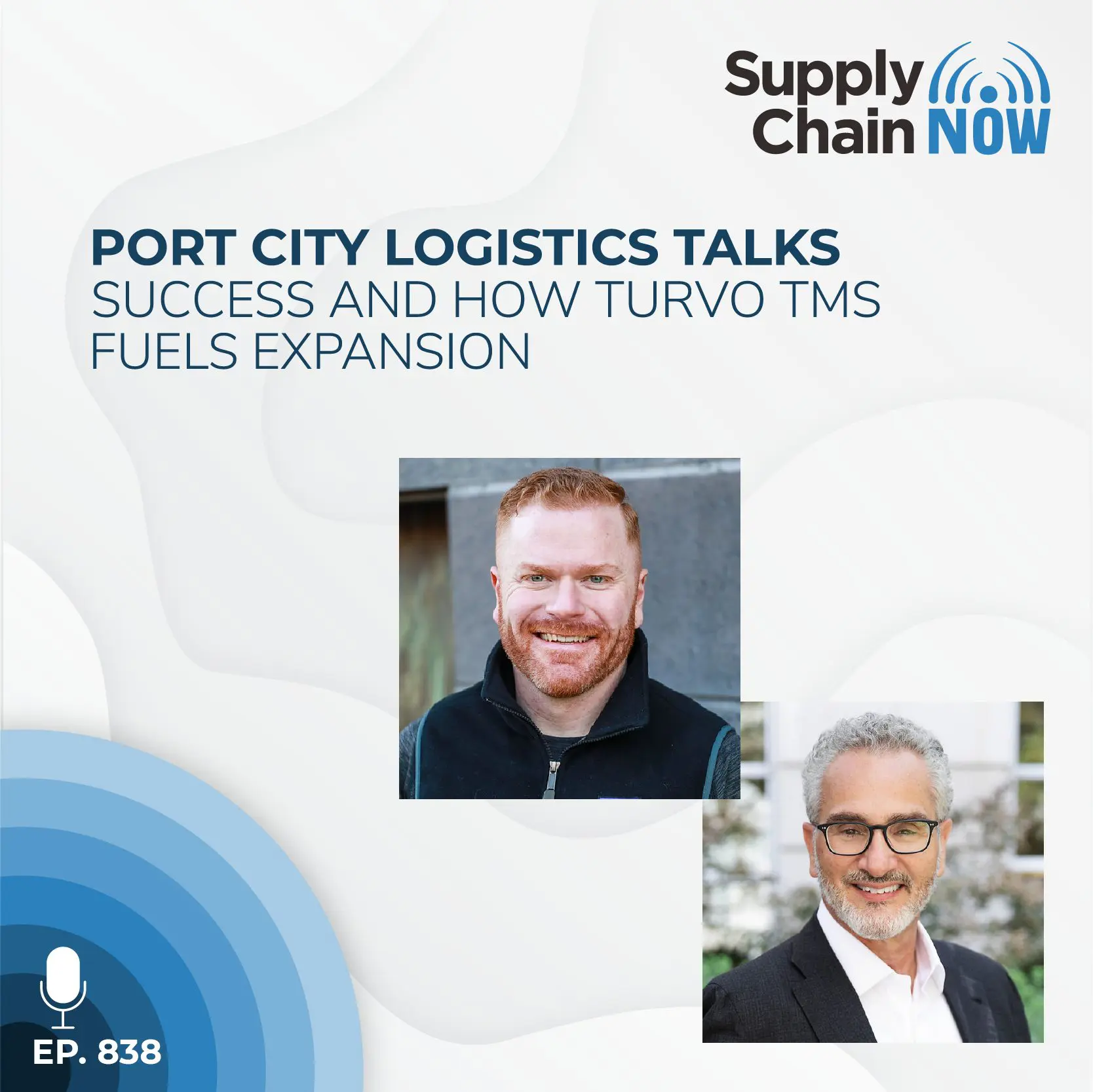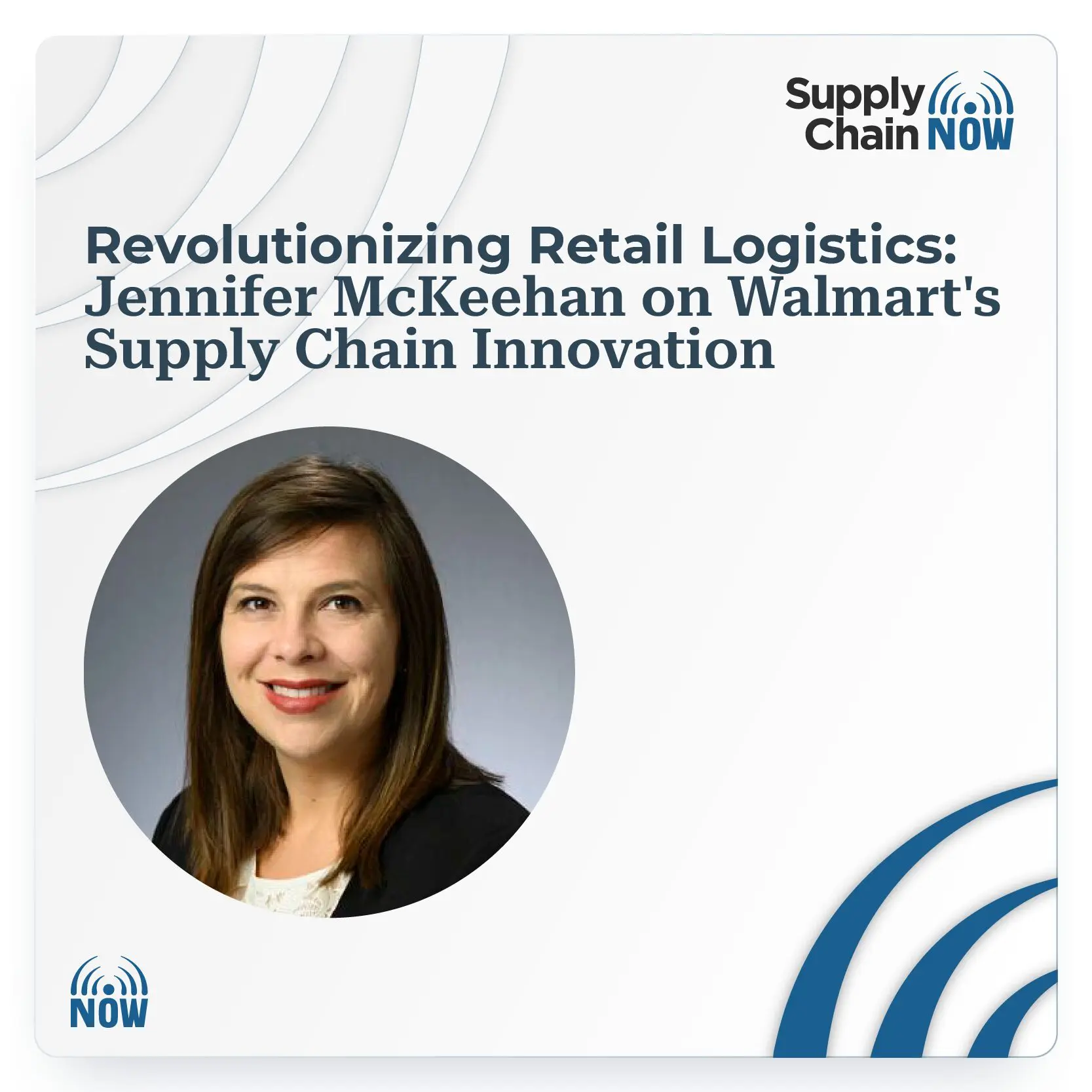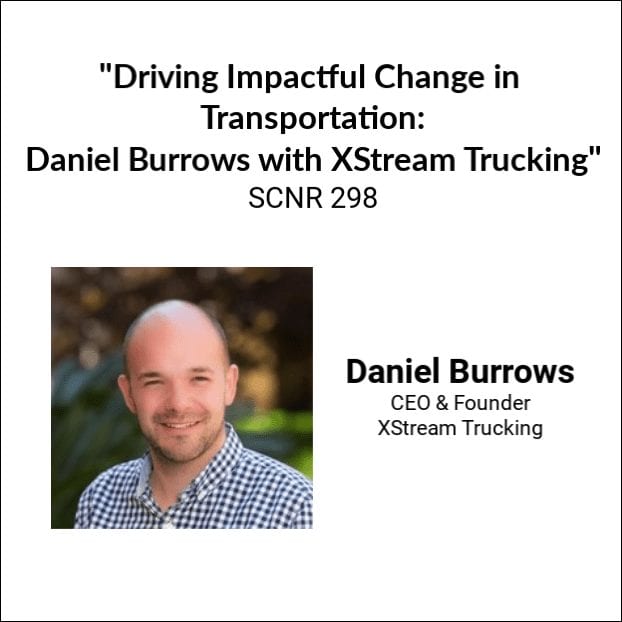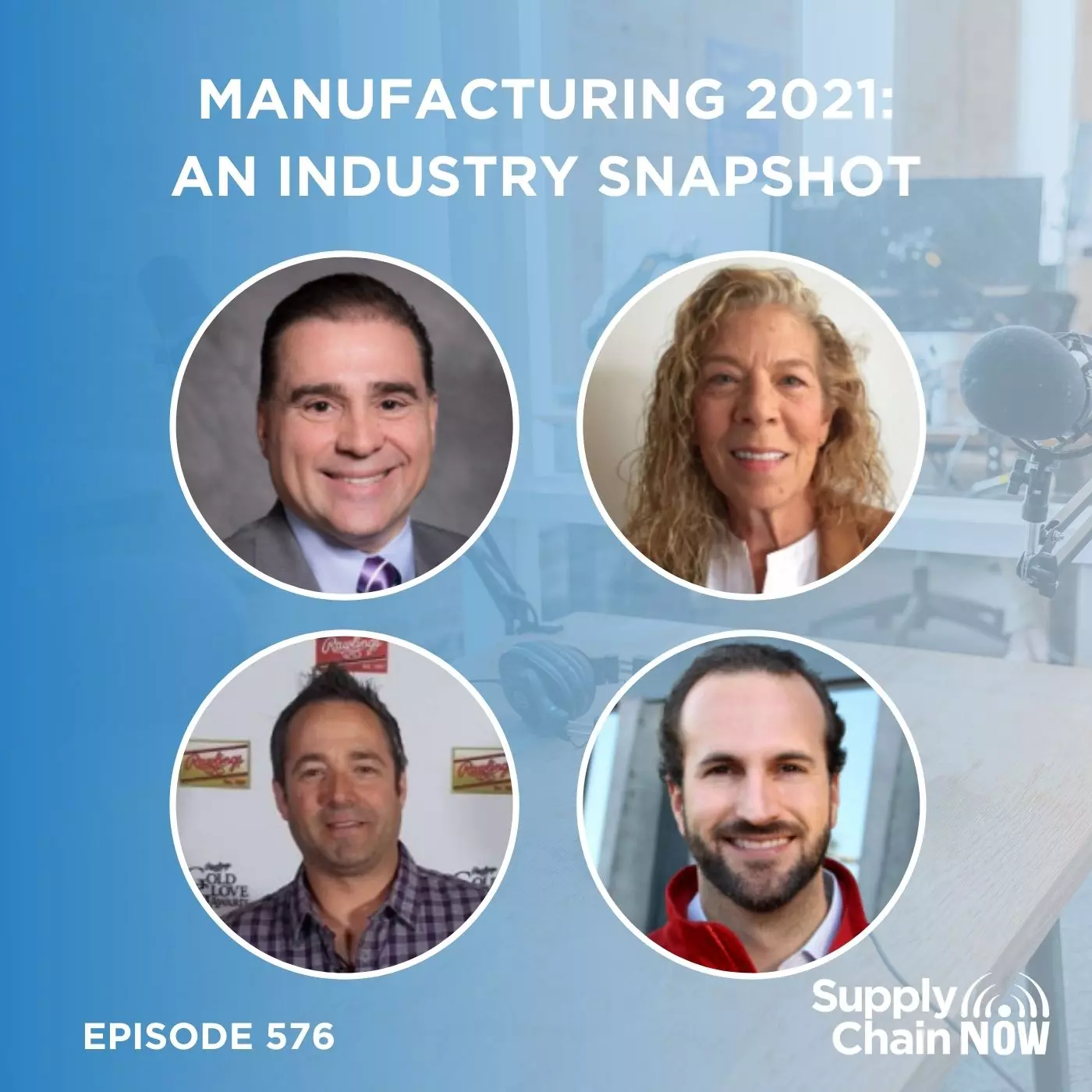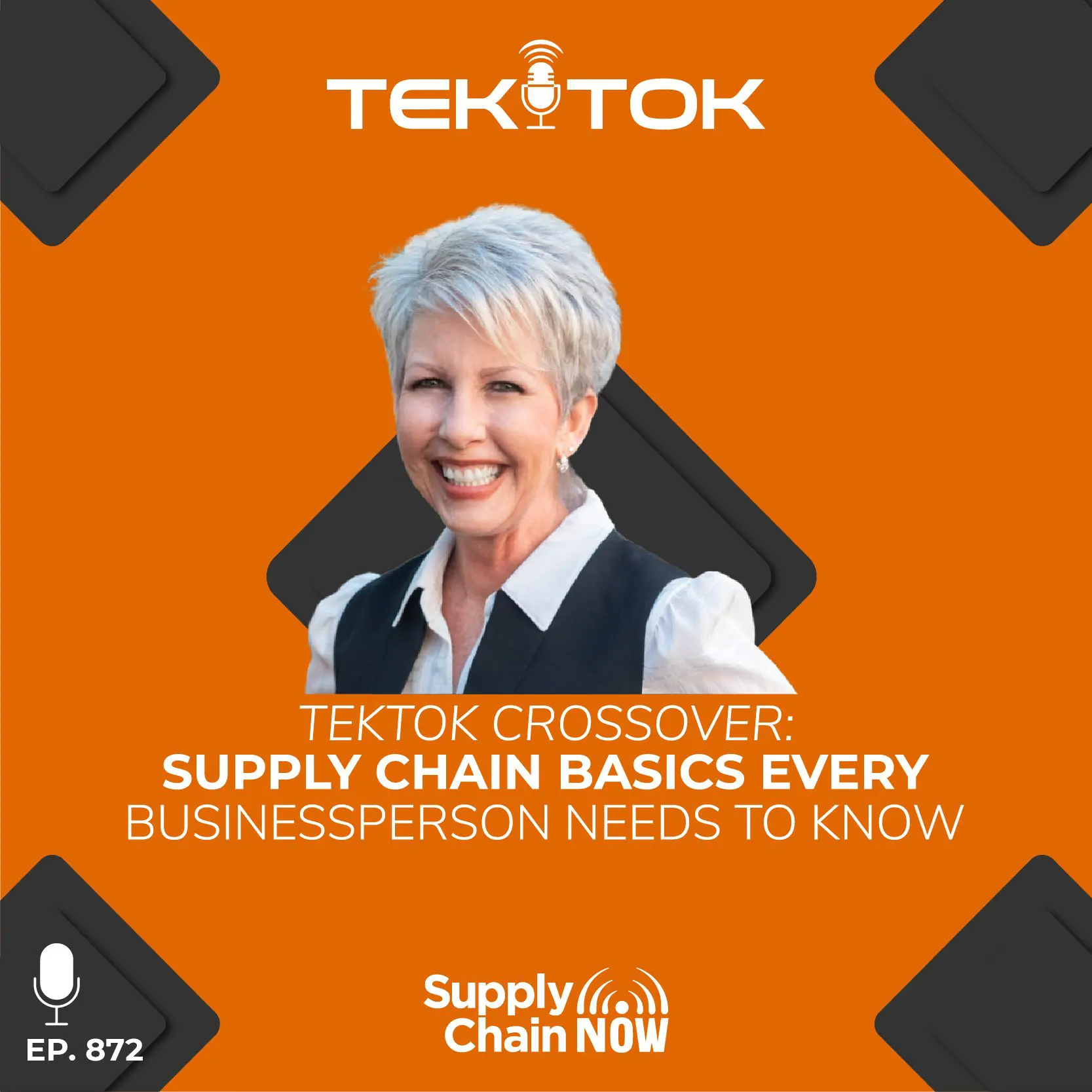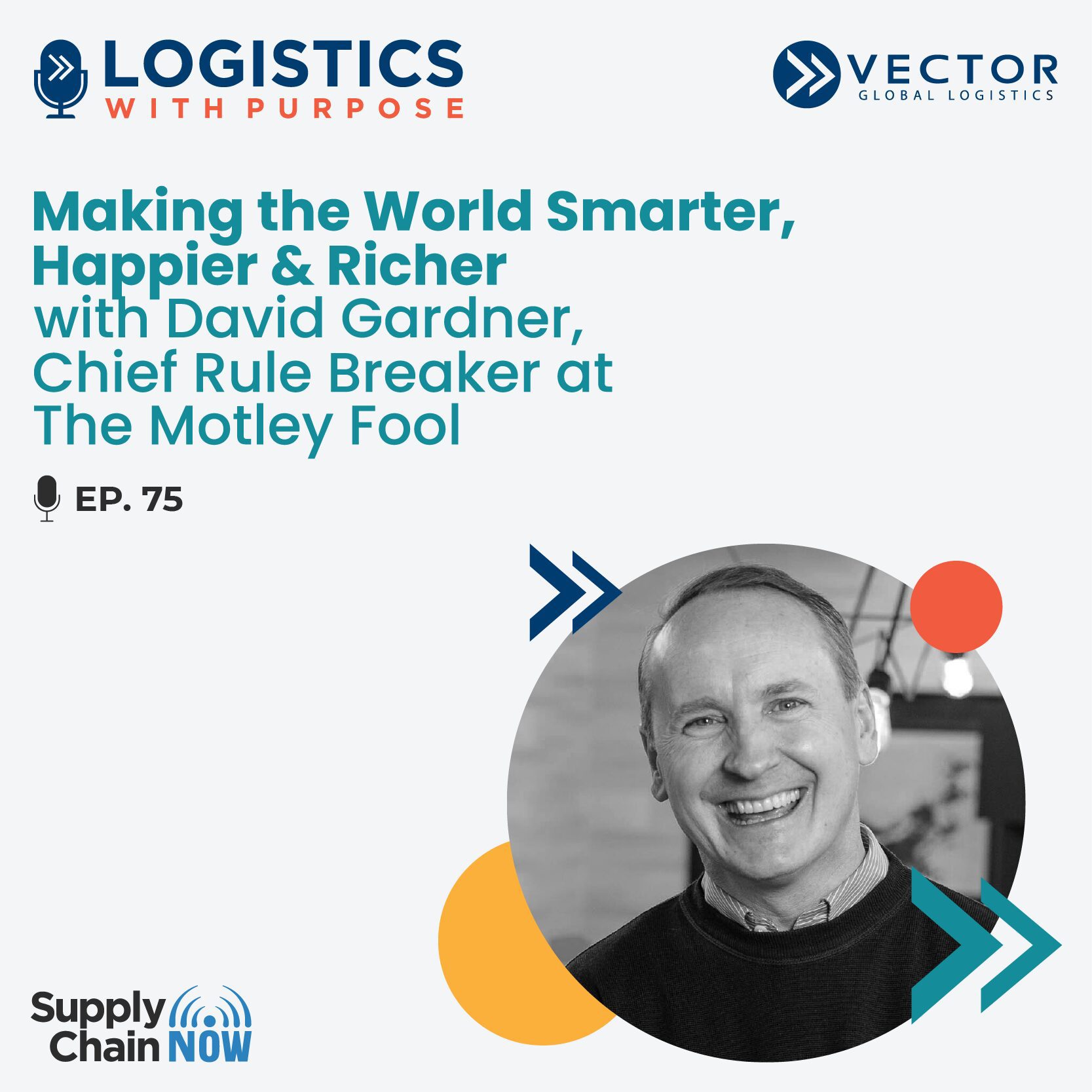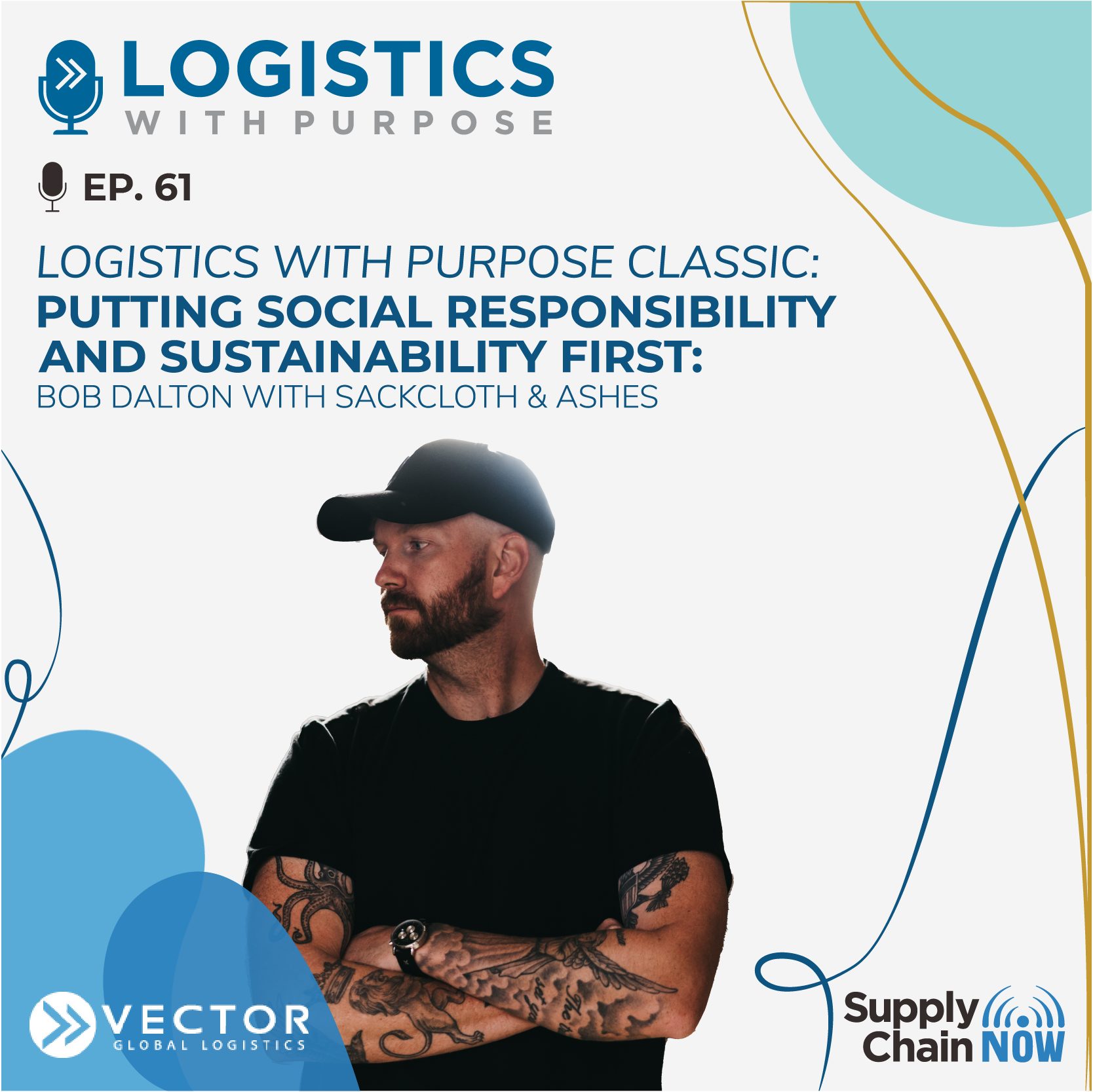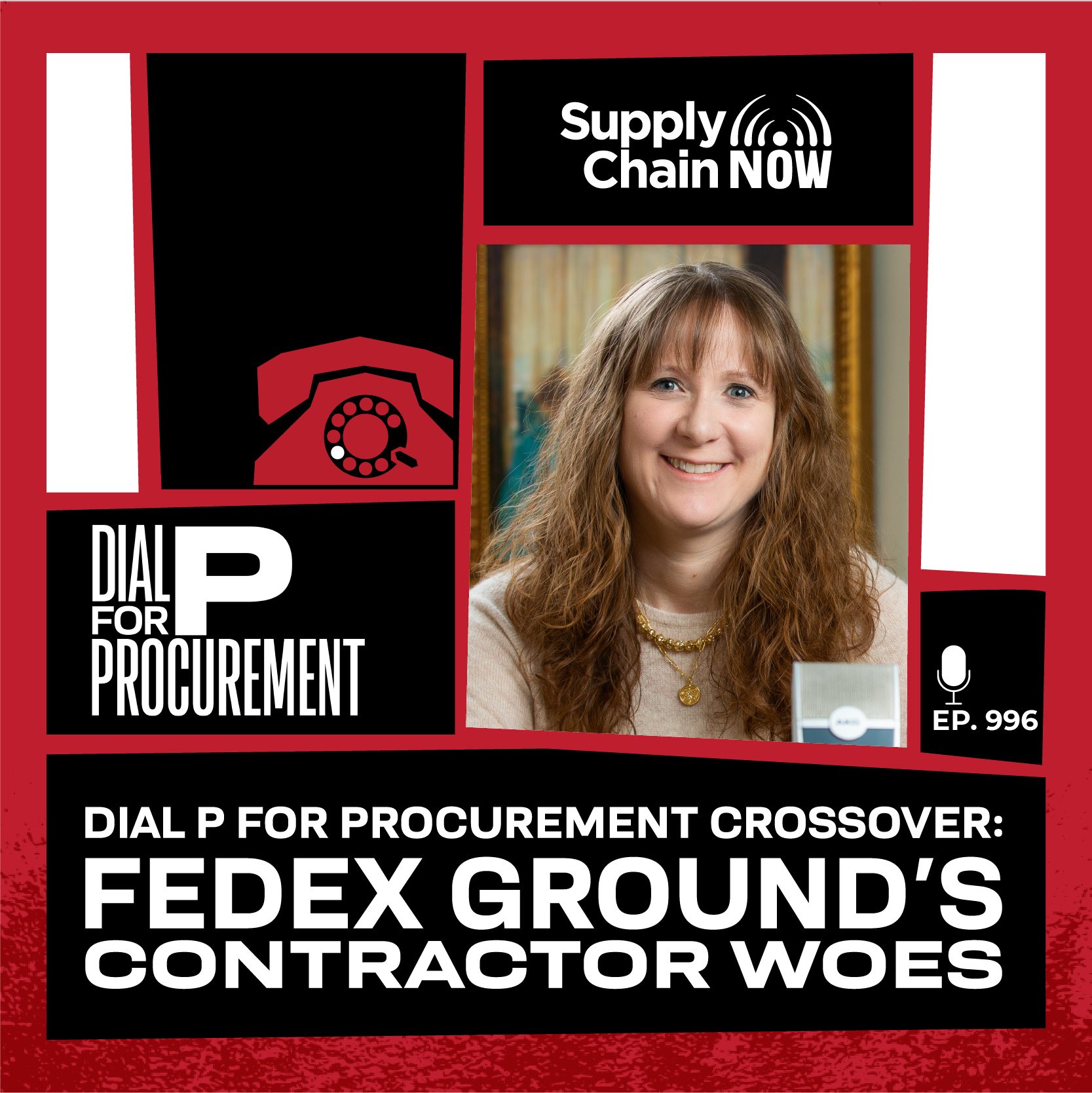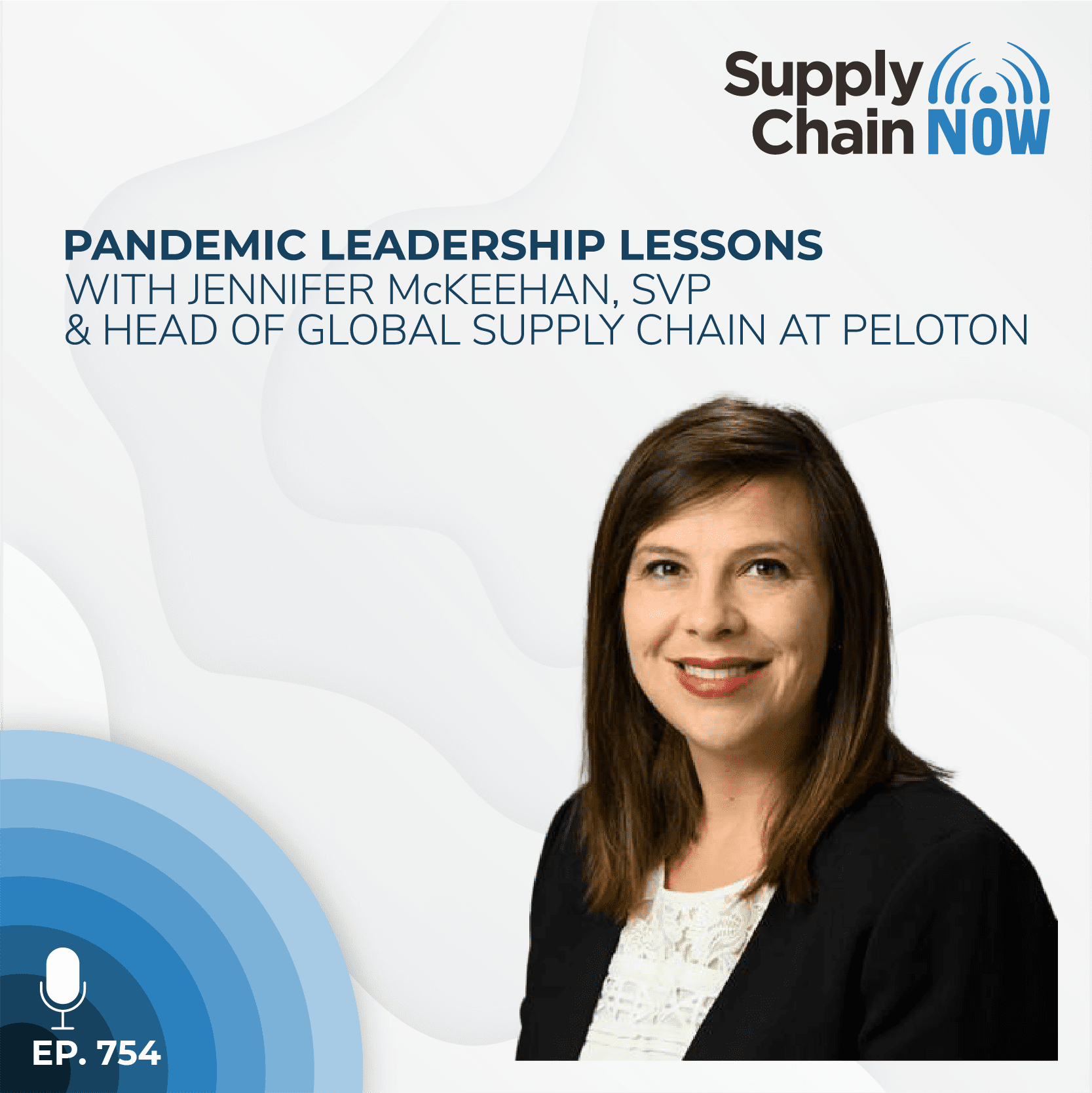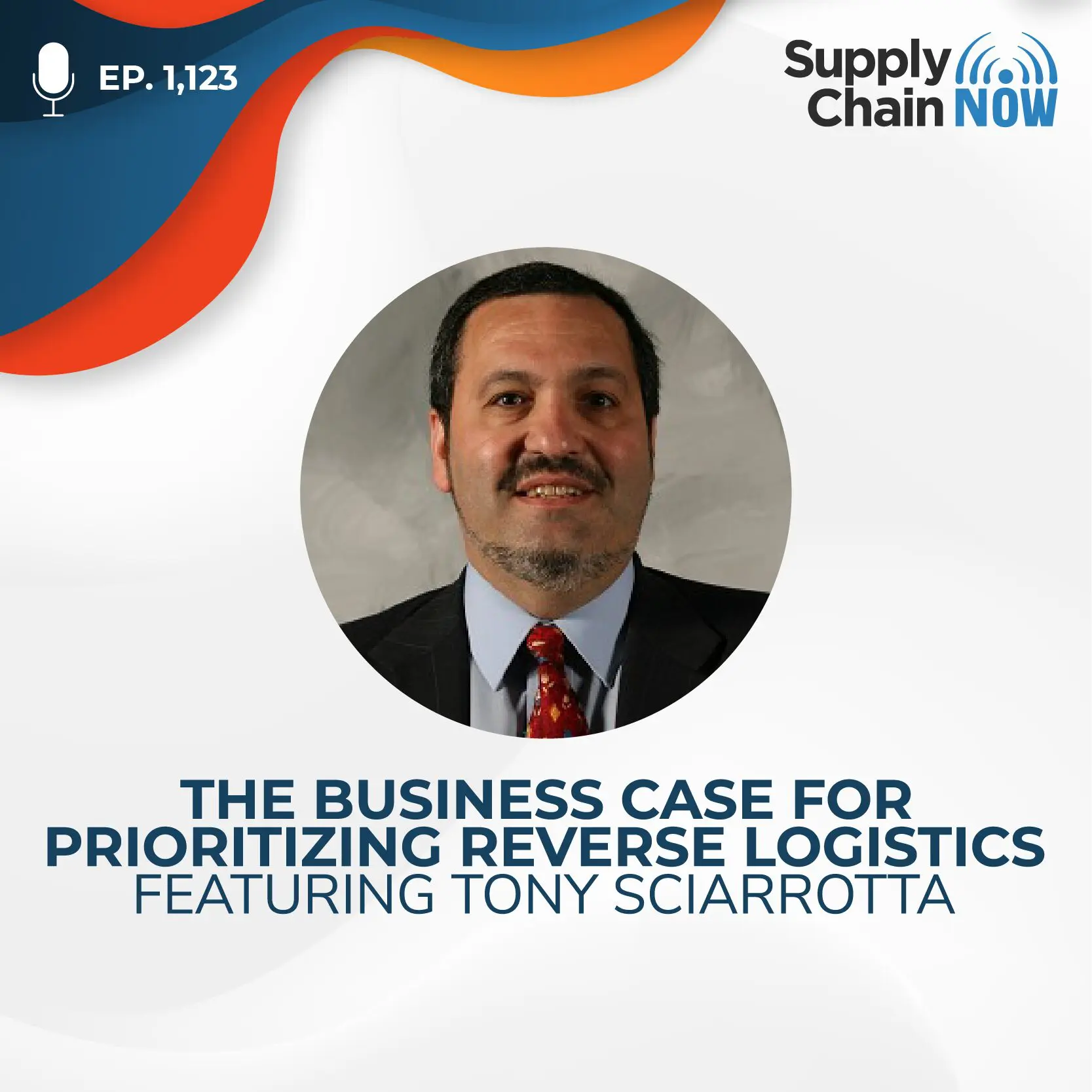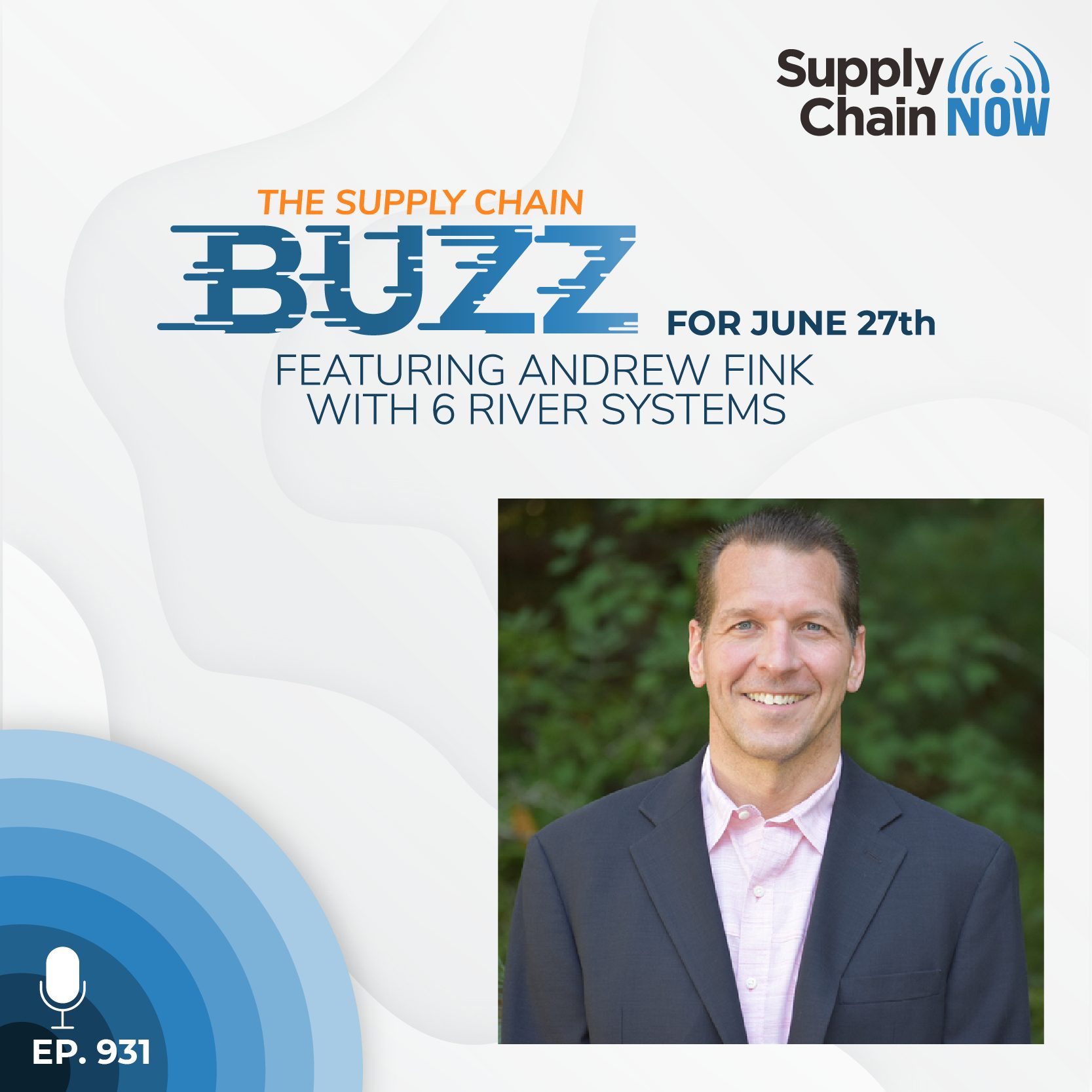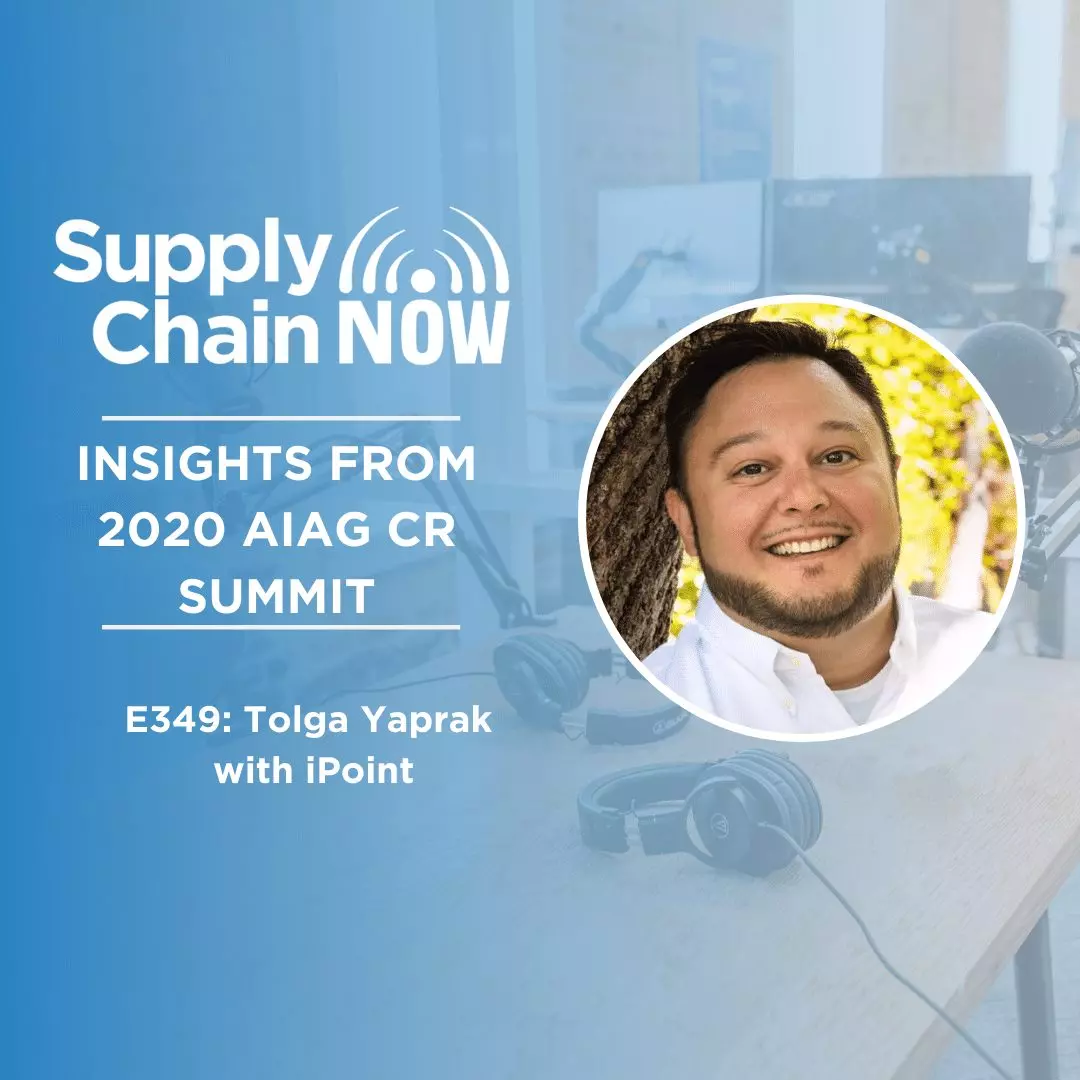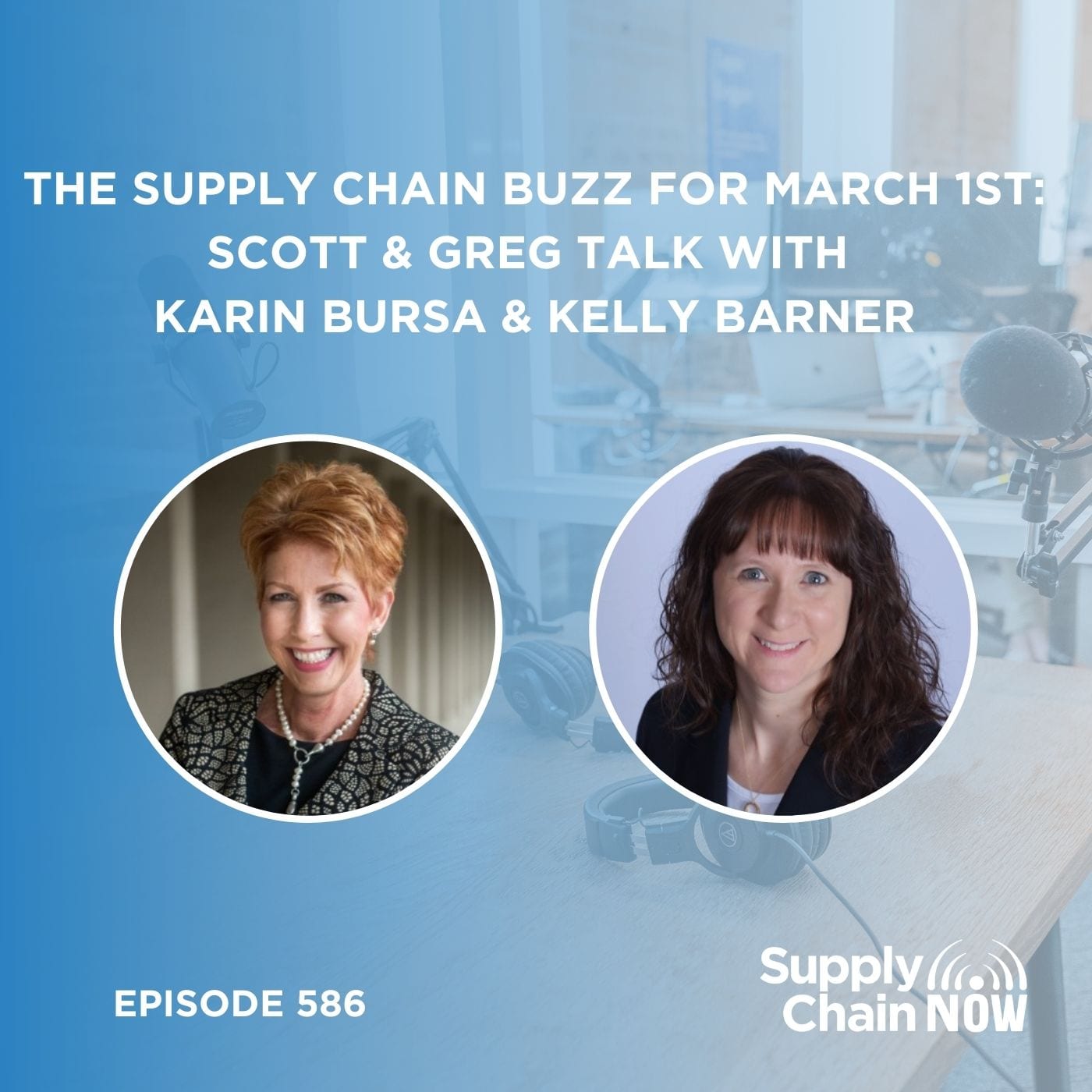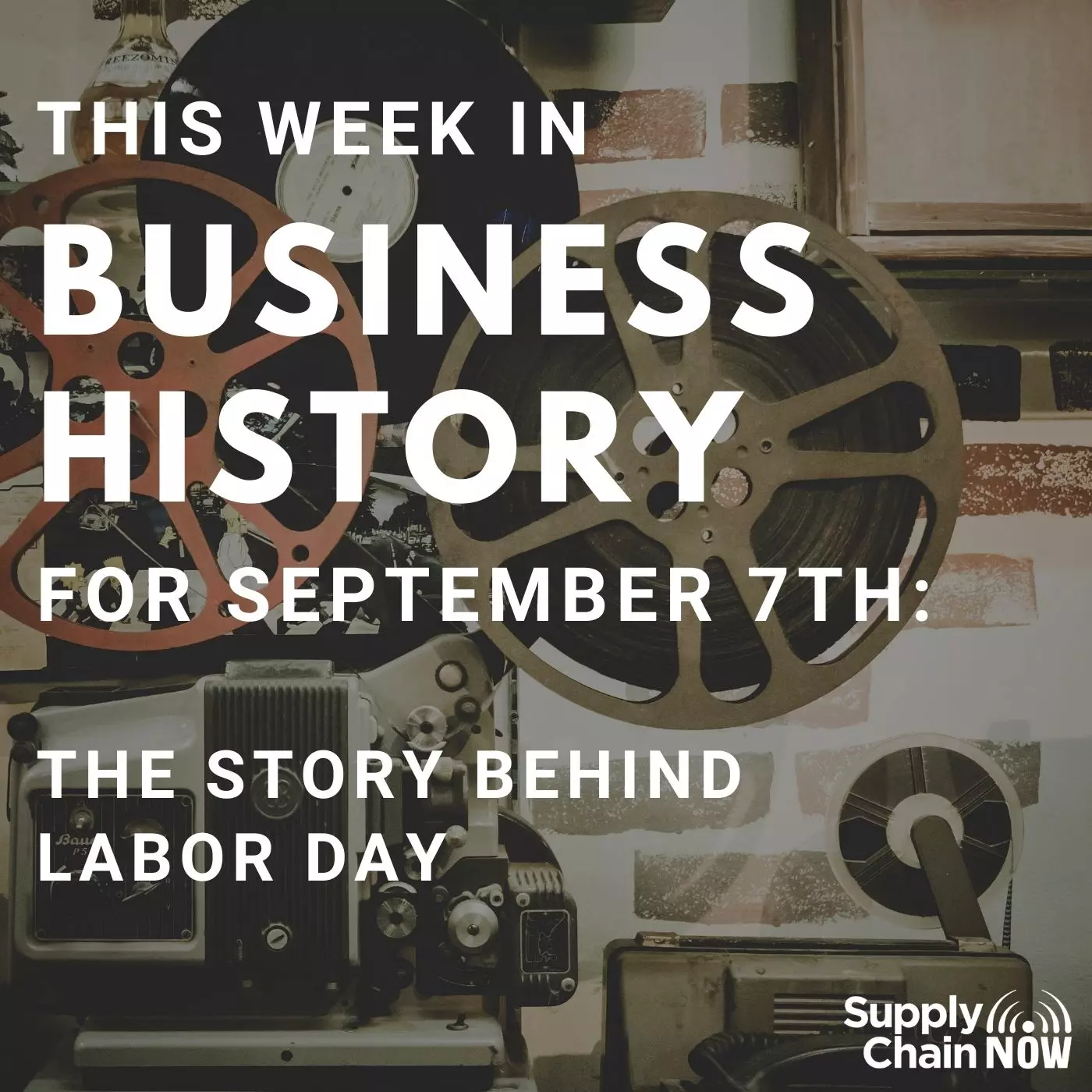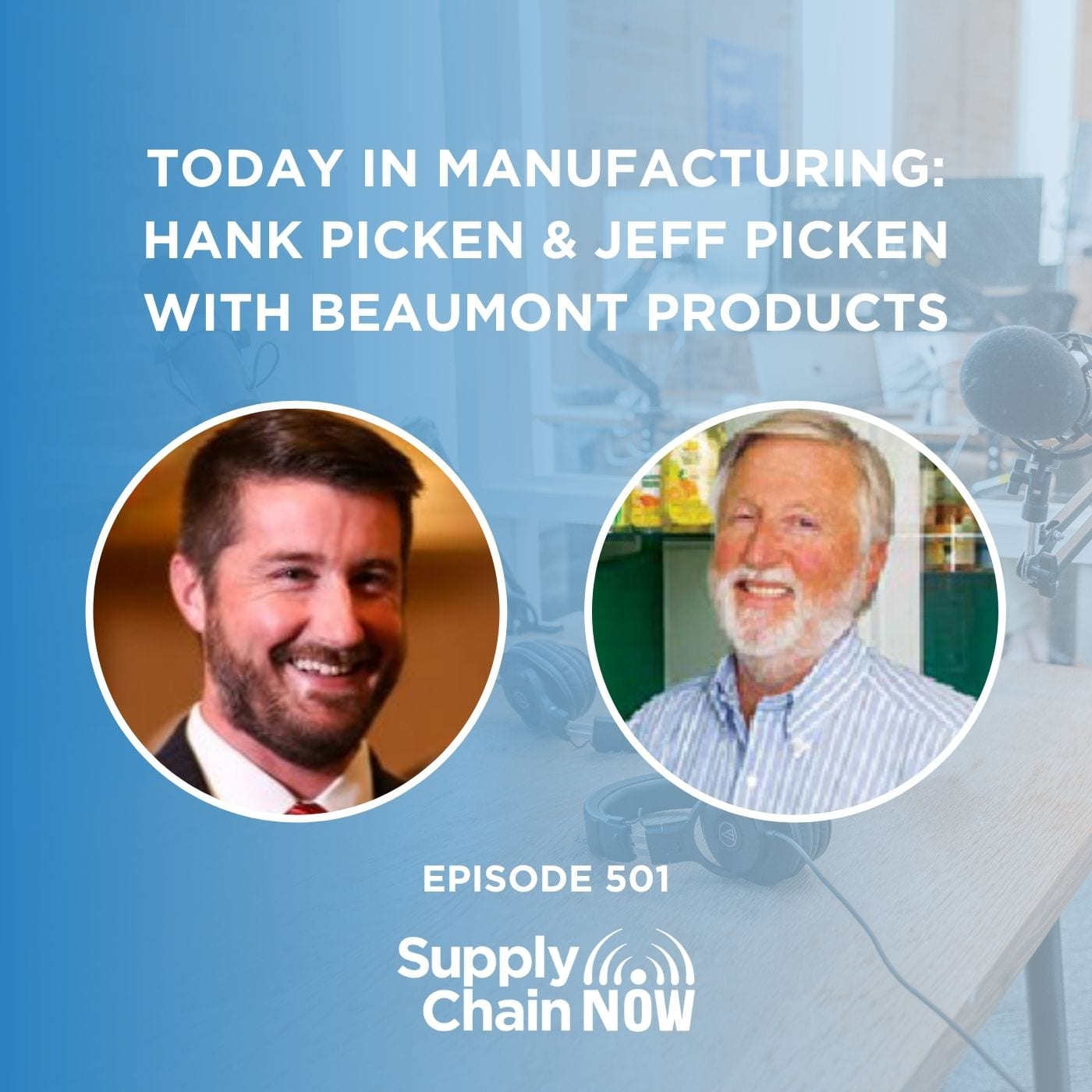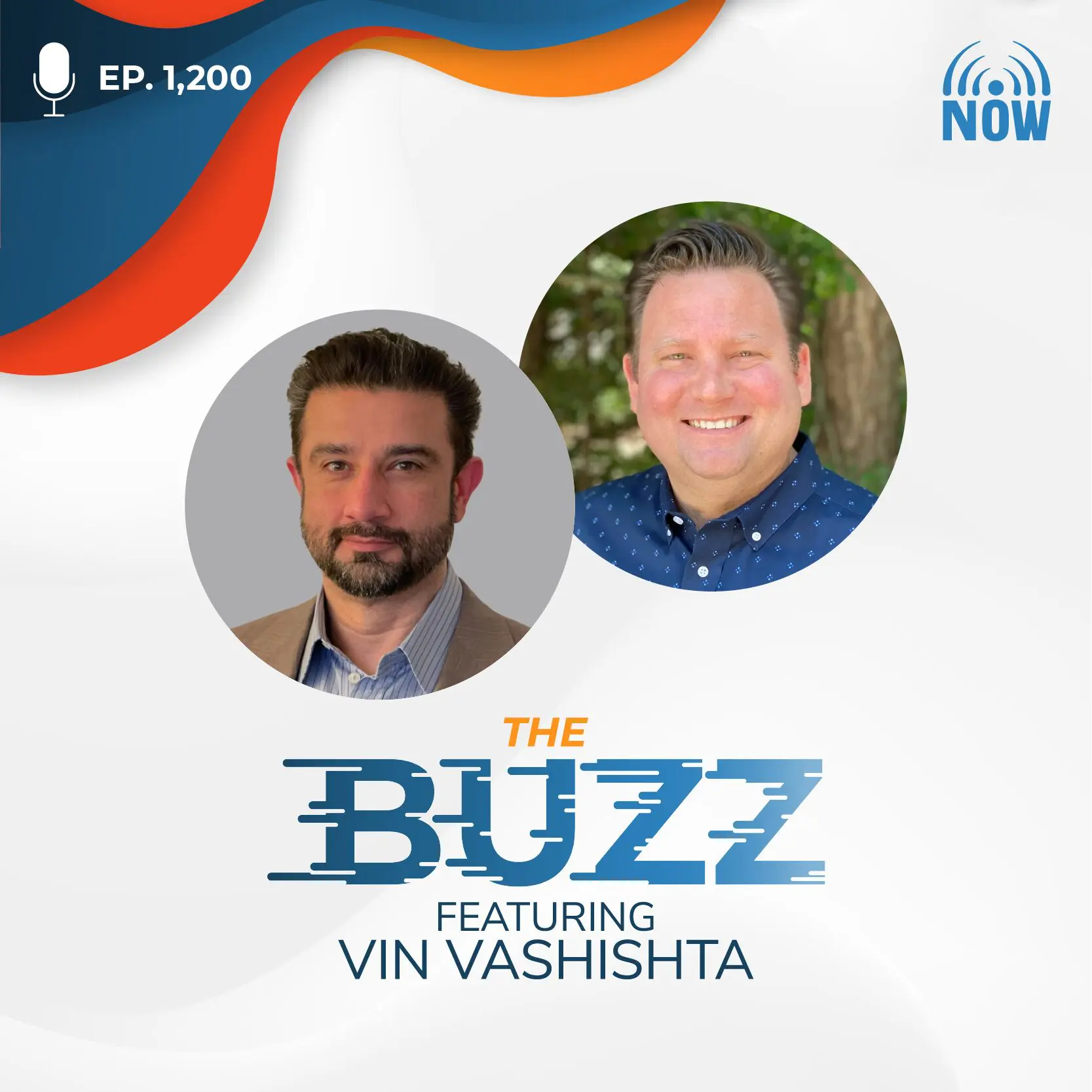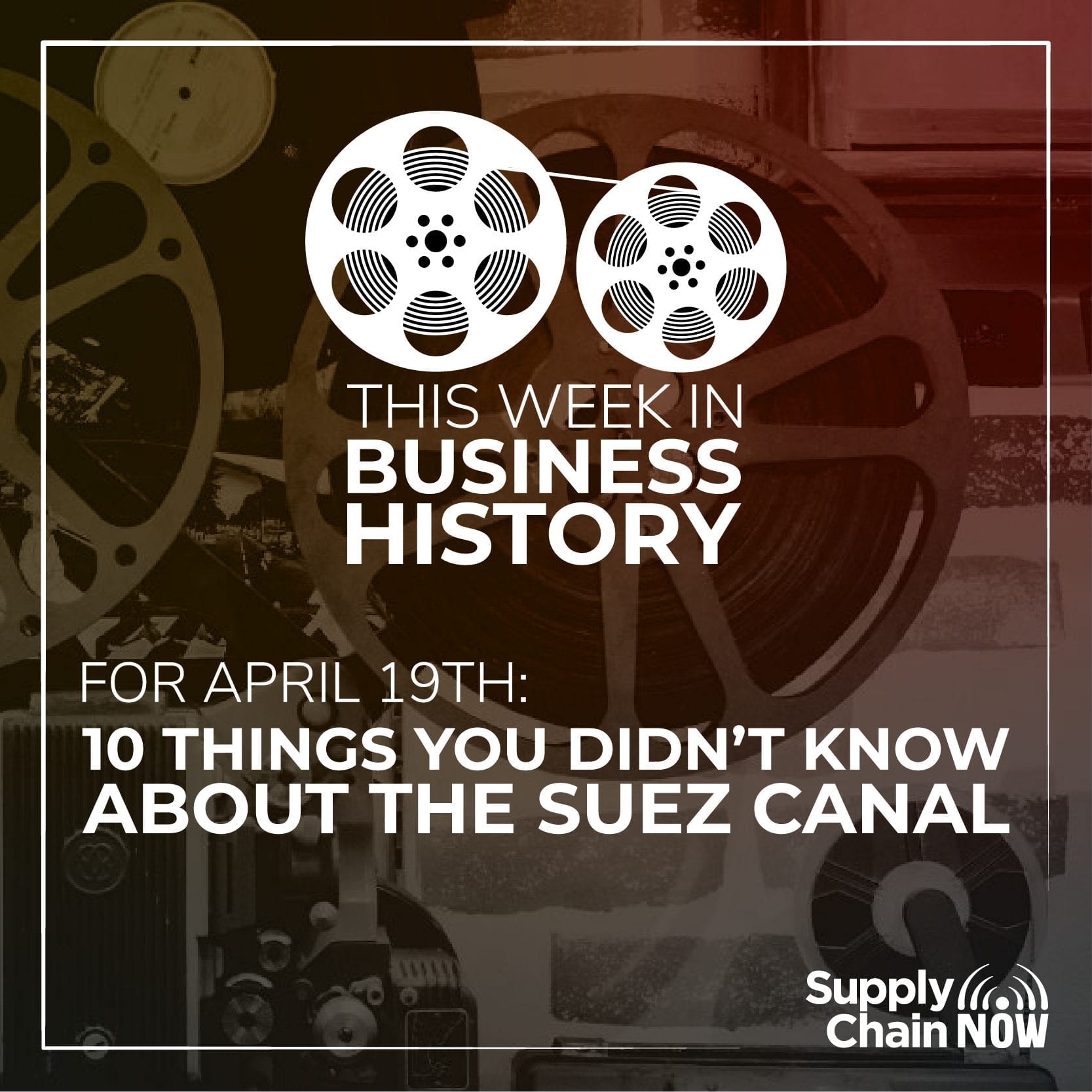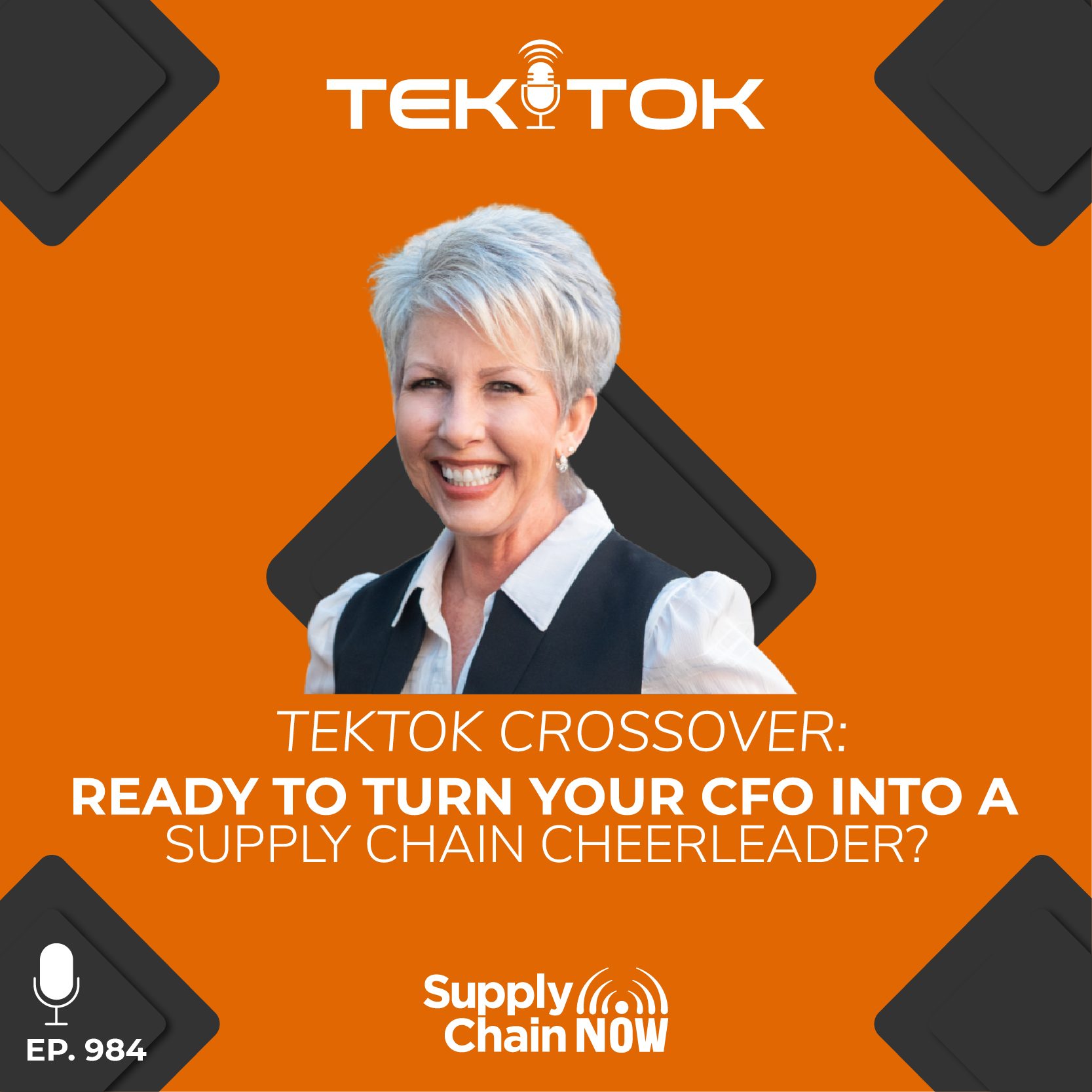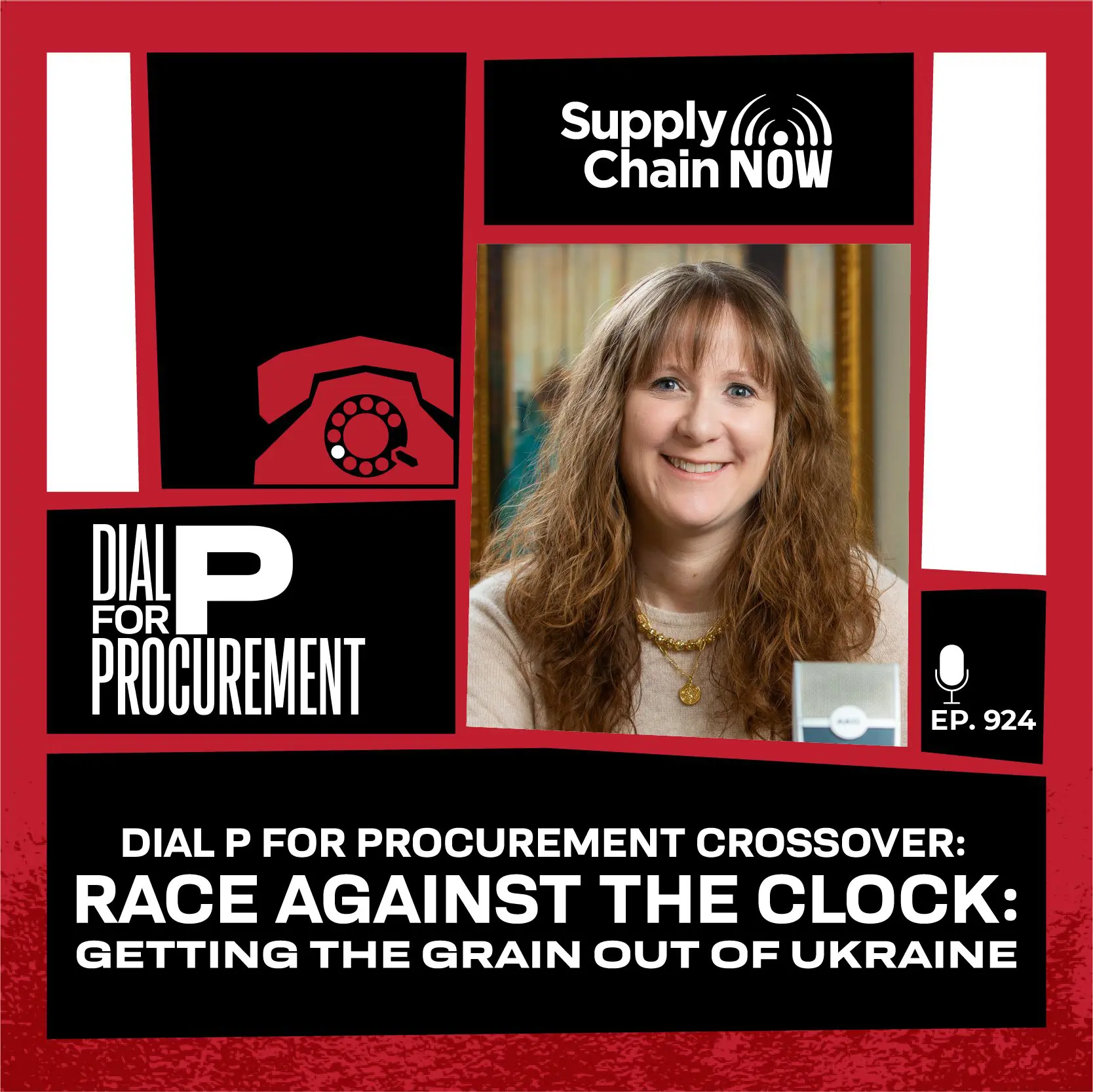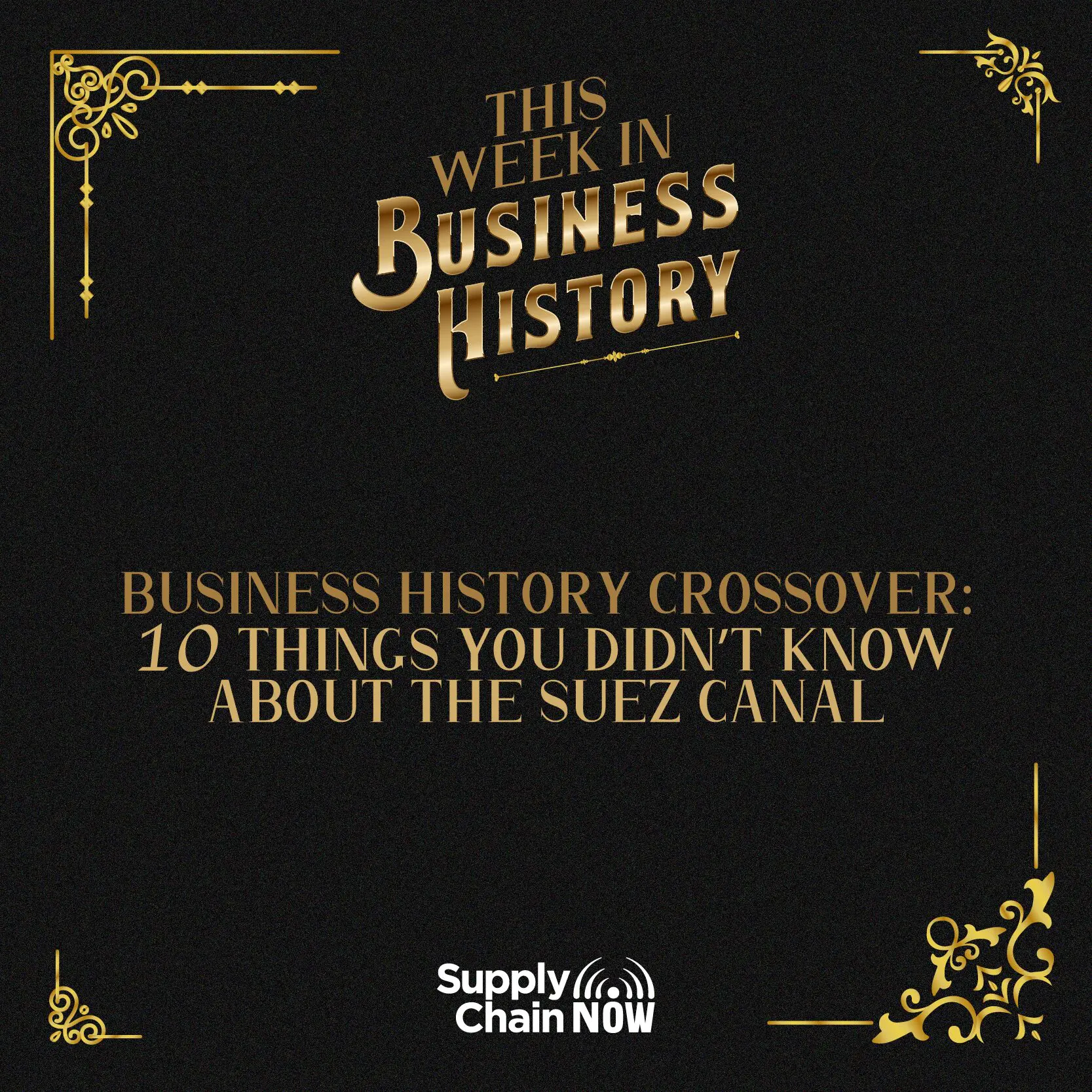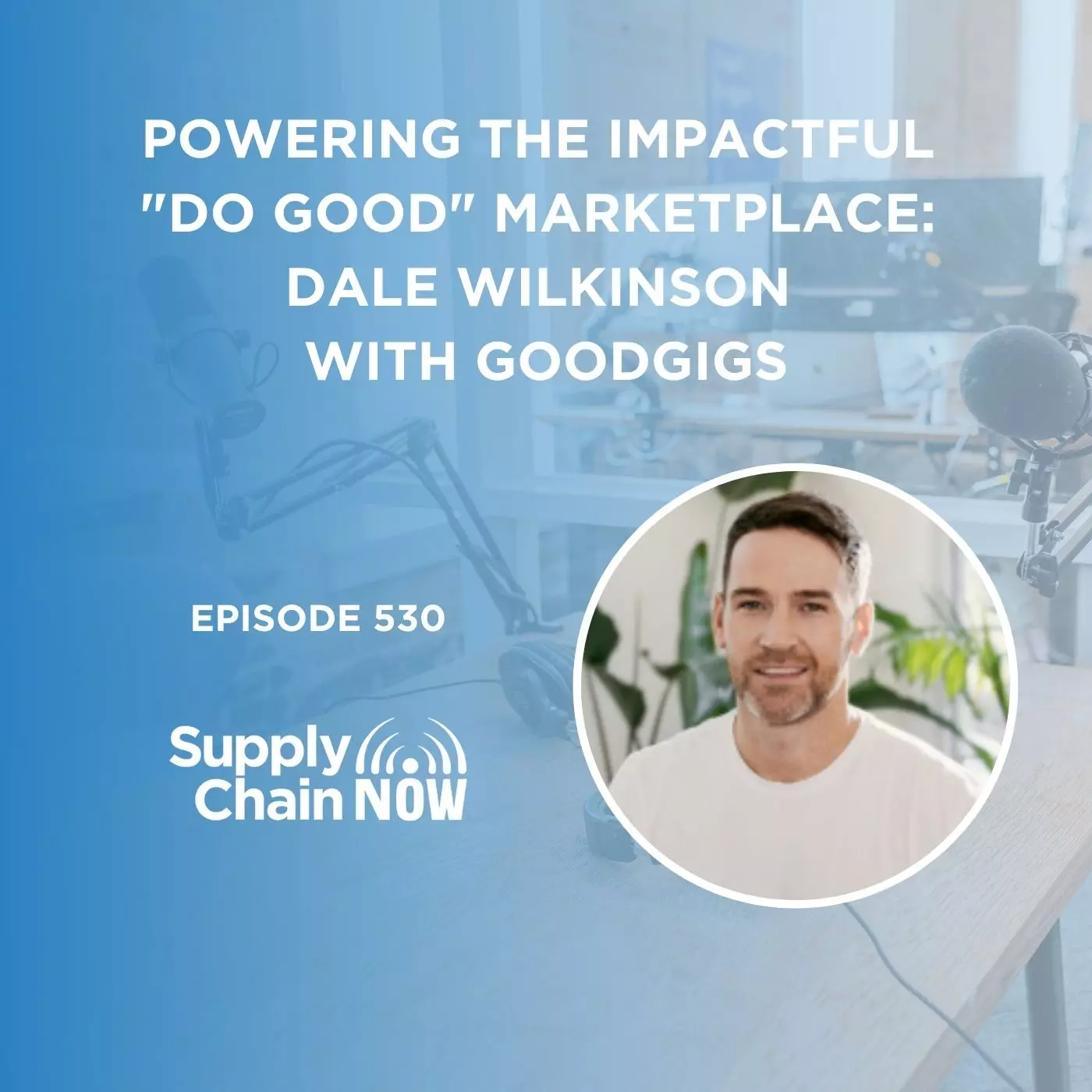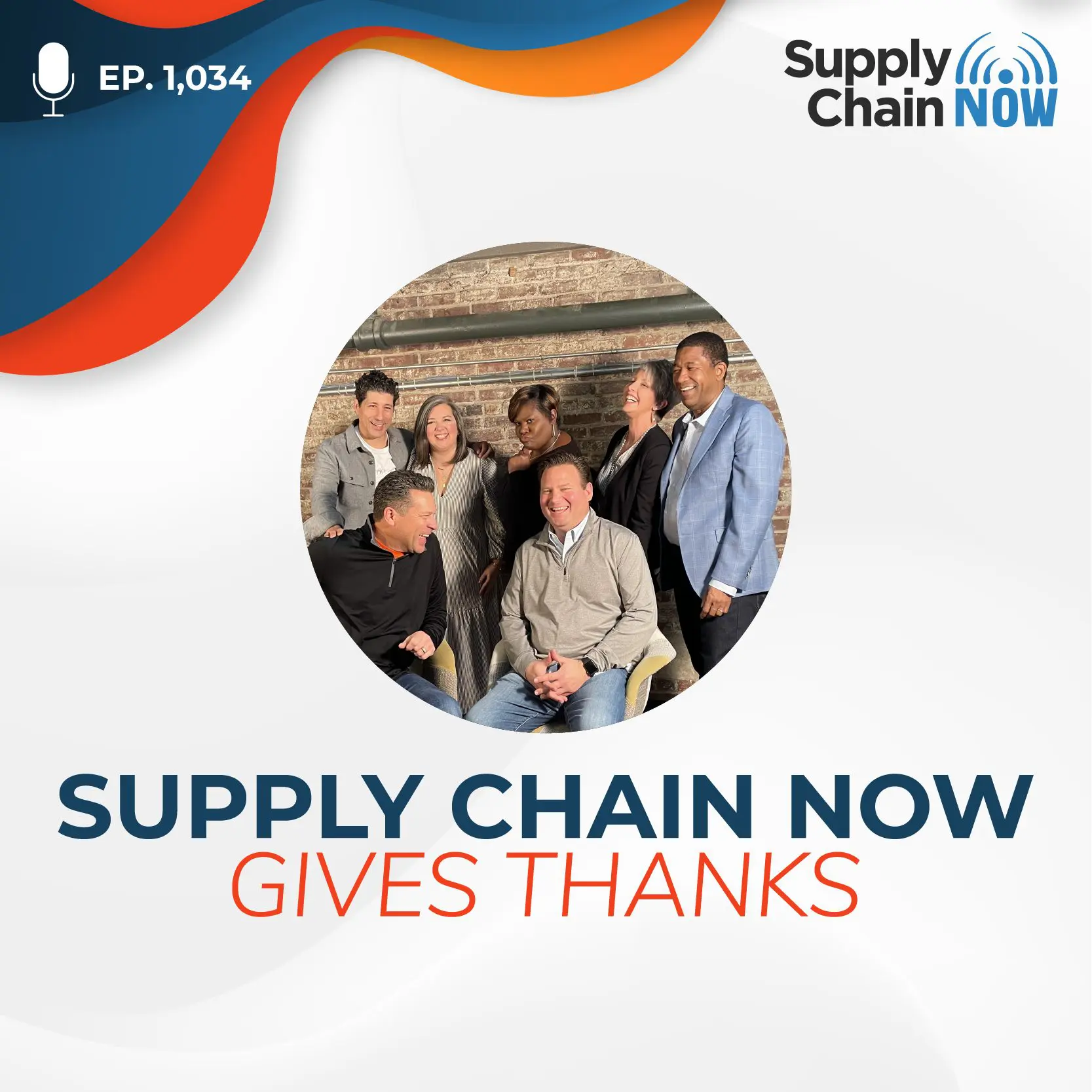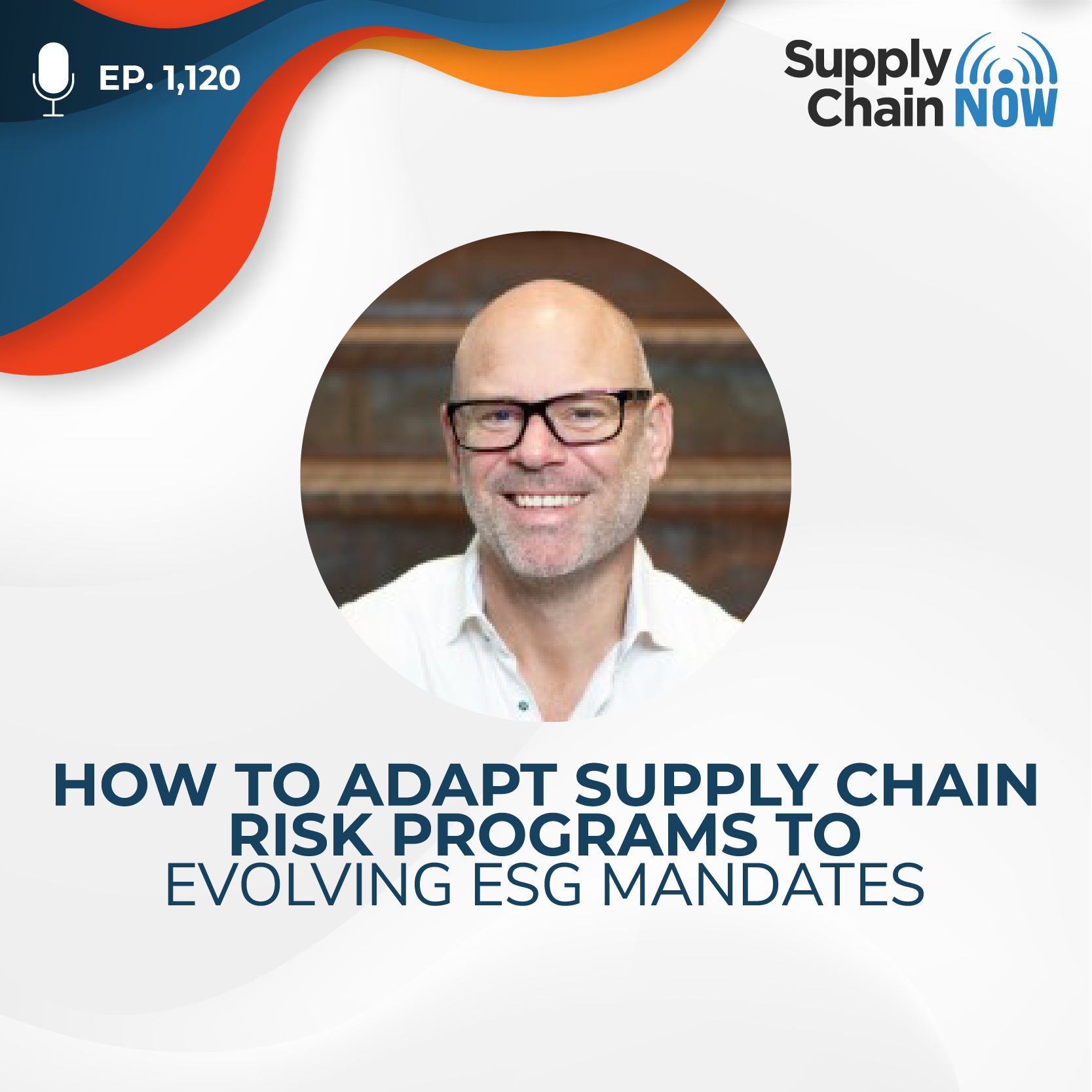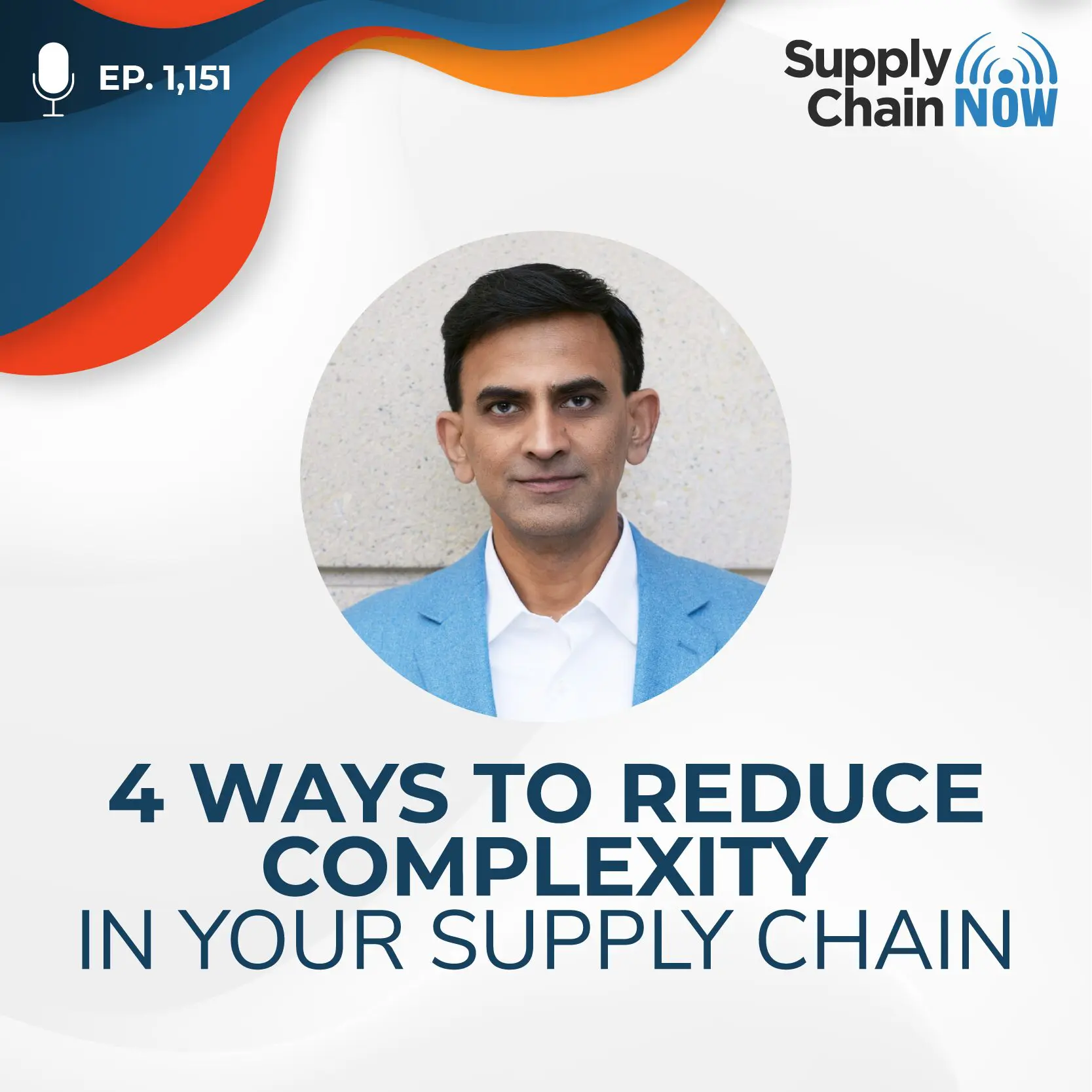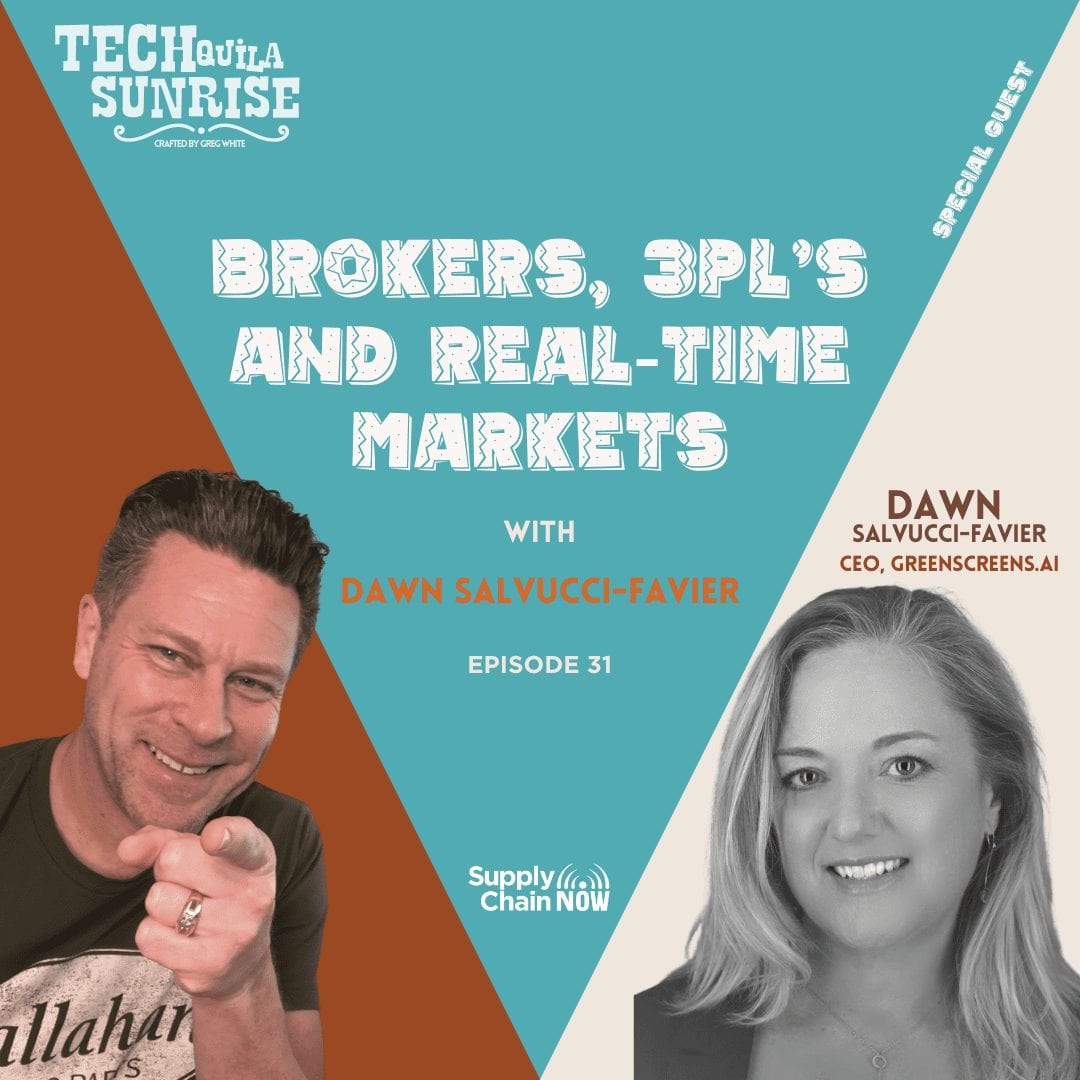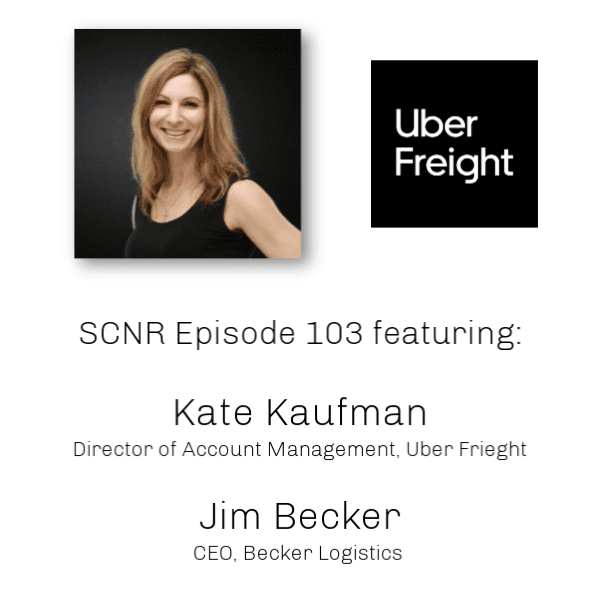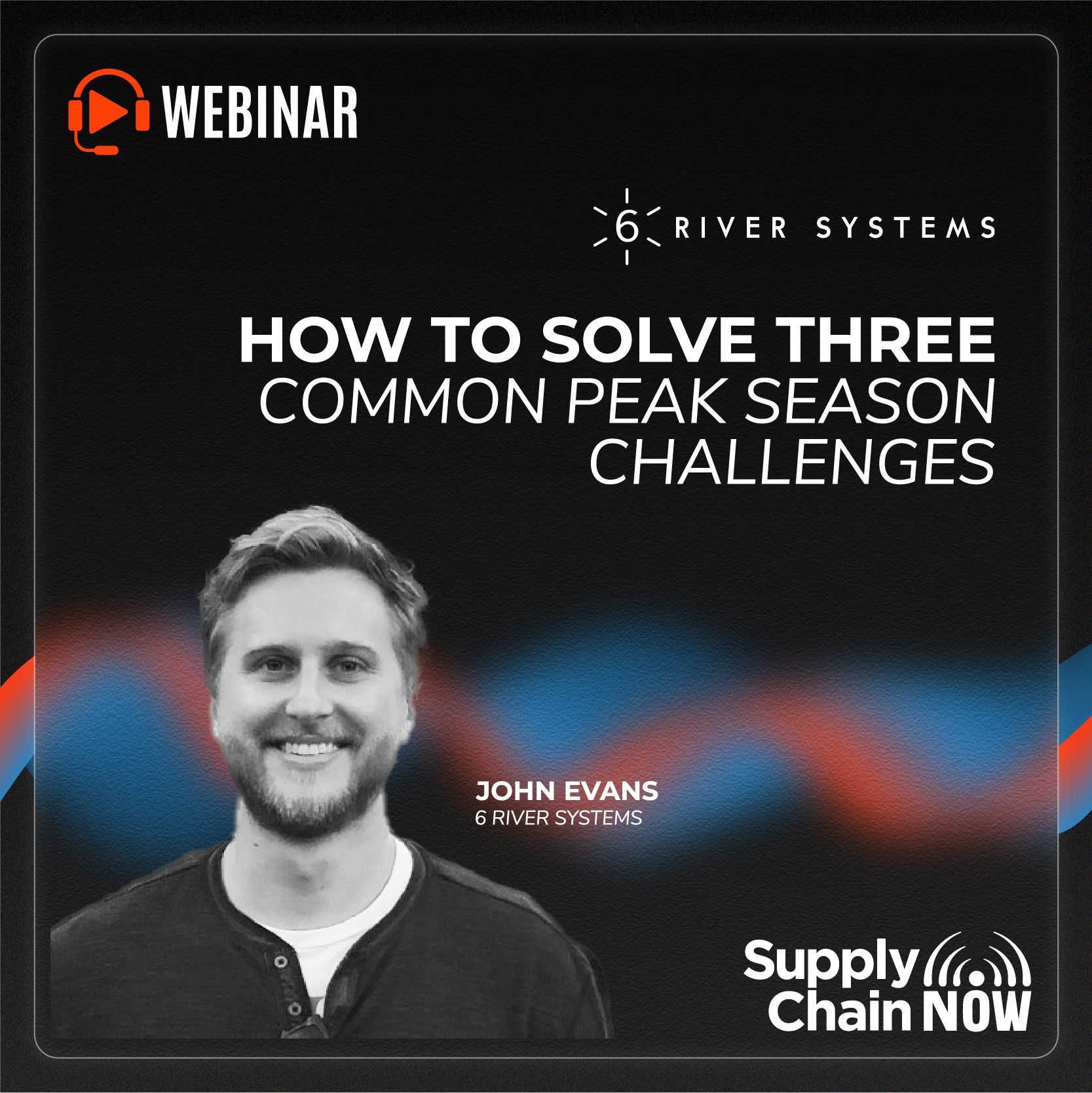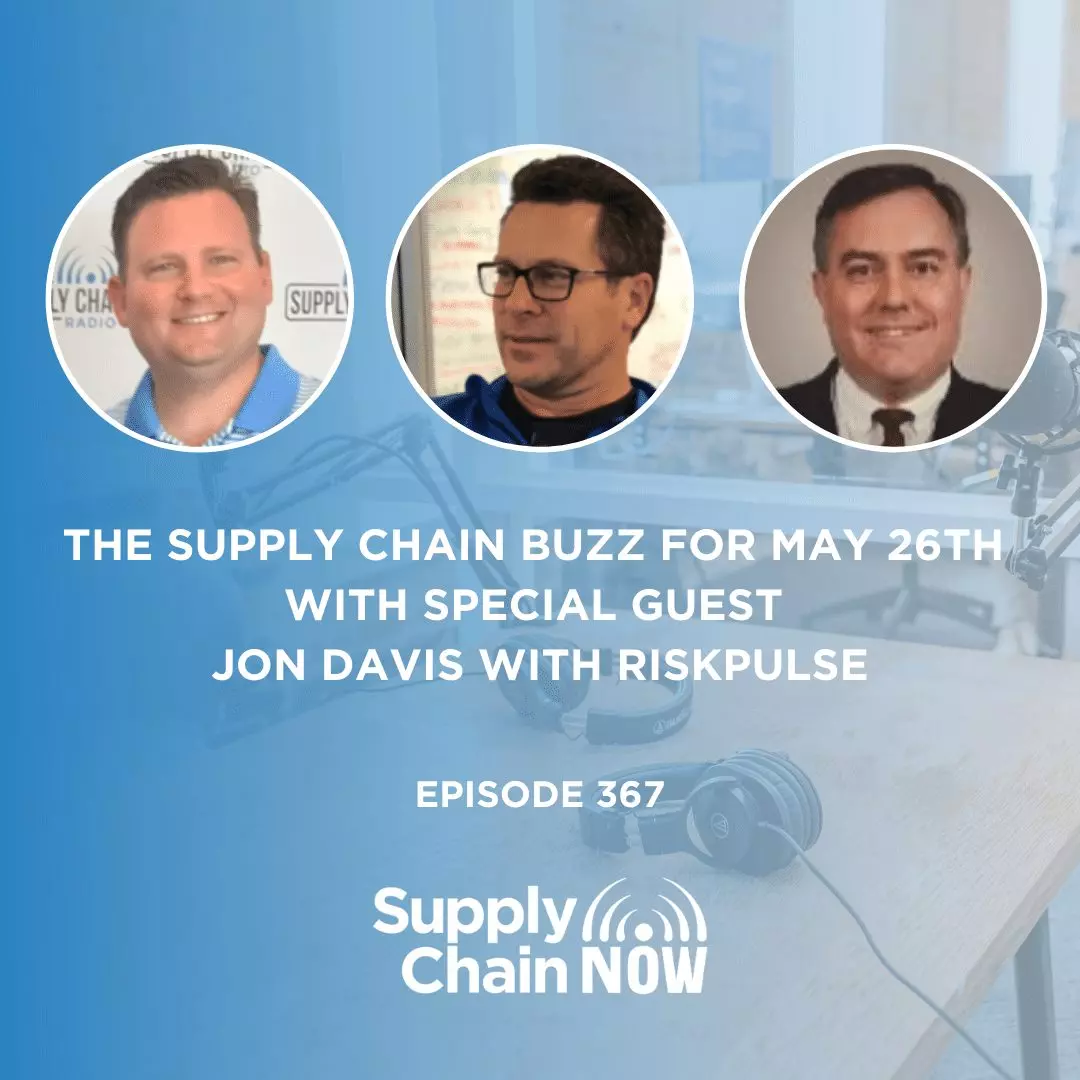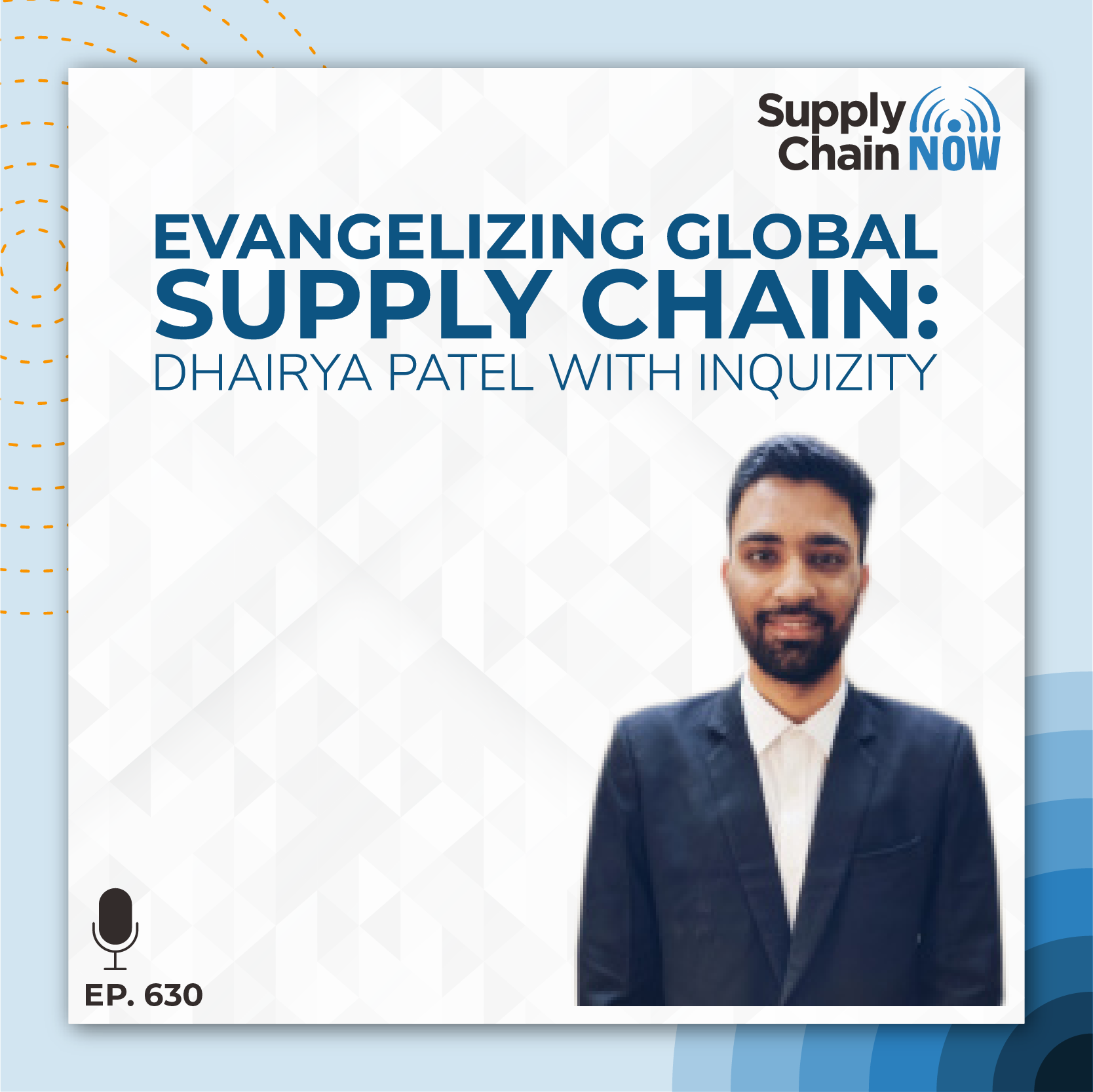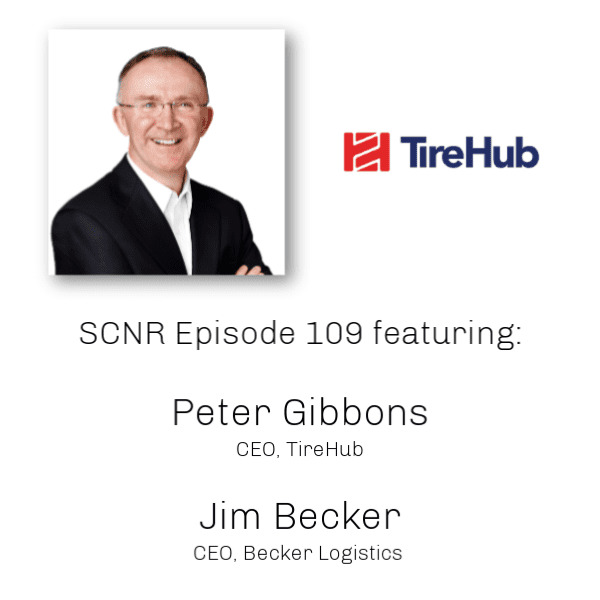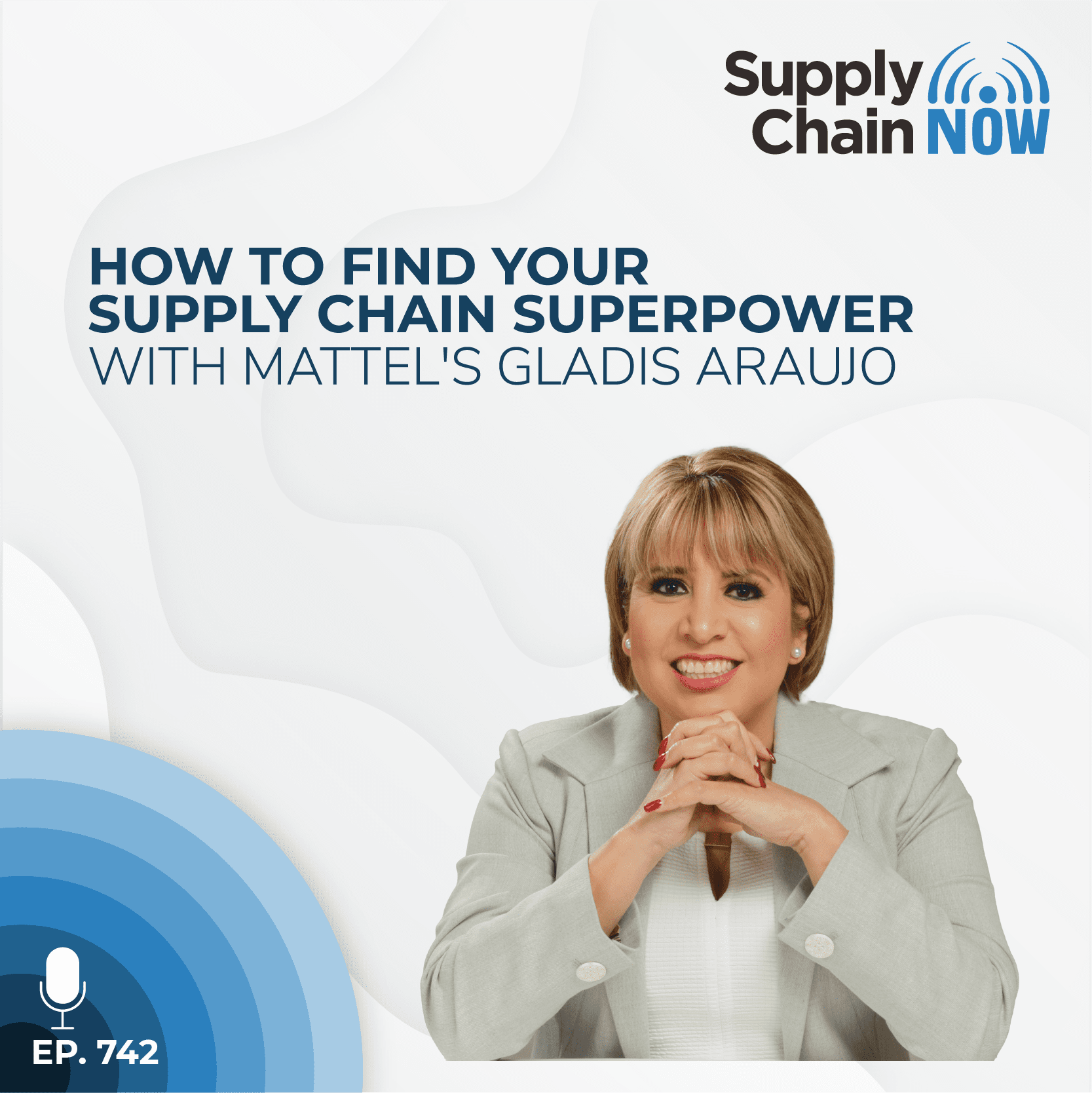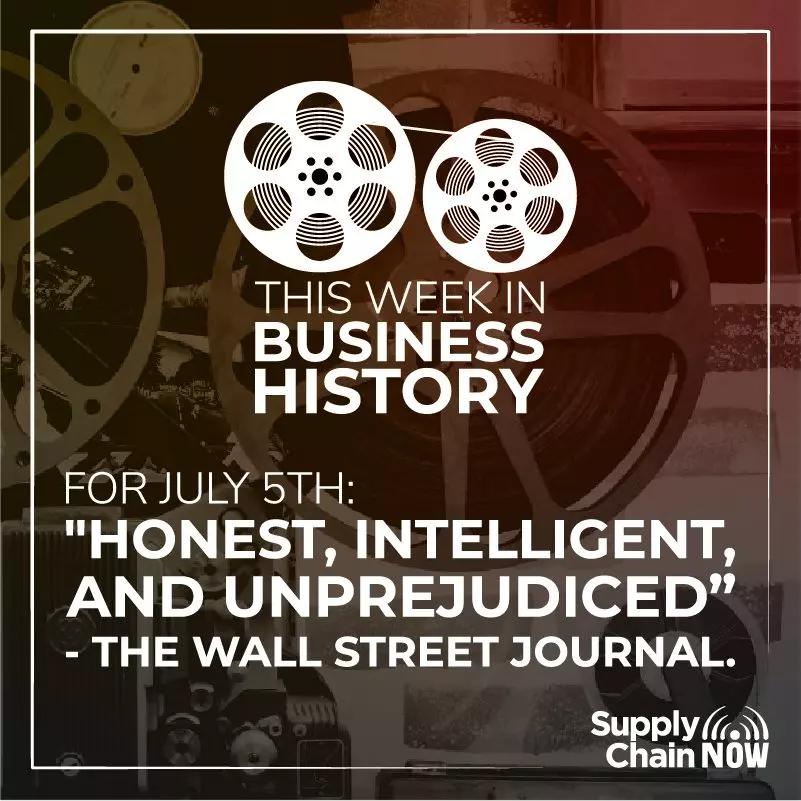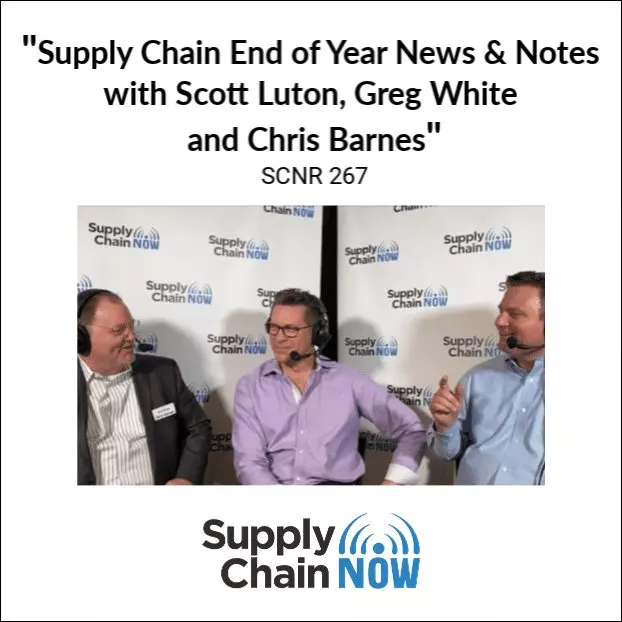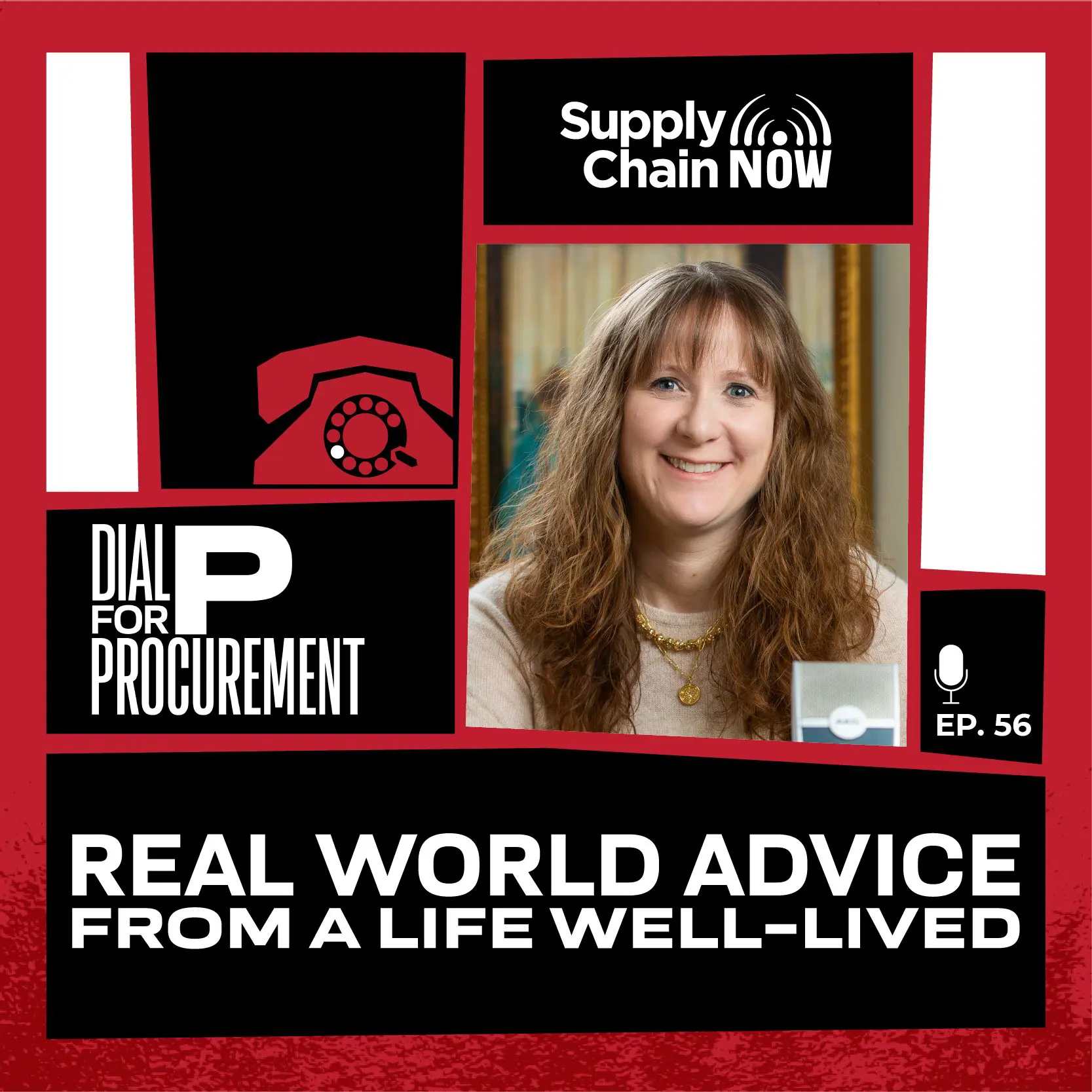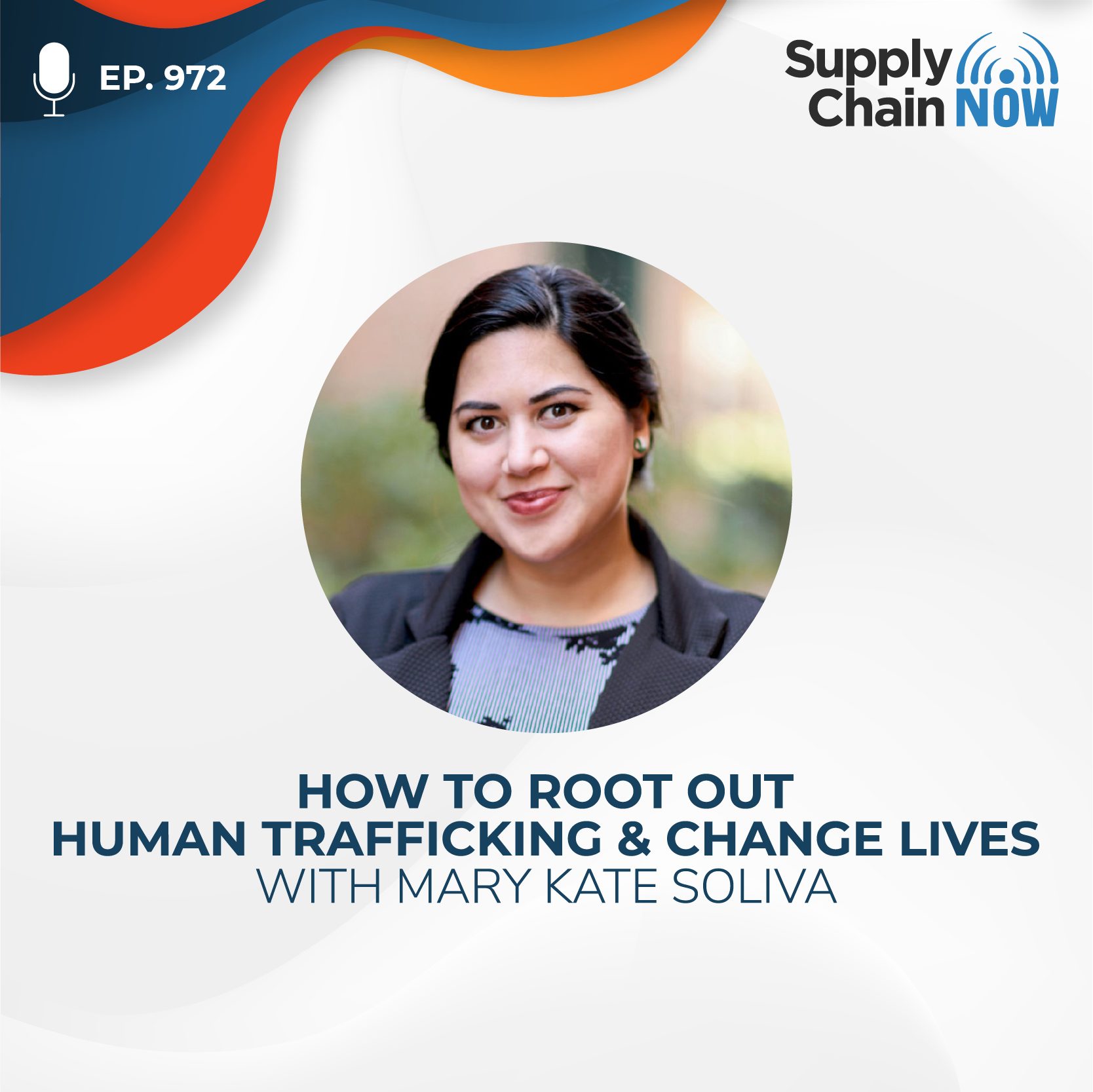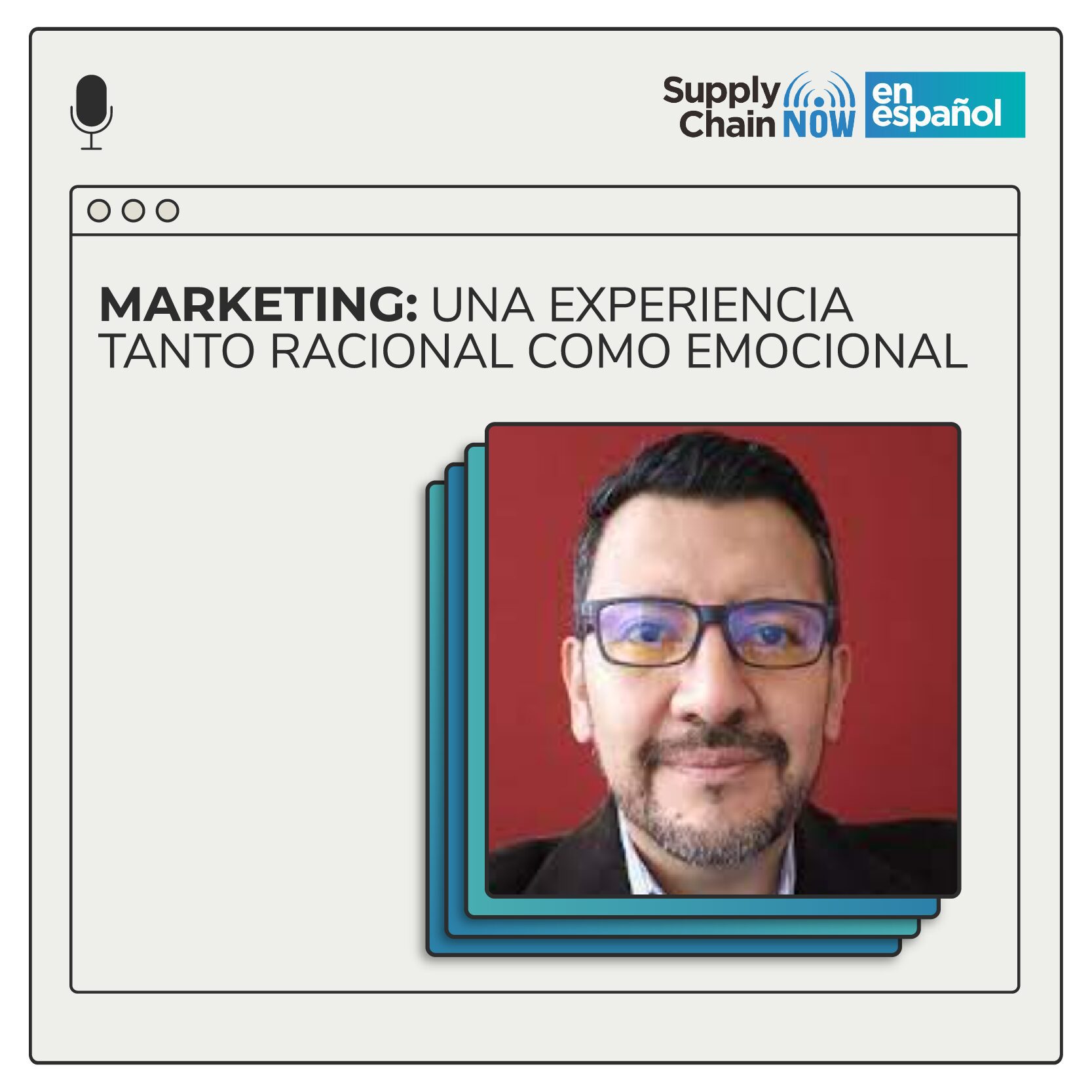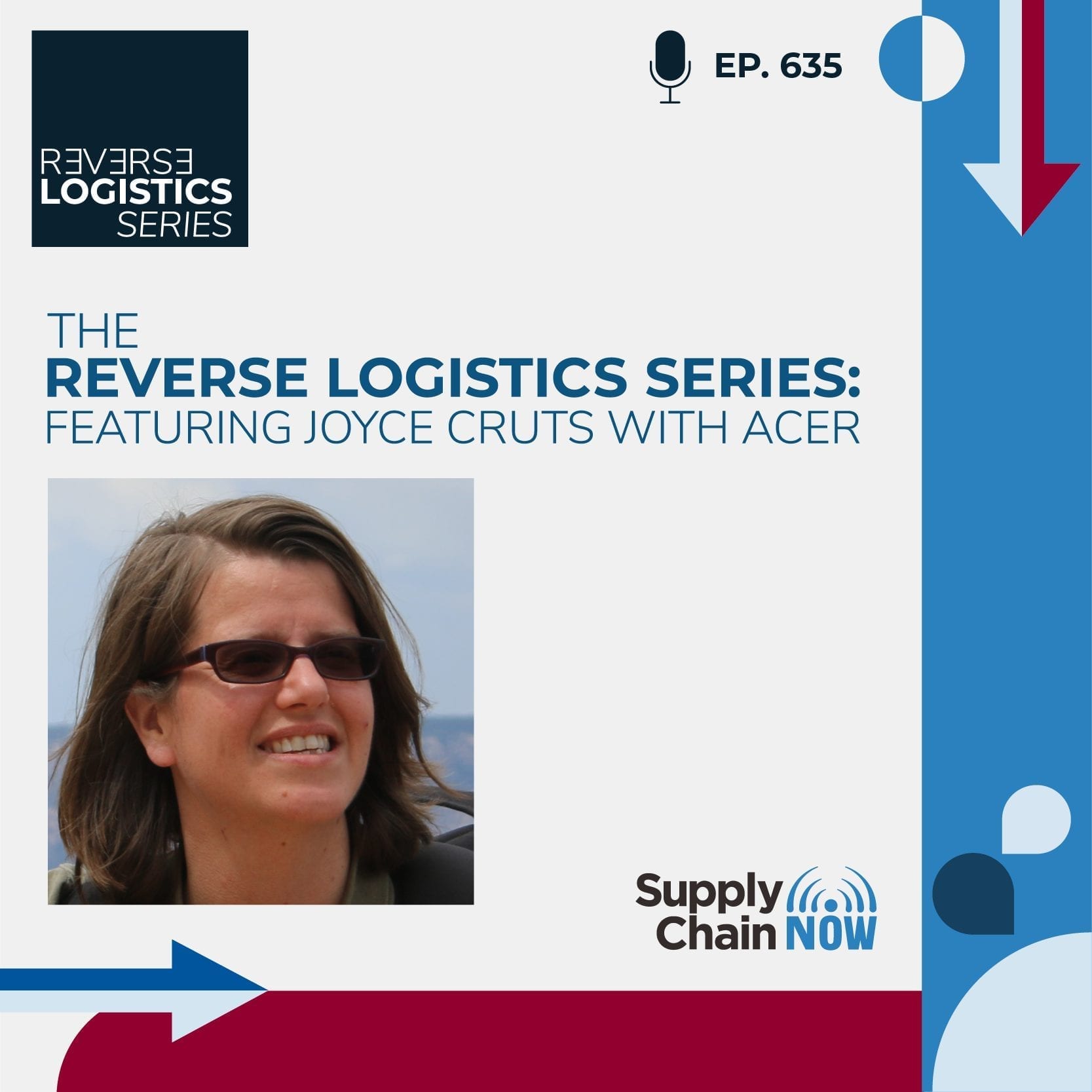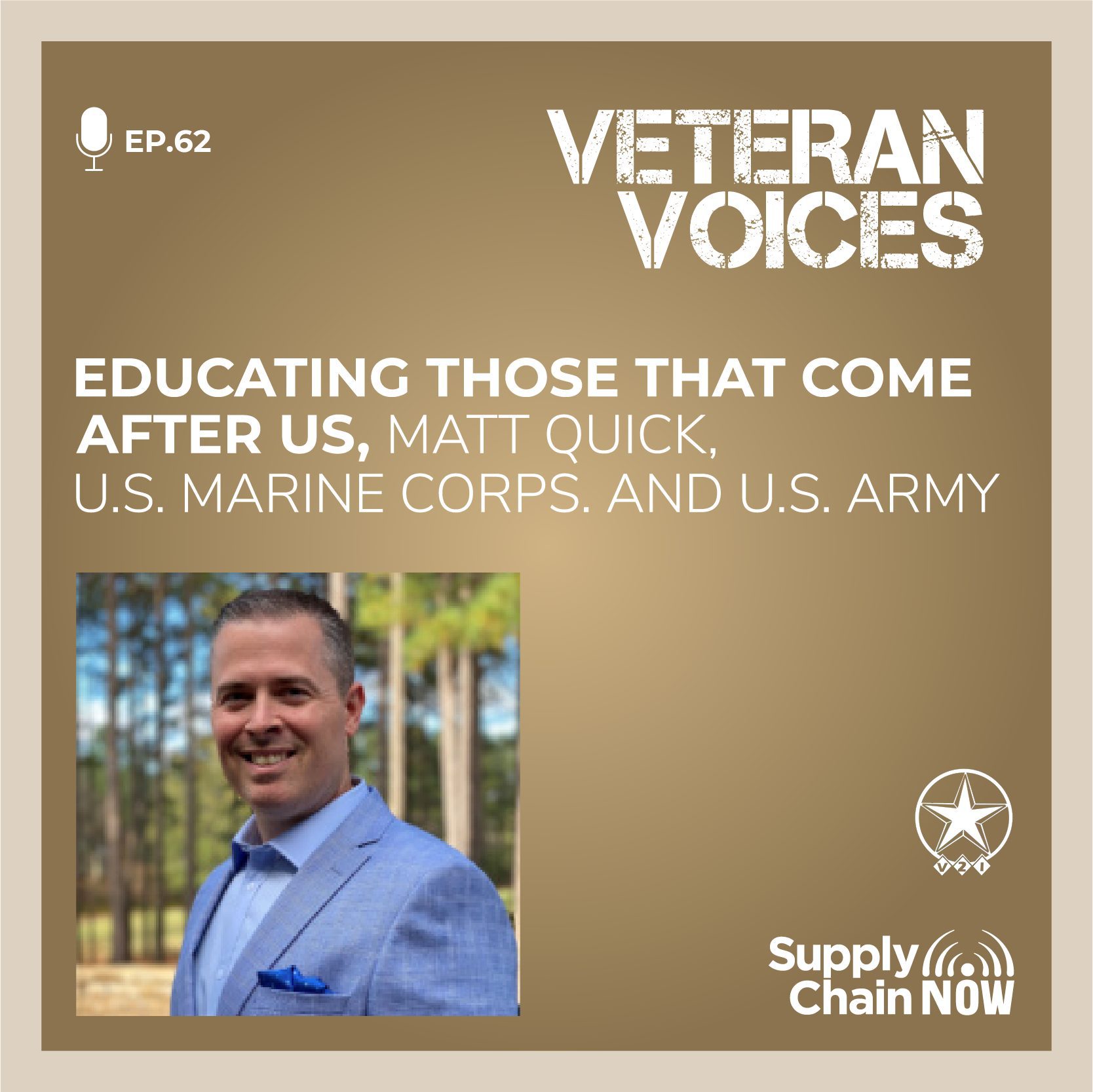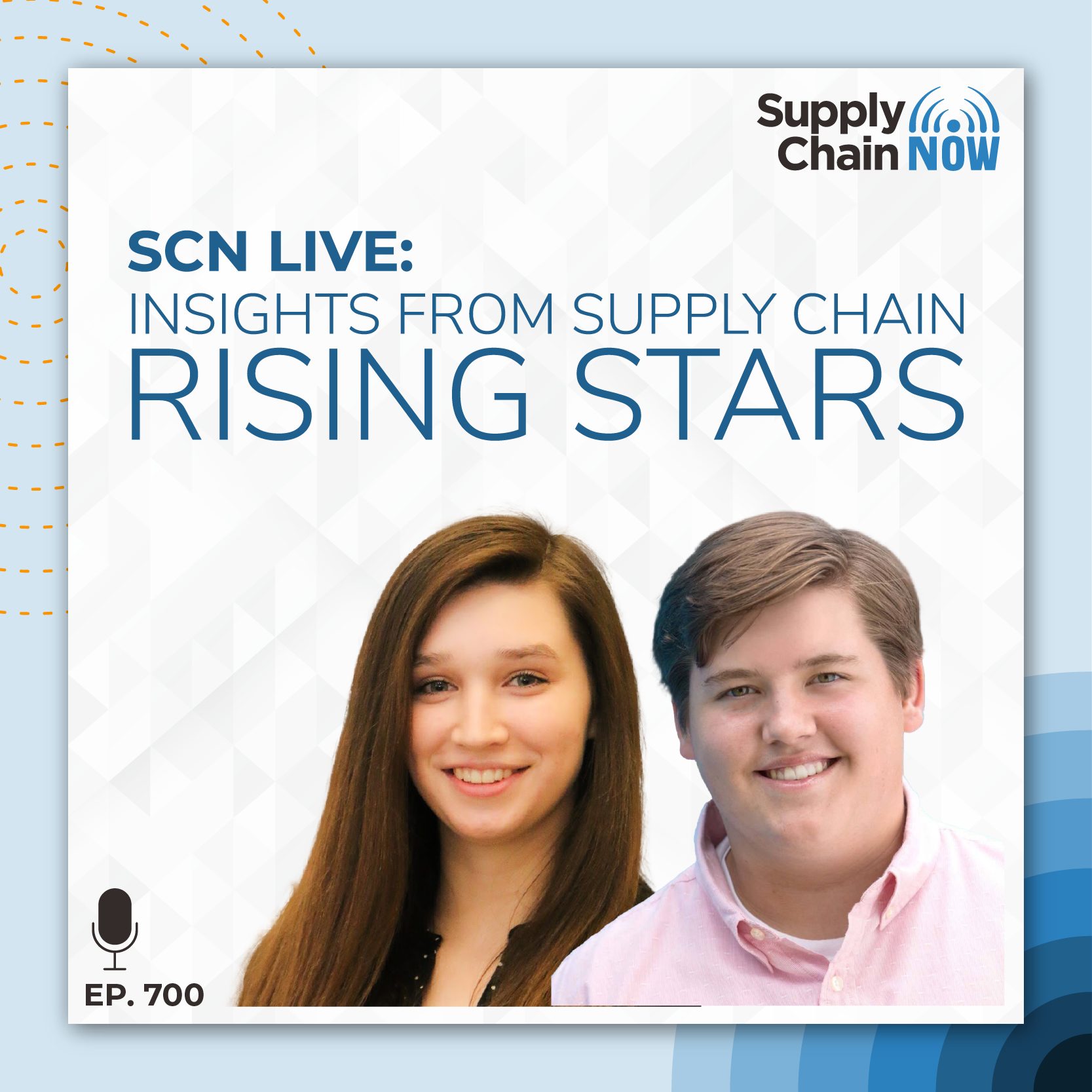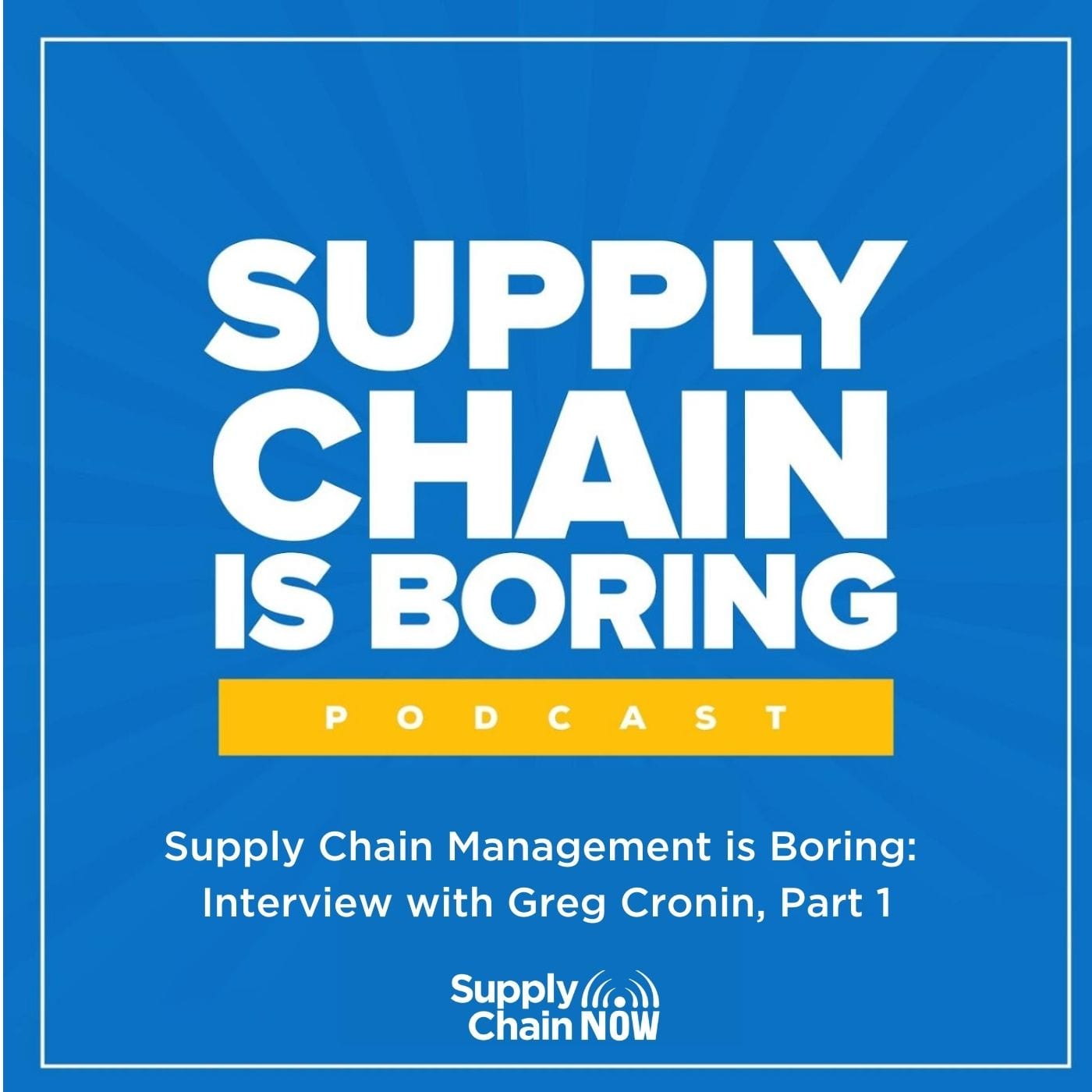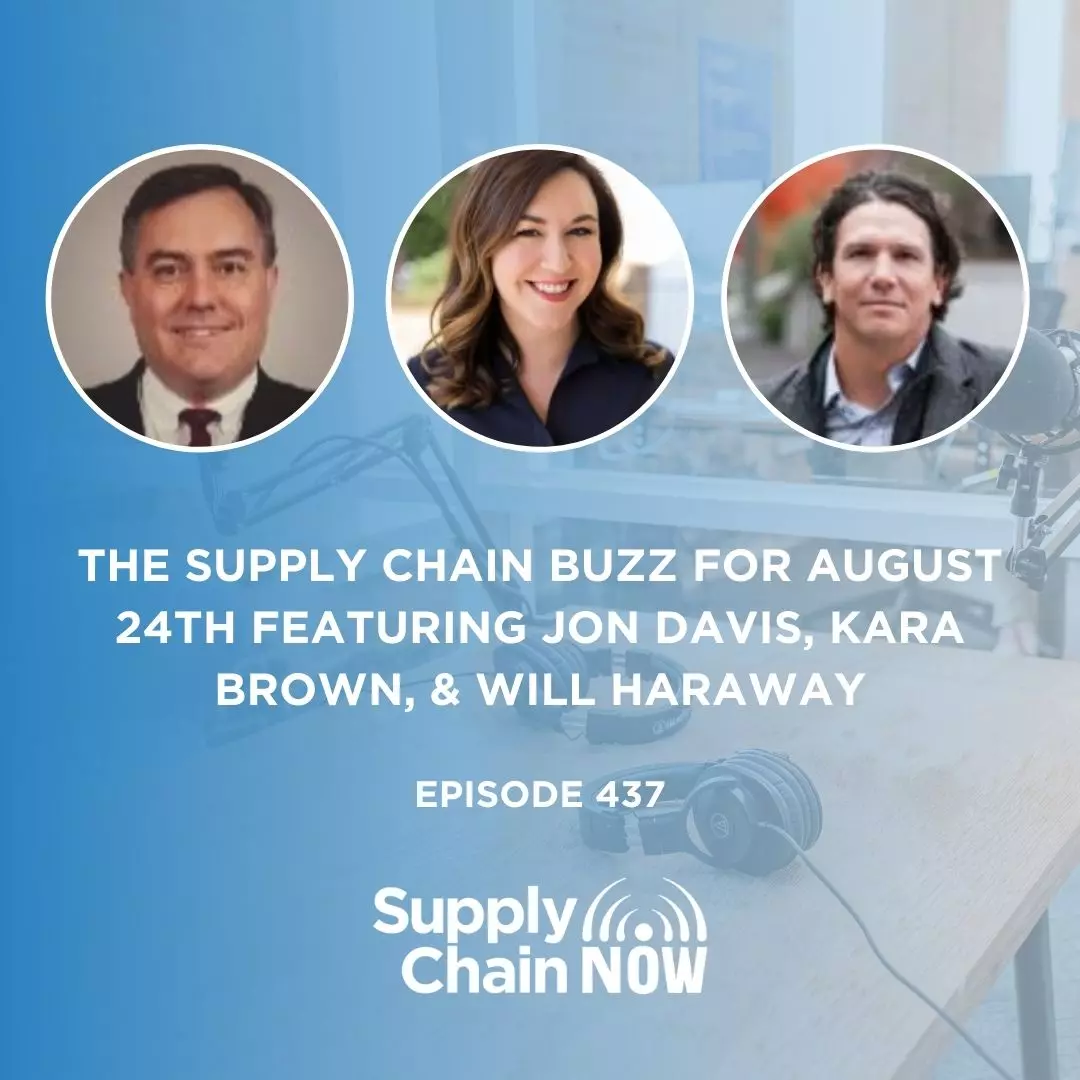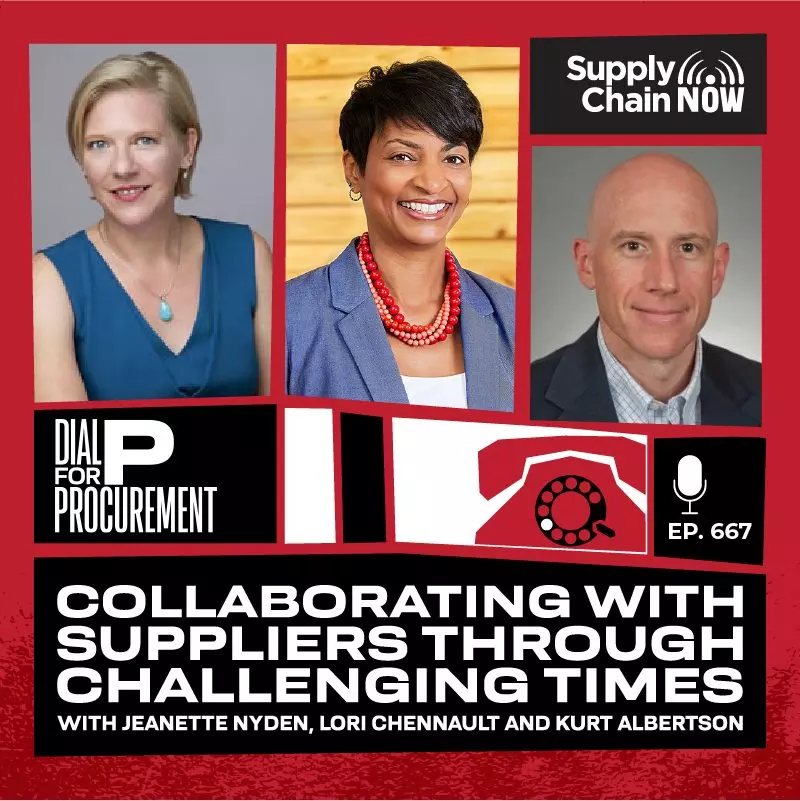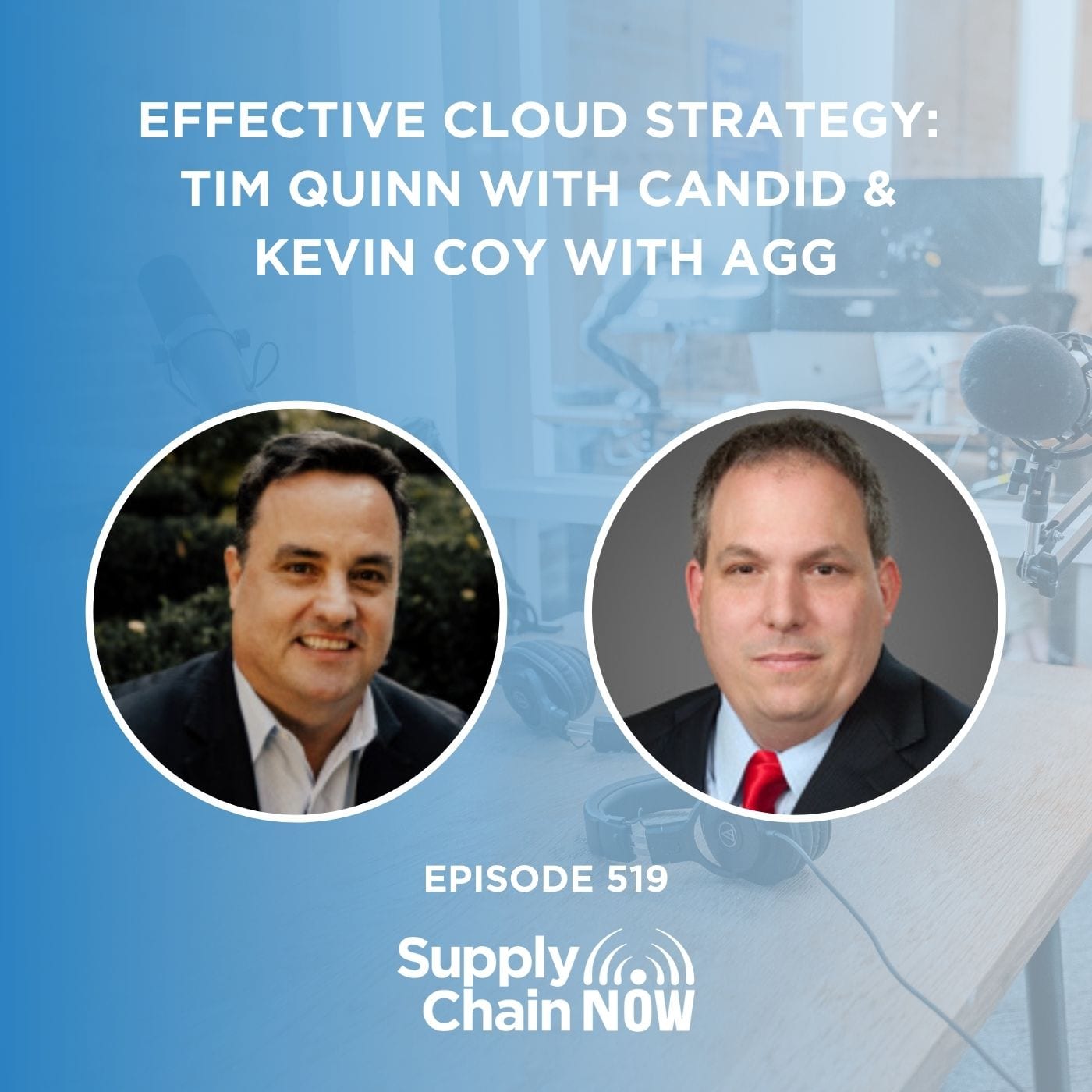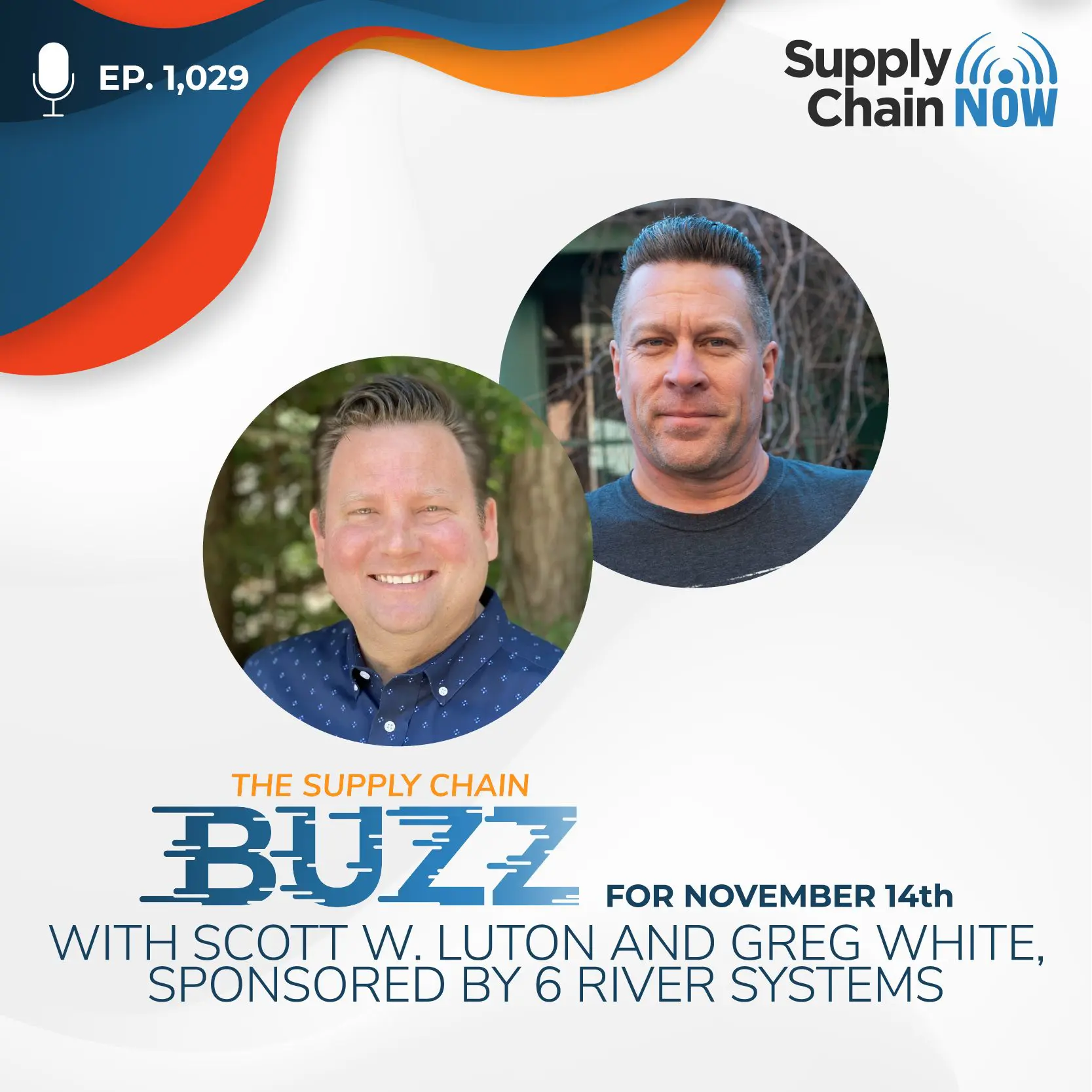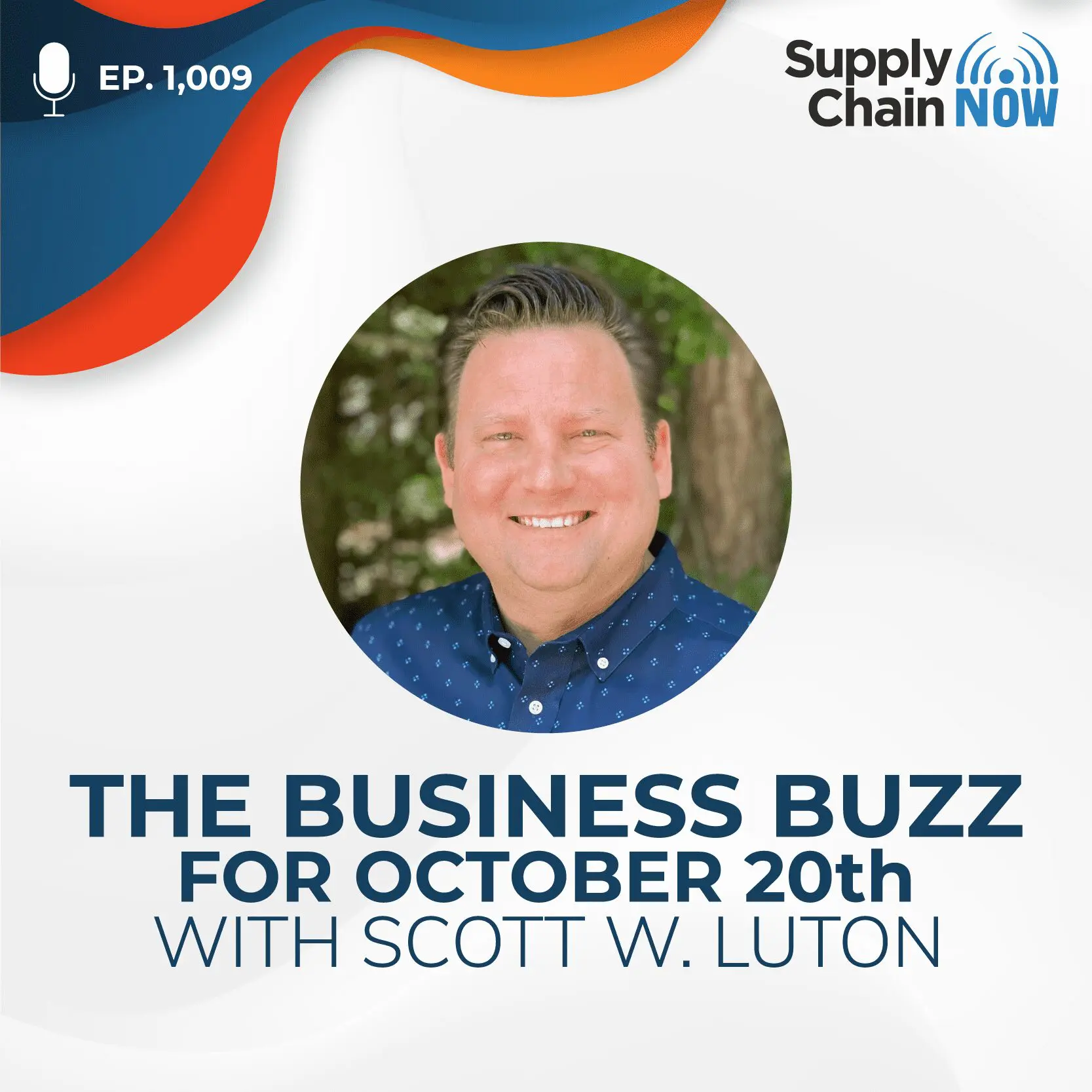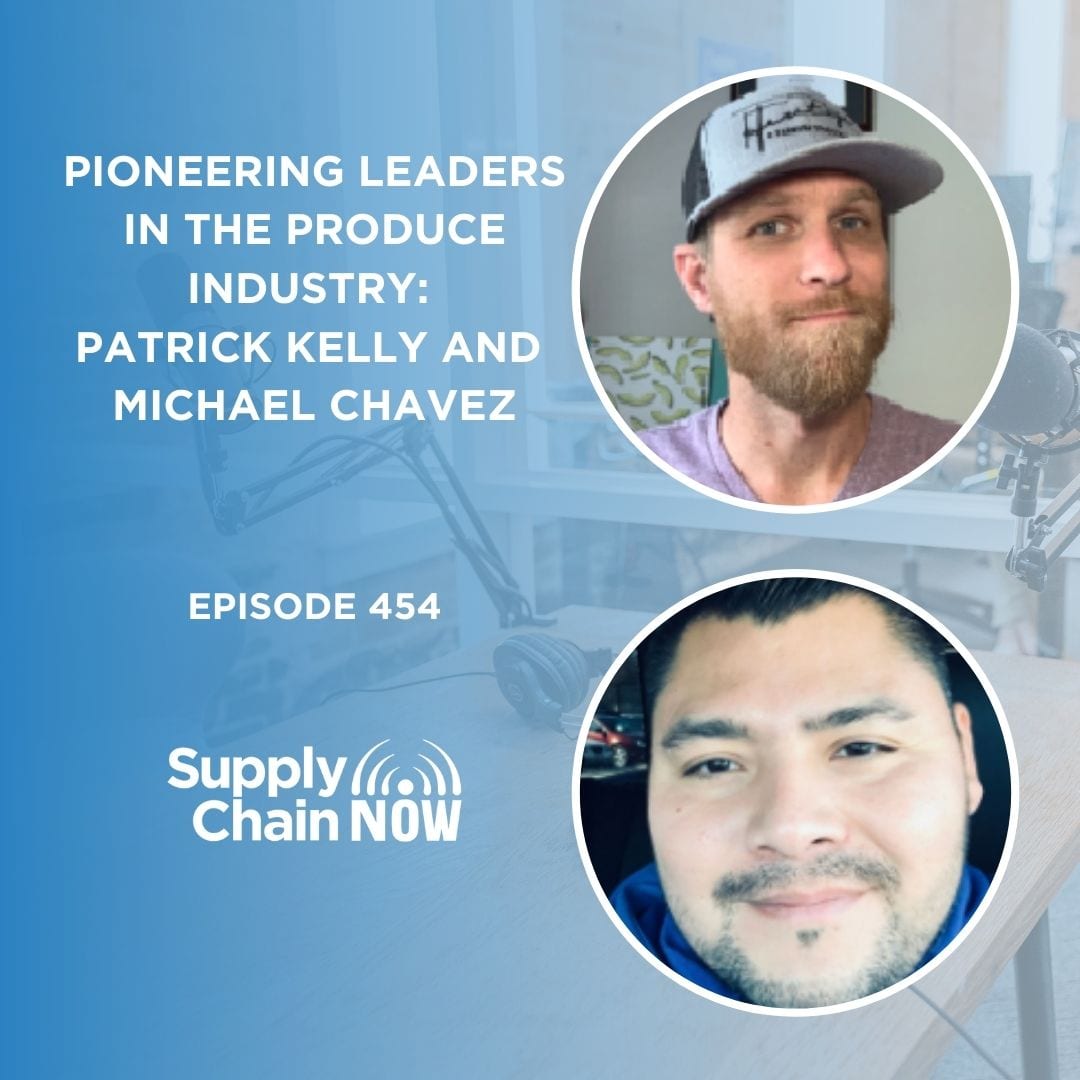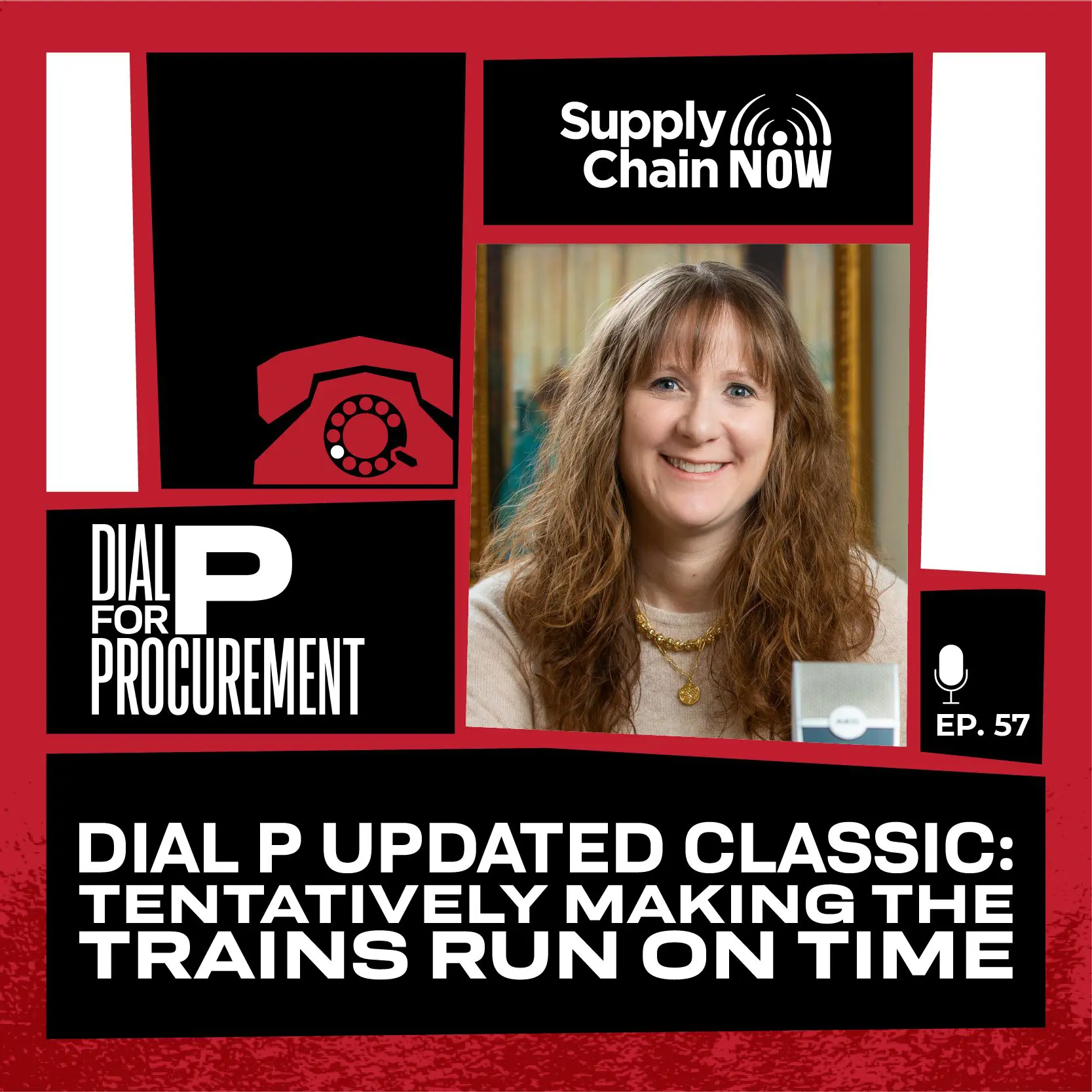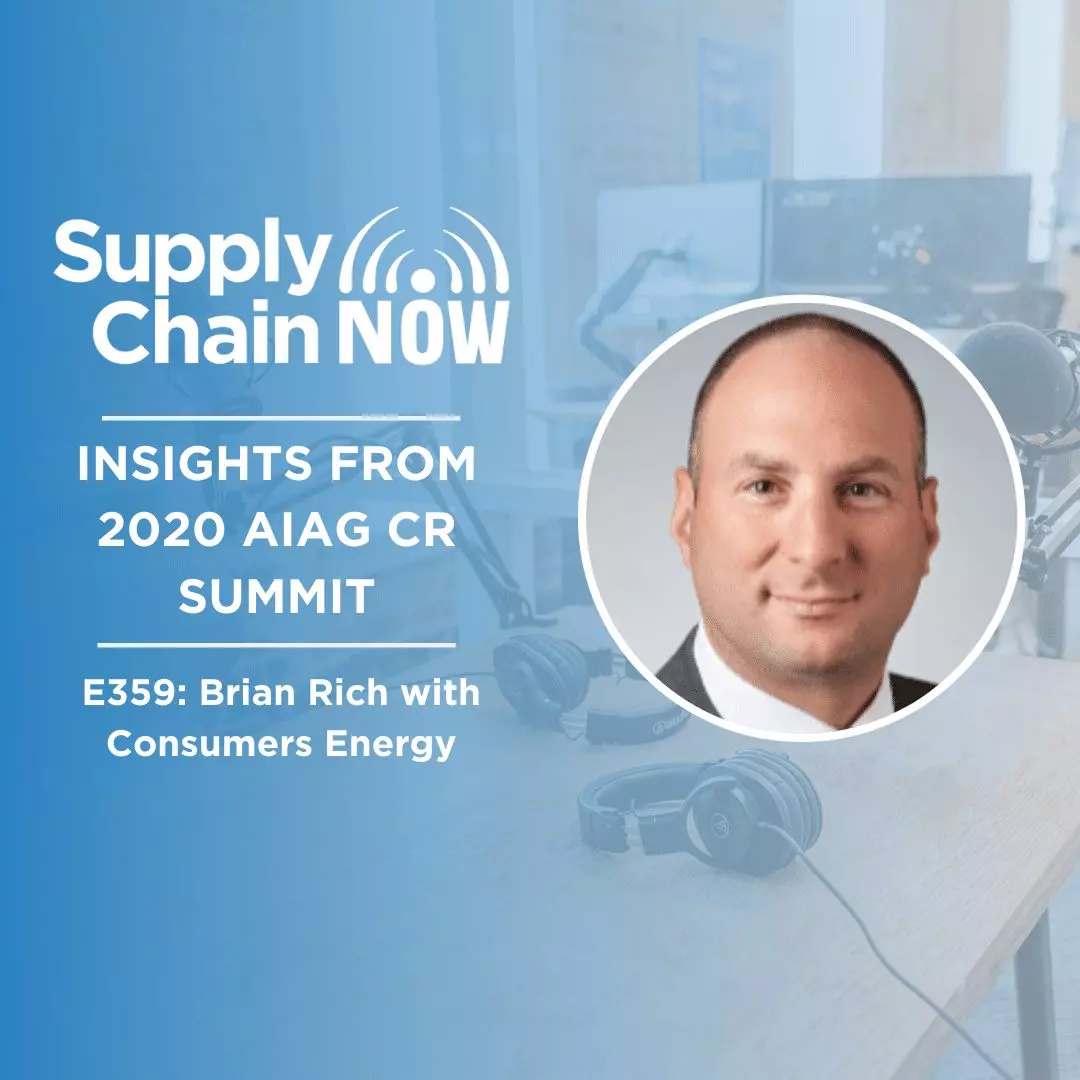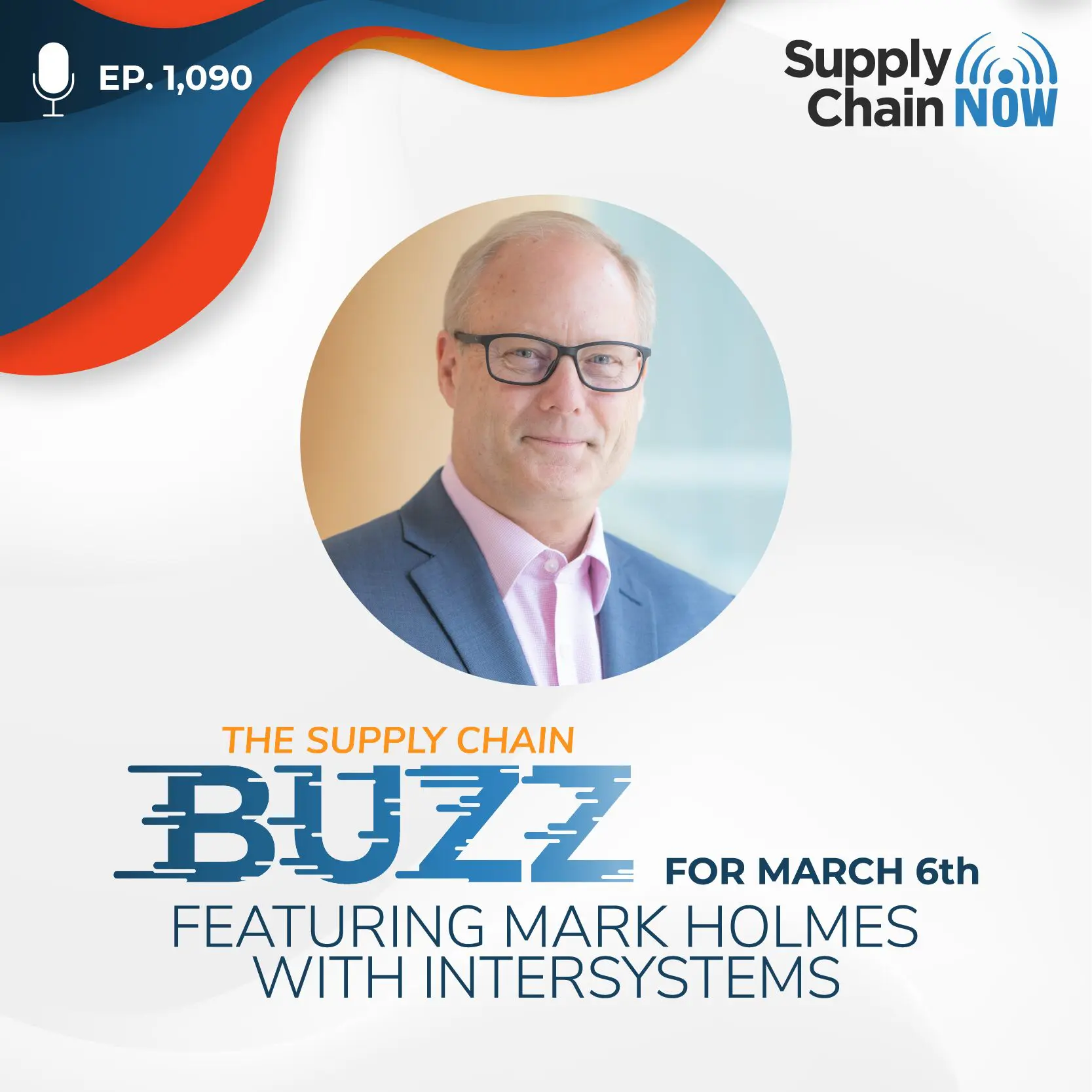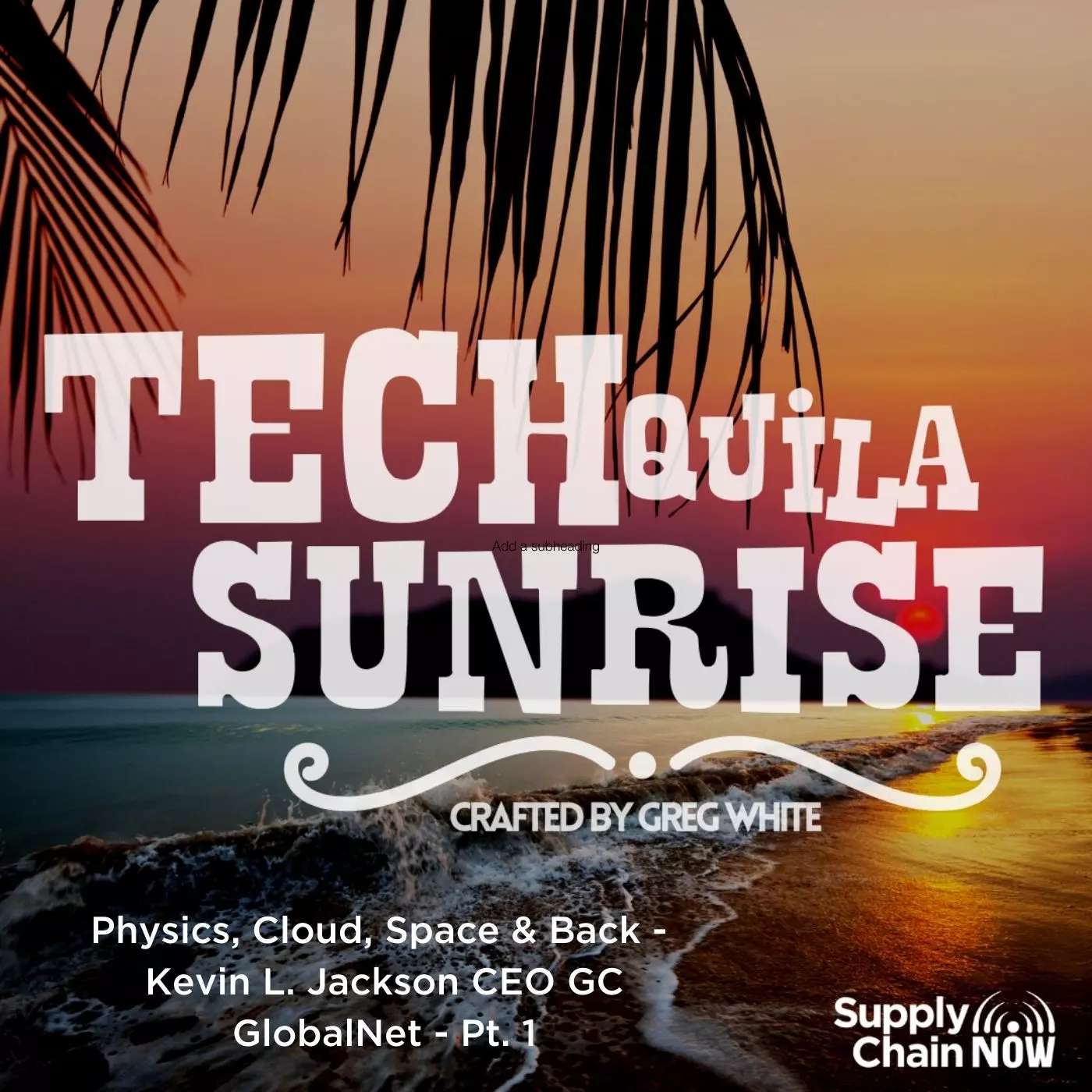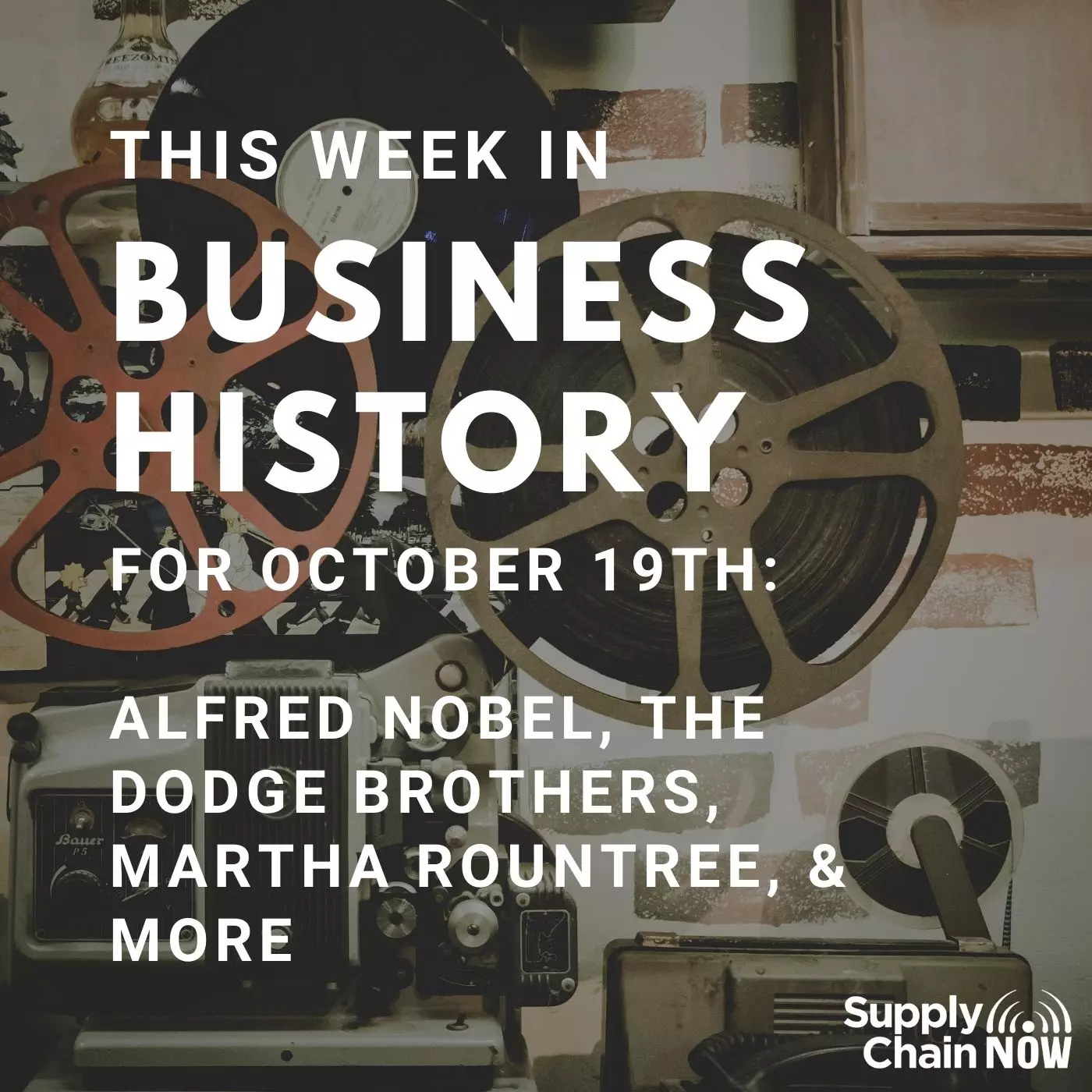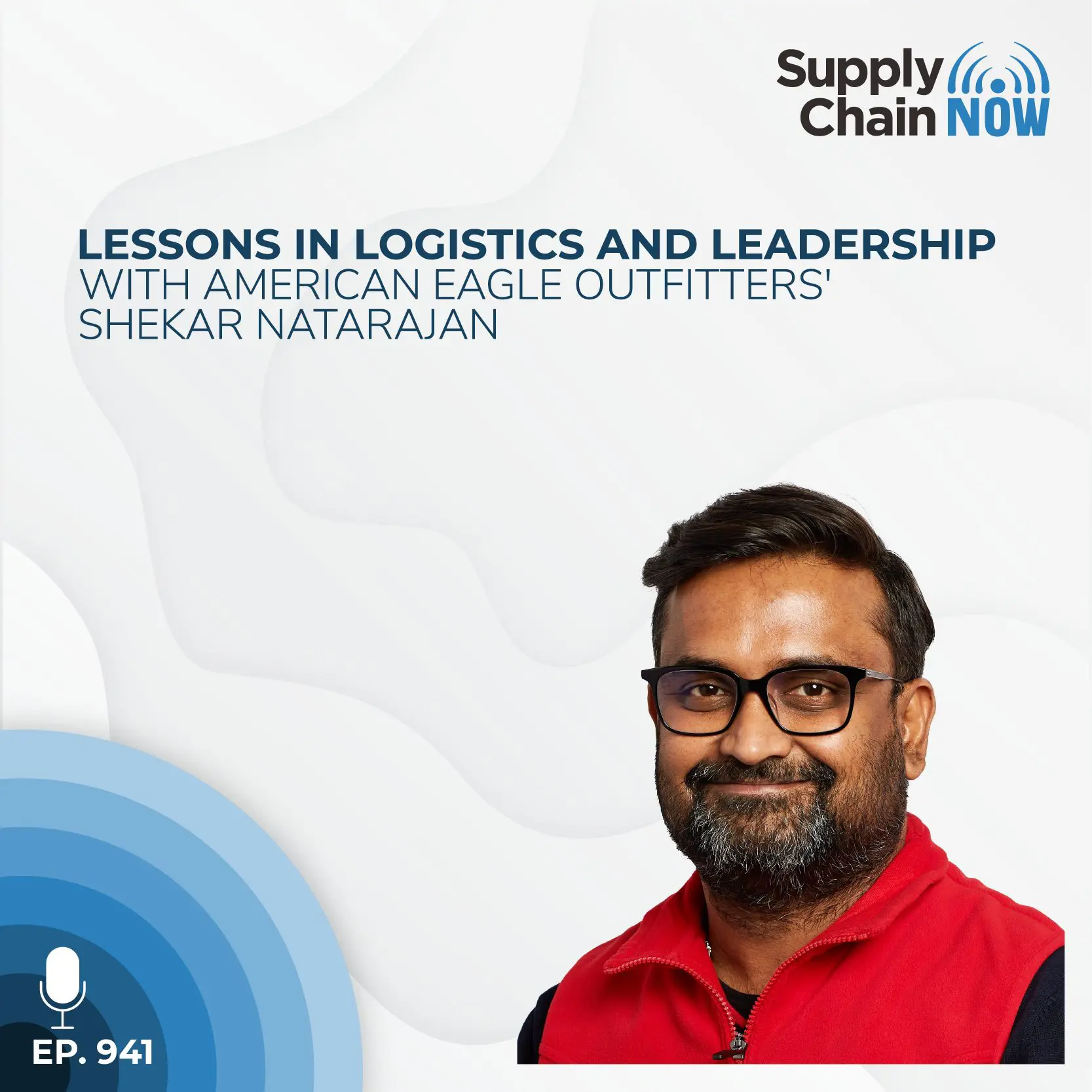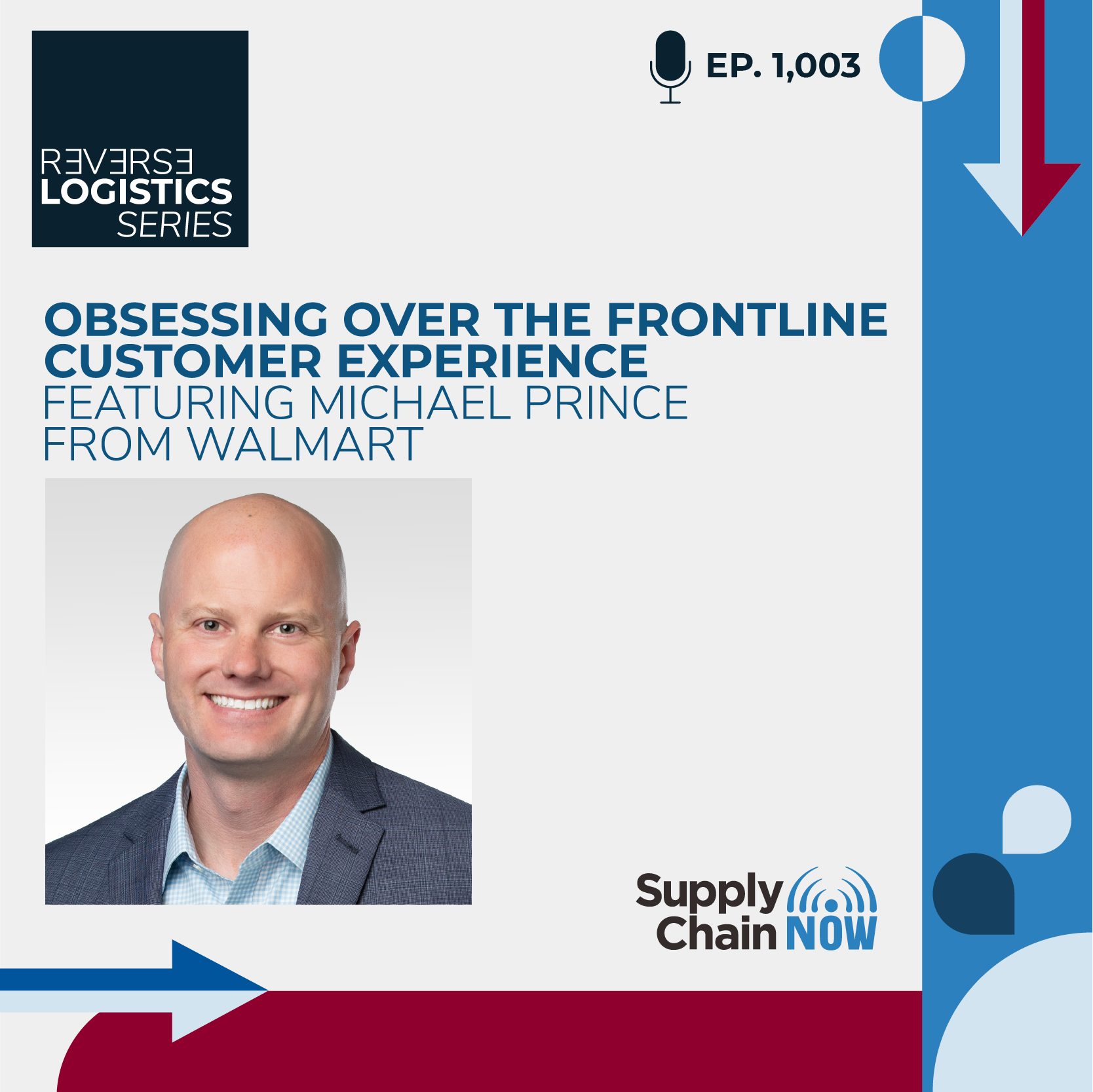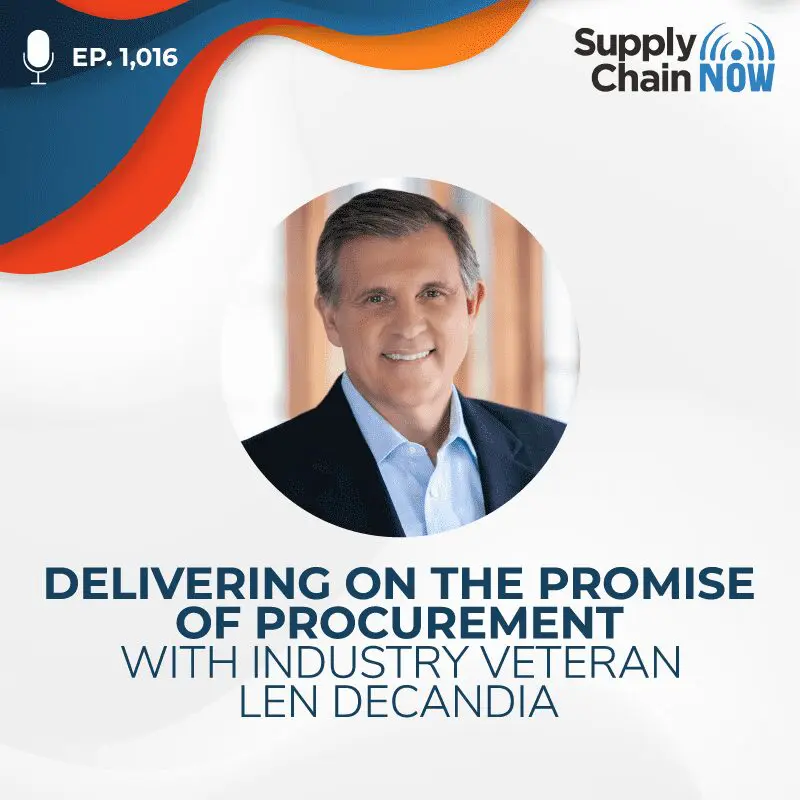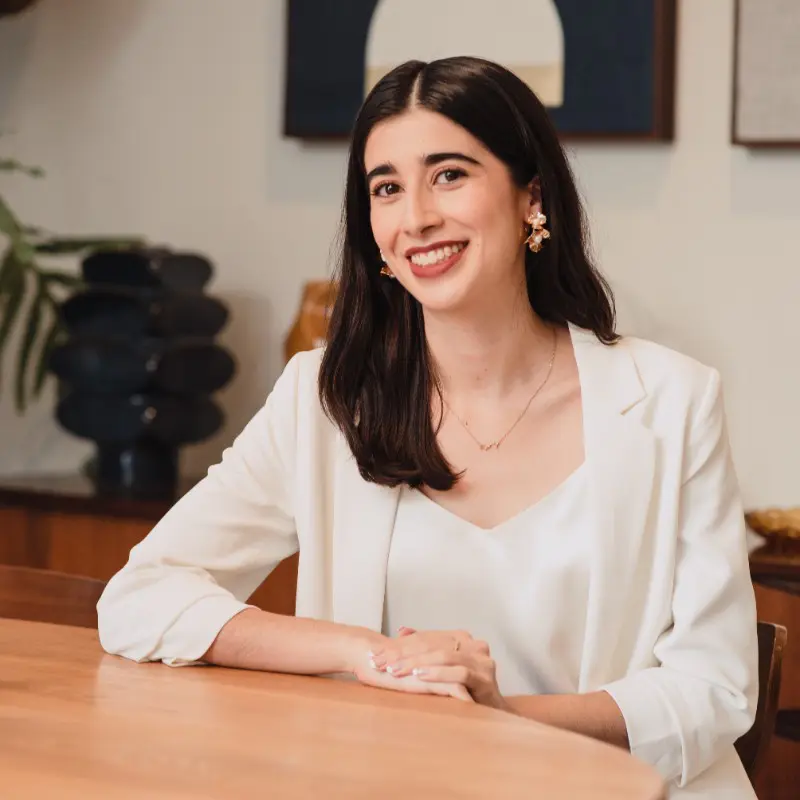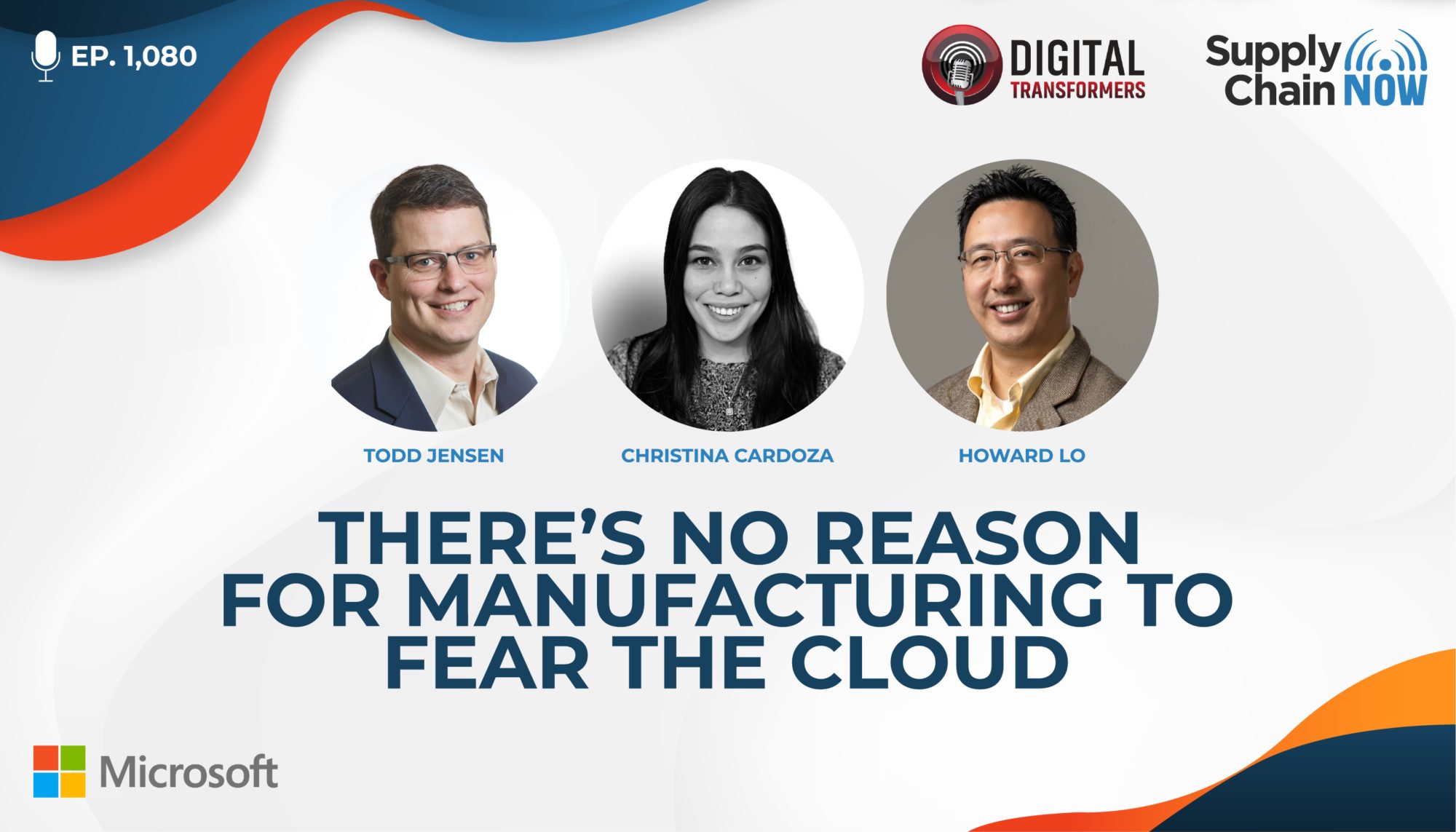
Hybrid cloud is here to stay; Hybrid cloud is a bridge between on-premise and the cloud, as you can decide the part of the journey you want to undertake. You have to have an infrastructure that allows you to build around these technologies.
-Howard Lo, Vice President at DataON
Episode Summary
Building a modern tech stack isn’t a task – it is a journey. With so much changing outside of companies, it takes real courage to drive digital change internally, especially for companies in the manufacturing space.
This interview brings together an all-star panel. Howard Lo has over 20 years of tech leadership experience and is a Vice President at DataON. Todd Jensen is a Field Sales Manager at Intel Corporation. He has worked in the tech industry since 1996 and has spent the last seven years at Intel focused on partnering with Microsoft to grow their joint business with Azure Edge customers and channels. Christina Cardoza is the Editorial Director at insight.tech, a global publication that features a wide variety of companies across the Intel Partner Alliance.
In this episode, Howard, Todd, and Christina join co-hosts Scott Luton and Kevin L. Jackson to discuss the unique technology-related challenges – and opportunities – facing manufacturers today:
• How manufacturers can modernize their infrastructure by leveraging the benefits of cloud through a hybrid cloud infrastructure
• Separating tech needs from data quality issues, and doing so in a way that allows companies the flexibility they need
• Why hybrid cloud capabilities may be the perfect way for manufacturers to transition from on-prem hosting to the cloud
Episode Transcript
Intro/Outro (00:03):
Welcome to Supply Chain Now, the voice of global supply chain. Supply Chain Now focuses on the best in the business for our worldwide audience, the people, the technologies, the best practices, and today’s critical issues, the challenges and opportunities. Stay tuned to hear from those making global business happen right here on Supply Chain Now.
Scott Luton (00:32):
Hey. Hey. Good morning, good afternoon, good evening. Scott Luton and, the one and only, Kevin L. Jackson with you here on Supply Chain Now. Welcome to today’s show. Kevin, how are you doing?
Kevin L. Jackson (00:41):
Hey, it’s great today. It’s getting warmer. I think summer is right around the corner.
Scott Luton (00:48):
Man, you really do move at the speed of light, Kevin. I love that. But what you’re probably really giddy about, as am I, is this outstanding show we’ve got teed up here today. We’ve got a wonderful panel. We’ll be covering a lot of ground, especially on what manufacturing leaders – one of our favorite industries – got to keep in mind when it comes to cloud computing in 2023 and beyond. Kevin, heck of a show teed up, right?
Kevin L. Jackson (01:14):
Yeah. Absolutely. And, you know, manufacturers are scared of cloud, I don’t know why. But we’re going to get rid of that fear today, right now.
Scott Luton (01:25):
I love it. All right. Stay tuned, folks. Hey, quick programming, today’s episode is presented in partnership with our friends at Microsoft, who’s doing some pretty cool things in industry, including in the world of manufacturing.
Kevin L. Jackson (01:38):
Yeah. Absolutely. Let’s do this.
Scott Luton (01:41):
So, we’ve got a homerun lineup here today. I want to first introduce Howard Lo, Vice President for Sales and Marketing at DataON, an industry leading provider of hybrid cloud solutions for Microsoft, Azure Stack HCI with cloud-based Azure services. So, Howard brings over 20 years of tech leadership to the table and is based in Orange County, California. Howard, how are you doing?
Howard Lo (02:02):
I’m doing very well. It’s a pleasure to be here.
Scott Luton (02:05):
You bet. Welcome. Welcome. We love your swag, Howard. We’re going to have to get hooked up after the fact today.
Howard Lo (02:12):
Everybody gets one.
Kevin L. Jackson (02:13):
Excellent.
Scott Luton (02:13):
Okay. We’re holding you to that.
Kevin L. Jackson (02:17):
I got a slot in my closet for that.
Scott Luton (02:21):
All right. So, joining Howard, we’ve got Todd Jensen, Field Sales Manager for Intel, the industry leader that is creating world changing technology that enables global progress on a variety of fronts. So, based in Washington State, Todd’s been in the tech industry since 1996, with the last seven years of Intel being focused on partnering with Microsoft to grow their joint business with Azure Edge customers and channels. Todd, how are you doing?
Todd Jensen (02:48):
I’m well. How are you?
Scott Luton (02:50):
We’re doing wonderful. Great to see you here. I really enjoyed our pre-show conversations. And joining Howard and Todd, we’ve got Christina Cardoza, Editorial Director with insight.tech, a global publication that features a wide variety of companies across the Intel Partner Alliance. Now, since receiving her bachelor’s in journalism from Stony Brook University in 2012, Christina has spent her entire career focused on covering the technology space. So, Christina, great to have you here.
Christina Cardoza (03:20):
Yeah, great to be here. Excited to dig deeper into this conversation today.
Scott Luton (03:24):
We are too. We are too. So, Kevin, we had to work through the agents of the these homerun panelists here today to get them booked, huh?
Kevin L. Jackson (03:33):
Yeah. Absolutely. But, you know, I actually have worked with DataON, specifically because they’re part of the Intel Marketplace and they are highlighted for their use of the hyperconverged infrastructure. And I actually had the opportunity to create some content and publish it with insight.tech. So, I feel like I’m at home here.
Scott Luton (04:03):
Okay. So, you’re like second cousins or something, right? HCI. I love it. Well, let’s get started with our panel in earnest tier. Great to have y’all. We’ll start by level setting a bit here. So, Howard, I want to start with you. So, when you survey global industry, especially the manufacturing space right now, what’s one trend or challenge that you’re tracking more than others?
Howard Lo (04:28):
You know, Scott, that’s a really good question. To start off, thank you for the opportunity. It’s great to be here today. Kevin is an industry leader. Just a little background, DataON has been a long standing partner with Microsoft and Intel specifically, and we pride ourselves on being a forefront of hybrid cloud computing. I speak to customer all day, every morning, every day, and I think one of the key trend I’ve been seeing talking with manufacturing customer is a concept of modernized IT and, really, the concept of hybrid cloud. Those are two key topics that stands out more and more as I talk to industry leaders within the manufacturing, how they continue to innovate and make sure they could look at technology, and how they could modernize their processes with the more advanced computing powers, how they modernize their overall infrastructure with ability to leverage the benefit of cloud or hybrid cloud infrastructure. To me, those are two key trends I’ve been seeing more and more as I have this conversation with manufacturing leaders.
Scott Luton (05:32):
That’s a great start, Howard. I appreciate you sharing. Kevin, I bet you’re seeing a lot of what Howard is describing out here?
Kevin L. Jackson (05:39):
Yeah. One of the things though, specifically in the manufacturing industry, is, they have a love for their on-premise infrastructure. So, the whole concept of having IET in the cloud is kind of scary for them. Howard, do you, do you see that?
Howard Lo (06:04):
I do see that. And I think this is why when we talk to customer, especially manufacturing, we always emphasize the concept of having a journey. It’s a journey to the hybrid cloud. It is not a one step solve all the issue discussion. Like you say, many people are not used to putting all their workload in the cloud. There would be security discussion, data sovereignty discussion, performance discussion. So, we have conversations all about which part of the journey would you like to have that conversation and how data on Microsoft and Intel could really help you start that journey. And, really, every part of journey require different facet of technology, and our goal is provide those capability and knowledge and advice to the customer so they can have the right journey.
Kevin L. Jackson (06:55):
Yeah. I think it’s also important to note that it’s kind of like a journey without a destination. Because of the constant change across the industry vertical and information technology, you always have to understand what’s coming, what’s your business model, how the technology can actually help you with your goals, and how you may tweak, change, upgrade your hybrid IET environment as things move forward.
Scott Luton (07:30):
Nope. There’s certainly no finish line, it doesn’t seem, ever, in our efforts to do it quicker, faster, stronger, more secure. So, I want to bring in Todd. Todd, talk about some of what you’re seeing out there in global industry.
Todd Jensen (07:44):
You know, to kind of echo what both Howard and Kevin were talking about, the decision point is really about what’s best for your company, not should I be here or should I be there. But based upon your individual need, what do you need to have deployed, and then how do you do that in a fashion that enables flexibility. And so, some of the new trends right now around containers breaking up the VM structure and using a container structure that can be consistent across your clouds, if you have a presence in the public cloud, and your on-prem cloud, your factory cloud, your IT cloud, your factory cloud, all of the different things that you may have. Having right ones kind of run anywhere kind of scenario kind of helps in that distribution of the compute.
Todd Jensen (08:45):
Because latency is a real issue. Data sovereignty is a very real issue. And while you may be able to solve that with a public cloud, the cost structure may not be in place to solve it either. So, there’s lots of ways to do this. But the real question is, it is a journey and it’s a journey that changes over time. So, because it changes over time, you need to build in flexibility when you start. And building that flexibility is around management. And what I see more and more is the containerization of the work, of the applications, the IP, the other things getting it into a container structure that lets it be fairly – I’ll call it slippery. It’s probably the not right term, but it lets it slide across. It can run on your premises. It can run on a DataON thing. It can run on an Azure thing or an AWS thing or whoever’s thing. That’s where you need that flexibility.
Scott Luton (09:45):
You know, Todd, let’s go with your term. I think slippery is a pretty awkward observation, right? Highly technical. I love it. Hey, Kevin, before I get you to weigh in on what Todd shared, let me bring in Christina as well and just get some opening comments here on what we’re seeing out in the industry. Christina, what are you seeing?
Christina Cardoza (10:03):
Yeah. Great. Thanks, Scott. To piggyback off of what Howard and Todd was saying, I think the big trend we are seeing, or I would say the big keyword, is modernization. You know, we talk at insight.tech to a lot of Intel Partner Alliance members, and across the board, they’re trying to modernize their operations. And that incorporates many things which we’ll discuss today, like automation, cloud, and AI. And because like what Todd and Kevin were saying, this is a journey without a destination. This ongoing evolution, it makes it a trend, but also a challenge because there’s many different ways to go about it. There’s many new ways to go about it everyday. And while manufacturers know the importance of Industry 4.0, I don’t think it’s always clear how they can get there. So, it’s a struggle on how to leverage all this data. But while it is a broad trend, I think the biggest takeaway is that they’re all just trying to modernize and compete in this ongoing digital transformation world.
Scott Luton (10:56):
Well said, Christina. The struggle is real, for sure. So, Kevin, cherry picking there, we heard from Howard and Christina about leveling up. And Howard made a great comment about we’re not trying to microwave over do anything overnight, no magic wand, it’s a deliberate journey. Of course, Todd spoke about containerization and how slippery some of this change in some of this digital transformation can be. And, of course, modernization. Everybody’s looking to compete stronger and safer and deliver more for customers alike and win new business. Kevin, what’d you hear amongst our panel here?
Kevin L. Jackson (11:33):
Well, one of the things that’s kind of interesting, cloud computing is all about not really focusing on the technology. The technology is supposed to be obscured from the user. You’re looking at technology services. But the technology is key to being able to be seamless across your public cloud, your private cloud, and maybe in multiple public clouds that you may need to work across. And Todd was talking about containers, because containers is now the way that you can take a consistent build across multiple clouds, your private cloud and your public cloud. And I think that’s really critical to protecting the data. And that’s something I know Howard was talking about, the fear of losing your data or data protection. And I know Christina, from her point of view, she has to educate the market, not only on what’s available today, but what’s coming down the road. Because you’re right, change is real, but it’s also accelerating.
Kevin L. Jackson (13:12):
Before, people would kind of be scared of the new thing and they would say, “Let me wait a few years before I adopt that new version.” But nowadays, if you wait three or four months, your clients, your customers would leave because they expect you to be right on the leading edge. So, this is a new world and manufacturers really need to understand that change is real, it’s continuous, and it’s accelerating.
Scott Luton (13:50):
That’s right. And, certainly, as you point out and rightfully so, Kevin, there are big costs to being slow to embrace new technology that can change a game for your teammates, your colleagues, the team, but also the market and your customers. So, we’re going to get into the center part of our conversation, folks. As y’all can tell, we’ve got an outstanding panel. We’re going to move into the heart of the matter here. And I’m going to start with Todd here. Really, the whole panel here touched on this a little bit, but I want to dive a little deeper, what must manufacturing leaders keep in mind this year in 2023 and beyond when it comes to leveraging the power of cloud computing?
Todd Jensen (14:35):
One of the main things they need to do is they need to think about the end they’re after. And not only the am I solving my immediate production need, but how do I build AI security, all of these other things that are kind of coming, how do they build that into their approach and their platform. Because if you’re just starting, the choices you make at the beginning are really important. And so, you want to make sure that as you make those choices, you know the end state you’re trying to get to.
Todd Jensen (15:14):
So, if you’re doing a big AI kind of push, you’re going to have a bunch of VR stuff, what is the infrastructure, what is the management pieces, the management capability you’re going to have as a result. So, as an example, if you’re going to have a bunch of visual inferencing that’s going to be working, how do you manage all of those devices? How do you keep all those devices up to date? What is the compute that happens on each one of those devices versus centrally? How do you want to structure that? And how smart do you want to have each individual piece of the compute chain? Because all of that has cost implications, they also has throughput implications, how quickly do you need to make decisions. So, it’s more than just I want to just enable a visual inference thing, a quality check, visual quality check of my products. How quickly do you need to have that done? How does that play into your manufacturing processes in your manufacturing line?
Todd Jensen (16:28):
So, as you work through this, you really have to think almost like you’re designing a product. Like, when you’re manufacturing, you design a product, you think about all the different ways in which that product’s going to be used, and how it’s going to break, and how you’re going to manage it over time. It is the same thing when you start getting into a real distributed computing model, you need to take that same kind of due diligence and approach, and then leave yourself as much flexibility as you can to ensure you can make changes over time.
Scott Luton (16:58):
So, Todd, I love that, starting with the outcomes in mind. Because what I’m hearing you say is, let’s not make it more complex than it has to be. No more. No less. Let’s build it based on what we’re after. Is that right, Todd?
Todd Jensen (17:13):
You build it off of where you want to be, and then as much as you can build in flexibility. Because, as mentioned, technology is going to change over time, so there’s two ways you can approach it. You can either try to future-proof yourself or you do spot bills and you try to minimize your cost on your spot bill, and then you just look to replace that over time. Depending on your business, you may choose different approaches. Like, am I going to go a minimum cost quickest deployment but I’m after a very targeted activity. That if you know you’re going to have that activity, that business process that’s going to be unchanged for a good amount of time, that’s a good approach to go. But if you know things are going to change in your factory line or something else, then you may want to build on a little bit more flexibility because it’s not cheap to swap out hardware every four, five years.
Scott Luton (18:13):
That’s not going to make CFOs happy. Kevin, I’ll get you to weigh in on what we heard here from Todd.
Kevin L. Jackson (18:19):
Yeah. One of the things you really understand as a manufacturer is that you have to think about manufacturing for a marketplace of one, because it’s really all about customization. Every customer wants what they want, and this requires a lot of visibility. Not only visibility with what the end client and customer wants, but the data that is needed to reflect those desires and needs. And as well, I mean, this is a Supply Chain Now show, we have to have visibility into the supply chain so that you can know what components are needed when they are needed, so that you can meet the customer’s expectation. And this is critical in manufacturing.
Scott Luton (19:17):
Well said, Kevin. Because visibility and supply chain, as you mentioned, it’s not nice to have anymore as it was years ago. You got to have it. It’s a must-have. It’s table stakes. Christina, I want to bring you in here. Again, we’re thinking about what manufacturing leaders got to keep in mind when it comes to cloud computing here, this year, next, and beyond, what comes to your mind?
Christina Cardoza (19:38):
Yeah. Absolutely. So, we’ve heard a couple of different buzzwords, hybrid cloud, private cloud, public cloud. But when I talk to organizations, I think there’s a misconception that it’s all or nothing. They think that they have to go all cloud or be all prem. But there are many different approaches that they can take, and that doesn’t mean moving to cloud means everything has to move off of premise. So, I would agree with what Todd said, manufacturers should look at their outcomes, operations, and solutions, and then figure out what their approach should be from there. While the cloud will give them the freedom and flexibility they need, on-premise will give them the control of their data and hardware and platforms. So, you know, a hybrid cloud approach can be very valuable because it’s going to take some burden off the IT staff by moving things to the cloud, but then it’s going to give them the ability to keep more mission critical applications on-prem so that everything remains reliable, up and running.
Christina Cardoza (20:32):
And then, the last thing I’ll just add is that, you know, there’s also an edge component to this. I see a lot of organizations utilizing a cloud edge approach, moving the data closer to the source so they can gain real-time insights into their operation’s visibility, and that allows them to improve operations. And then, they use the cloud to dig deeper and make predictions based on what they’re seeing.
Scott Luton (20:55):
Love that. And, Kevin, I’m going to get you to weigh in on what we heard there. I want to bring Howard in really quick. Christina, a lot of good stuff, you and Todd and Kevin. Howard, what do manufacturing leaders got to keep in mind when it comes to leveraging the power of cloud computing this year and beyond?
Howard Lo (21:11):
A lot come to mind. I think what Todd said, and Christina and Kevin said all applies. But in the real world today, I think the manufacturing leader really need to embrace a technology aspect of what’s available and understand the roadmap. The great news is, there is a hybrid cloud platform today that allows you to do everything you want. And let me emphasize on that, and not to plug anything of what Intel or Microsoft does, but that’s kind of our world that I live in on a daily basis.
Howard Lo (21:49):
A hybrid cloud means that you could build an on-premises hardware infrastructure that sits in your data center. What Kevin says, you own your data. You have the scary thing about not putting your data on a cloud. You own your data. By the same time taking cloud services and render on-premises at your will, that is the concept of Azure Stack HCI. It’s a hyperconverged infrastructure that sits in your data center, that runs your traditional workload, storage, compute, AI on the edge. But at the same time, you could go to Azure and say, “I want this Kubernetes service container and bring it on-premise and run it here in my data center,” and all I do is orchestrate. I want to take the virtual desktop workload and put it down here. I want to manage SQL from the cloud and put it down here. You still own your data. You control the data sovereignty, privacy, security, but you are taking a power of cloud and doing orchestration. That is hybrid cloud. That is the journey of where you decide how much you want to run on-premises, how much you want to take advantage of cloud. That is true hybrid cloud. That’s one piece of it.
Howard Lo (23:05):
The second piece that I think was very important, I think alluded by even Kevin or Christina is, hey, there are multiple clouds out there. You don’t have to pick one. I’m not an advocate saying whether or not it’s Microsoft, AWS, or Google. They’re all great in my opinion. However, the ability to manage multi-cloud is also a critical piece. That’s what Microsoft Arc is about, ability to have a single management plane in the cloud and manage all your workload either on-prem, just like ACI, AWS workload, Google workload, everything as a service. Now, you can manage everything as a single pane of glass, as a multi-cloud management platform.
Howard Lo (23:47):
These technology power are available today with the help of Intel and Microsoft, data is engaging with manufacturing customer who has hundreds of sites with Edge computing, with the cloud, central data center, but they’re taking advantage of this hybrid cloud platform and really, really getting on this hybrid cloud journey. And to me, this is the key of what this hybrid cloud on-prem really come about, is ability to understand where you’re at and taking advantage of technology today.
Scott Luton (24:18):
Howard, I love that. And, Kevin, I’m coming to you. I think that Howard’s passion alone could power a manufacturing plant. Did y’all hear that come through? I love that. Really, that speaks to me.
Kevin L. Jackson (24:28):
Oh, yeah. Absolutely.
Scott Luton (24:29):
So, Kevin, I’ll get you to weigh in on what you heard what Todd, Christina, and Howard all kind of shared in terms of what leaders have to keep in mind. And then, let’s get your take as well.
Kevin L. Jackson (24:41):
So, I think the big tech takeaway here is that hybrid means multiple options. And there’s a need to have visibility in those options and to control those options in real time that align with your business model or your business process. And no one option will support all of your business processes. Every business process may have a different structure, you know, 20 percent cloud, 80 percent on-prem, no 50 percent cloud, 50percent on-prem. And that actually may change from day-to-day or product-to-product. So, the decision makers need to have tools like Arc, for instance, that will enable you to look at what services are available, the cost of those services from the different sources because that cost will affect your end price, the availability of those different services so that you can pick, choose, select, deselect at will.
Kevin L. Jackson (26:04):
But the other, I think, even more important aspect of this, and this is really at the manufacturers, this is what the CIOs need to understand, is, you have to have the governance that’s designed around a hybrid IET or a hybrid cloud model. Your workers, your middle management need to understand the trades between doing something on-premise and doing something in the cloud, and have guidance on how to pick and choose. And this is not just a technology thing, it is a finance thing. It is a cost of goods thing. It is a customer service thing, being able to deliver what the customer wants on time with the right configurations that they want. So, it’s a hybrid industry. It’s hybrid IET. It’s hybrid cloud. It’s hybrid business processes. And you need to have the governance to support this is the way to do modern global business today.
Scott Luton (27:38):
All right. Kevin, I love the picture that you paint. And you’re going to pose an interesting question here in just a moment to our panel about what’s going to come. They’re going to break out their crystal ball in just a second. All right. So, before we get into this next question, I can’t wait to see what y’all have to say about, if your crystal balls are working – mine’s been broke for at least six or seven years it feels like now – Christina, respond to what we heard there. We just finished a segment where all of us were talking about what manufacturing leaders got to keep in mind, your quick follow-up commentary there.
Christina Cardoza (28:14):
Yeah. I would just add that I love what Kevin said, you know, hybrid cloud really means that you have multiple options or multiple different choices. Like, I mentioned earlier, organizations feel like they have to go all-in-one thing or nothing or sometimes they avoid moving to the cloud because they feel like they’re going to get locked into a different vendor or not be able to scale and future-proof, like we’ve been talking about. But I love hearing about the products, like the one that Microsoft offers, because it’s enabling them to really pick and choose the approach that they need at a cost that is appropriate to them. So, like Kevin said, this is an investment also. And so, it helps them make the best investment and really future-proof their operations, you know, going forward.
Scott Luton (29:00):
Well said. There’s lots and lots of options. And that’s a beautiful thing, Christina. Howard, let’s come to you, get your quick follow up to what we heard here.
Howard Lo (29:08):
Yeah. I think for me, I want to make sure I talk specific use cases, be real to the audience here. When we talk about hybrid cloud – and I’ll use very specific use cases – for many manufacturing company that we talk to, they have AI intelligence at the edge, ability to have an infrastructure at the edge. In many sites, the ability to collect these data is critical, so they have these processes at the edge. Now, that’s on-prem. Hybrid cloud comes in, is when you have storing all these data. Why do you have to spend all the money storing? You can put in the cloud. Now, you can see very easily how an on-prem and cloud connects together, where you have AI at the edge, where you have GPU from Intel at the edge, and then you have the cloud capability from Microsoft. You could collect all the data and analyze in the cloud and really bring it all together. That is a very specific manufacturing use case that our manufacture uses today as a hybrid cloud model to take advantage of on-prem and cloud in a hybrid cloud environment.
Scott Luton (30:14):
I love that. You get your cake and eat it, too, in many ways by leveraging different components of the solution. Well said there, Howard. Todd, as we round out this segment here, what’d you hear or what’s your final comment?
Todd Jensen (30:28):
Yeah. If you’re in IT or OT, you have to get educated. You cannot just, you know, have a sales guy come in and say, “Well, this is what you should be doing.” Because there’s so much in the choice that you need to make, that you really need to get educated around the technologies and then how you want to best use those technologies. Because the choices is so high or you have so many choices, therefore, you need to get real specific and get real targeted around the things that you care about. And, also, the cost structures and the infrastructure you existing have plus what you’re going to add onto. And you need to not think about it in terms of things that are in my data center versus things that run in the factory. In reality, it’s all going to be the same in the future. There is no difference between IT and OT. And that management capabilities of, like, ARC and other cloud vendors that have management capabilities are going to make that happen. That, in containers, are going to make it happen. So, there’s no difference between IT and OT in the future. So, just embrace all those business partners. If you’re an IT guy, if you’re an OT guy, start leveraging your IT guys. You can’t be on separate pages.
Scott Luton (31:52):
I love that. You got to educate yourself where you started. And knowledge and bandwidth is certainly power. Okay. So, Kevin, I want to toss it over to you. Todd, gave us a natural segue because he was kind of talking about future looking. Where are we going next with our esteemed panel?
Kevin L. Jackson (32:08):
Well, first of all, the future is now. We’ve been talking about the future in the 2020s, you know, forever. And we’re there. It’ll be ten years before you would renew your IET. But now an IET is updated every month. I mean, your smartphone, you put it down when you go to sleep, and the next day it’s a new smartphone with all new capabilities. So, what do we, in the manufacturing industry, need to think about or expect in the next two or three years? So, I’d really like to get a fearless, bold prediction from our panel on that. So, maybe, Christina.
Christina Cardoza (33:04):
Yeah. Absolutely. It’s hard to pick just one or even to predict because, like you said, it’s constantly evolving and changing everyday. So, I don’t know if this is a bold and fearless one. It is a little bit of a safe and stable prediction that I have over the next couple of years. But I’m going to say, you know, the importance of 5G and private 5G in the manufacturing industry over the next couple of years. We’ve heard about 5G in the consumer space, but I think it’s still fairly new in the manufacturing space, because we’ve had to ensure that the products work. Imagine if a 5G device stops working, it can take down the entire operation, and that could be really bad for manufacturers. So, I think over the next couple of years, this move to 5G, it’s going to become more stable. We’re going to see more manufacturers leveraging the technology for just speed and latency to power things, like the modernized operations we’ve been talking about, autonomous robots, autonomous vehicles, improving worker safety.
Christina Cardoza (34:02):
Now, how does this fit into this cloud conversation that we’ve been having? I think it’s just going to help manufacturers become more effective as they move to the cloud and as they work to modernize their operations. It’s going to help them run more smoothly, improve security, enable that edge computing piece that I was talking about earlier, and really streamline the operations.
Christina Cardoza (34:23):
And then, the last thing I’ll just mention before we let the other panelists go is just, I hear a lot of organizations already looking towards 6G or talking towards 6G, and it can be really exciting to sort of jump on the shiniest object in the room. But I would say, slow down. We are still years away before 6G becomes a reality for manufacturers. The value is going to be in 5G, and so that’s where I would put my focus over the next couple of years when talking to manufacturers.
Kevin L. Jackson (34:52):
Yeah. I really like your viewpoint on that. I always look at 5G as the data center, you know, compute and storage, leaving the data center, and going out over the network to the edge. So, that’s why I’m really interested in what Todd has to say what’s going to happen in the next two or three years. Because I mean, Intel is really about that technology in the data center. So, what’s bold? What do you see coming?
Todd Jensen (35:29):
Yeah. If I want to be real bold, I’d turn around and say in the next three to five years, security on-premise in the cloud is going to be just as good as on-premise. And some of the government regulatory things that are kind of outside of the technology industry’s control have a way on what you do. The other is, in three to five years, AI will be mainstream. And if you haven’t already embraced it, you’re late.
Kevin L. Jackson (36:01):
If you haven’t embraced it, you are already late. Wow. Wow. That’s a bold statement. So, Howard, as you are talking to your customers and you’re trying to help them understand the journey, I would imagine you have a near term, a midterm, and a long term for that journey. But could you sort of give us an idea of what’s the scale of your short term? Is it two months? It’s not two years anymore. And when you look at this journey, what is in two to three years for your clients?
Howard Lo (36:50):
It shouldn’t be a surprise on my prediction. My prediction is hybrid clouds here to stay. Hybrid cloud is that bridge between on-premise and the cloud, and for you to decide what part of journey you want to be. I think embracing all the technology and a prediction from Todd and Christina, you know, you have to have an infrastructure that you can really build around these technology. And hybrid cloud allows you to do that. You could bring security from the cloud to be hybrid cloud. You could build governance in hybrid cloud. You could have all your workload on-prem move it around in the cloud. So, we believe hybrid cloud’s here to stay. And if you are a customer and you haven’t really stepped on this journey, definitely do look into it, understanding what that looks like, and understanding how you could get your organization to take advantage of this technology and this movement of hybrid cloud.
Kevin L. Jackson (37:47):
Wow. Thank you. That’s awesome.
Scott Luton (37:49):
So, Kevin, I love that collection of predictions. Now, as we all love bold and fearless, I want to go back to something that Christina said, because, I bet, looking back over the last two or three years, we’d all love more safe and stable predictions and state of being as well, right? All right. So, Kevin, before we make sure folks can connect with our incredible panel here, we’ve really enjoyed and learned a lot from our conversations, do you want to throw in your own bold and fearless prediction, Kevin?
Kevin L. Jackson (38:23):
Well, I predict that hybrid cloud will be the natural solution across every industry. And that the visibility into your data, the need around data protection, data privacy, the regulations that government was going to put in place, all of that is going to support the transition and the use of global hybrid cloud environments. And I believe that’s true because that’s the only way industry can meet their customer’s requirements and demands. I mean, we’re not going to go away from globalization. It’s not going away. And manufacturers are going to be in the thick of that and hybrid cloud is the only way. So, I’m there with Howard.
Scott Luton (39:37):
Well said, Kevin. More production shifts, more transparency, more visibility, a lot more automation in markets that, maybe, have been a little behind the curve. And we’re going to have to have many of the technology game plans, that are our panelists have spoken to here today, to take advantage of that and take hold of the opportunity that exists out there.
Scott Luton (40:00):
Okay. I really have enjoyed it. And this could easily be like a War and Remembrance eight part series with this panel here. But we’re going to have to leave it here. A little throwback to any fellow kids of the ’80s out there. Christina Cardoza, Editorial Director with insight.tech, how can folks connect with you and all the great work you do?
Christina Cardoza (40:21):
Yeah. I would invite our listeners to visit insight.tech, that’s the URL. And we have, you know, a wealth of articles and podcasts on this topic as well as other technology trends and business solutions in the IOT space. And I won’t give you the alphabet soup of all of my LinkedIn and Twitter handle, but you can find insight.tech social media channels on the upper right corner of our website. And you can also find out how to connect with me there as well. I’d love to connect with you on Twitter and LinkedIn and continue this conversation.
Scott Luton (40:52):
I love that. Thank you so much, Christina. I appreciate what you do to move the industry forward for sure. Howard Lo, Howard, how can folks connect with you as Vice President for Sales and Marketing at DataON? How can folks connect with you?
Howard Lo (41:06):
Just visit our website, dataonstorage.com, and I’m sure there’s, there’s plenty people there that could engage with you live or you could email us. There’s plenty of way to reach people at DataON, so just Google or type in dataonstorage.com, and look at all the content in understanding the hybrid cloud journey that many, many customer diverse is on the website with their testimonial, especially manufacturing customers and what they did in this journey. And happy to engage.
Scott Luton (41:37):
Love that. Thank you, Howard. And we’re going to make it easy based on what Christina and Howard have both shared. You’re going to find information about our guests, including ways, one click away from connecting with them. All right. So, Todd Jensen, Field Sales Manager for Intel – really enjoyed your perspective as well – how can folks connect with you and Intel?
Todd Jensen (41:56):
It’s the same as Howard, go to intel.com. In there, there’s market ready solutions, there’s solution briefs, there’s things you can go look at. You can see products from DataON there. You can see products from other manufacturers. You’ll get to see how people are actually using the cutting edge stuff, so Intel AI, Intel market ready Solutions. There’s a bunch as it spans across, because as you go from kind of the heavier edge in IT all the way down to little teeny devices at the edge, that’s a big span of compute difference in how you manage those things. So, get into any one of these sites and dig in and start to learn because there’s a lot to learn.
Scott Luton (42:39):
That’s right. Every moment you wait, you’re getting behind, ain’t it right, Todd?
Todd Jensen (42:44):
That’s right. That’s right.
Scott Luton (42:45):
Well, big thanks to Todd Jensen and the Intel team for all they do. All right. Before we go here, of course, Kevin, big thanks to our cloud of partners over at Microsoft for helping to make today’s show happen. Kevin, how can folks connect with you and learn more about Digital Transformers?
Kevin L. Jackson (43:02):
Well, you can connect with me through my many articles on insight.tech. For the past few years, I’ve really enjoyed learning a lot about the Intel market ready marketplace and all the technologies, including DataON and others. And we highlight how industries are leveraging advanced technologies, including cloud computing on digital transformers, where we highlight the companies and executives that are transforming their industries executives, like Howard Lo, by the way. And you can find us on Supply Chain Now. We are there.
Scott Luton (43:53):
It’s just that easy.
Kevin L. Jackson (43:53):
Yes, it’s just that easy. But we also like people to keep track of Digital Transformers because we highlight a lot of the technologies that are layered on top of Microsoft Azure to make it easier, better, quicker, faster to address and target and attain your business goals through hybrid cloud.
Scott Luton (44:22):
I love this stuff there, Kevin. And as you kind of implied, there’s so much more we got to talk about, so folks need to lean into the great work Kevin and the team are doing at Digital Transformers. You can find that wherever you get your podcast from.
Scott Luton (44:36):
Okay. Big thanks again to Howard and Todd and Christina. Big thanks to our friends at Microsoft. Kevin, always a pleasure to knock out these episodes with you.
Kevin L. Jackson (44:43):
Thank you. I enjoyed this. This is fun.
Scott Luton (44:47):
I learned a ton. I think I’ve got 18 pages of acronyms I got to go back and study. So, like Todd suggested, I got to educate myself.
Kevin L. Jackson (44:55):
Education.
Scott Luton (44:55):
But, hey, to our listeners, hopefully, you’ve enjoyed this episode as much as we have learned a ton here between this outstanding panel. Find Supply Chain Now and Digital Transformers wherever you get your podcast. Scott Luton signing off for now, challenging all of our listeners to do good, to give forward, and to be the change that’s needed. We’ll see you next time right back here at Supply Chain Now. Thanks everybody.
Intro/Outro (45:17):
Thanks for being a part of our Supply Chain Now community. Check out all of our programming at supplychainnow.com, and make sure you subscribe to Supply Chain Now anywhere you listen to podcasts. And follow us on Facebook, LinkedIn, Twitter, and Instagram. See you next time on Supply Chain Now.
Featured Guests

Christina Cardoza Prior to joining insight.tech, Christina was the News Editor of the software development magazine SD Times and IT operations online publication ITOps Times. She received her bachelor’s degree in journalism from Stony Brook University, and has been writing about software development and technology throughout her entire career. Connect with Christina on LinkedIn.

Todd Jensen, For the past seven years Todd has partnered with Microsoft to grow their joint business with Azure’s Edge customers and channels. Special focus has been on establishing a great customer experience using Intel products with Azure Stack HCI, Windows Server, and SQL. Prior to returning to Intel, he worked at Microsoft in Enterprise + Cloud in the business planning organization for 6 years. Prior to Microsoft, he worked for Infosys as a business consultant. He began his career at Intel and finished his time at Intel developing SMB sales programs in Europe, the Middle East, and Africa. Connect with Todd on LinkedIn.

Howard Lo is a senior sales and marketing professional with a primary focus on helping technology companies through multiple stages of Go-to-Market including marketing & lead generation, inside / field sales, and customer success with revenue growth. Connect with Howard on LinkedIn.
